
Personal Statement Requirements and Application Fees for Graduate School in Clinical and Counseling Psychology: What’s It Gonna Take? PAGE 30 Factors That Lead to Higher Graduation Rates and Less Drop-Out PAGE 20 Qualitative Research in Psychology: Not a Field … Just a Different Way to Learn Stuff PAGE 14 Personal Self-Advocacy in College and the Workplace: The Gentle Art of Self-Promotion PAGE 17 SUMMER 2023 | VOL 28 | NO 4
WWW.PSICHI.ORG
SUMMER 2024 | VOLUME 28 | NUMBER 4
EDITOR Susan Iles
susan.iles@psichi.org
ASSISTANT EDITOR Bradley Cannon bradley.cannon@psichi.org
EDITORIAL ASSISTANT
Elisabeth Barrett elisabeth.barrett@psichi.org
DESIGNER Janet Reiss janet.reiss@psichi.org
Published by Psi Chi, the International Honor Society in Psychology. Founded September 4, 1929, at the Ninth International Congress of Psychology, Yale University, New Haven, Connecticut. Member of the Association of College Honor Societies. Eye on Psi Chi ISSN 1092-0803 (print) and ISSN 2164-9812 (online), is published quarterly by Psi Chi, the International Honor Society in Psychology. All contents ©2024 by Psi Chi. The publication schedule follows the academic year: fall, winter, spring, and summer. All opinions expressed in signed ar ticles are those of the author(s) and do not necessarily reflect those of the editors and/or Psi Chi.
EDITORIAL OFFICE:
Psi Chi Headquarters Street Address: 651 East 4th St., Suite 600 | Chattanooga, TN 37403 Telephone: +1-423-756-2044 Fax: +1-423-265-1529 Email: psichieye@psichi.org | Website: www.psichi.org
Permission must be obtained from Psi Chi to reprint or adapt a table or figure; to reprint quotations exceeding the limits of fair use from one source, and/or to reprint any portion of poetry, prose, or song lyrics. All persons wishing to utilize any of the above materials must write to the publisher to request nonexclusive world rights in all languages to use copyrighted material in the present article and in future print and nonprint editions. All persons wishing to utilize any of the above materials are responsible for obtaining proper permission from copyright owners and are liable for any and all licensing fees required. All persons wishing to utilize any of the above materials must include copies of all permissions and credit lines with the article submission.
Advertisements that appear in Eye on Psi Chi do not represent endorsement by Psi Chi of the advertiser or the product. Psi Chi neither endorses nor is responsible for the content of third-party promotions.
PSI CHI Board of Directors
SOCIETY PRESIDENT Shawn Charlton, PhD presidentelect@psichi.org
PRESIDENT-ELECT Susan Becker, PhD presidentelect@psichi.org
EASTERN REGIONAL VICE-PRESIDENT Ingrid Tulloch, PhD easternvp@psichi.org
MIDWESTERN REGIONAL VICE-PRESIDENT Cossette Fox, PhD midwesternvp@psichi.org
ROCKY MOUNTAIN REGIONAL VICE-PRESIDENT Rona McCall, PhD rockymtnvp@psichi.org
SOUTHEASTERN REGIONAL VICE-PRESIDENT Tammy Zacchilli, PhD southeasternvp@psichi.org
SOUTHWESTERN REGIONAL VICE-PRESIDENT Lisa Rosen PhD southwesternvp@psichi.org
WESTERN REGIONAL VICE-PRESIDENT Brittany Avila, PhD westernvp@psichi.org
EXECUTIVE DIRECTOR Marianne Fallon, PhD marianne.fallon@psichi.org
ABBREVIATIONS

30
GRADUATE SCHOOL
·
Personal Statement Requirements and Application Fees for Graduate School in Clinical and Counseling Psychology: What’s It Gonna Take? Elisabeth Barrett Psi Chi Headquarters
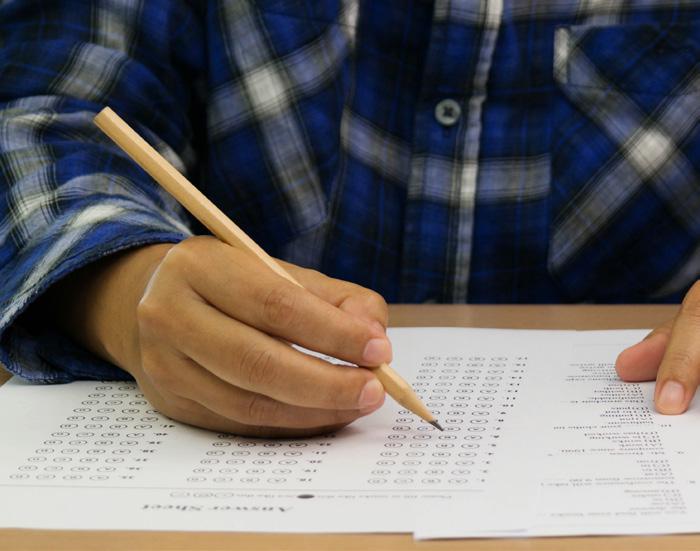
HISTORY The
Kurt F. Geisinger, PhD
CONTENTS ––––––––––––––––––––––––––––––––––––––––––––––––––––––––––––––––––––––––––––––––––––––––––––––––––––––––––––––––––––––––––––––––––––––––––––––––––––––––––––––––––––––––––––––––––––––––––––––––––––––––––––––––––––––––––––––––––––––––––––––––––––––––––––––––––––––––––––––––––––––––––
Features
APA American Psychological Association APS Association for Psychological Science EPA Eastern Psychological Association MPA Midwestern Psychological Association NEPA New England Psychological Association RMPA Rocky Mountain Psychological Association SEPA Southeastern Psychological Association SWPA Southwestern Psychological Association WPA Western Psychological Association
Critical Importance of Psychological Tests: A History of Applied Psychology
2 EYE ON PSI CHI SUMMER 2024 COPYRIGHT © 2024 PSI CHI
Shawn
Ronald Stolberg, PhD 22 · THREE HEADS ARE BETTER THAN ONE Questions (and Answers) About Graduate School Mental Health
Jocelyn Turner-Musa, PhD
Mitch Prinstein, PhD, ABPP
Julie Radico, PsyD, ABPP
Promoting Excellent Psychological Research and Practice Among Scholars in West Africa
Chidozie E. Nwafor, PhD, Mirian E. Ofonedu, PhD
Sylvester Uchenna Oradiegwu, BSc
Adesuwa Atalor, MSc
Diane
CONTENTS Columns 25 Psi Chi Crowd 25 Eye on Workplace ebook 33 Psi Chi Learning Resources 33 Psi Chi Career Center 46 Psi Chi Store 04 Executive Director's Message 38 Chapter Activities 06 · PSYCHOLOGY IN THE HEADLINES From Airports to Zoos: Strategies for Pursuing Nontraditional Psychology-Related Careers
R. Charlton, PhD 12 · RESEARCH Nine Years of the Research Advisory Committee John E. Edlund, PhD 14 · RESEARCH METHODS Qualitative Research in Psychology: Not a Field … Just a Different Way to Learn Stuff Ethan McMahan, PhD 17 · CAREER ADVICE Personal Self-Advocacy in College and the Workplace: The Gentle Art of Self-Promotion
A. Safer, PhD
That Lead to Higher
Rates
Less Drop-Out
20 · PERSONAL GROWTH Factors
Graduation
and
26 · GLOBAL INITIATIVES
22 3 SUMMER 2024 EYE ON PSI CHI COPYRIGHT © 2024 PSI CHI Departments Advertisements
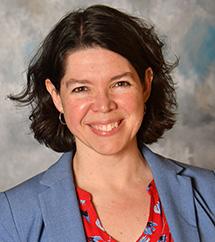
IRevitalizing Regional Conventions*
Marriane Fallon, PhD Executive Director
n 2010, I attended my first regional convention—the Eastern Psychological Association (EPA) in Brooklyn, New York. Seven students and I presented six posters from their Research Methods projects, their master’s thesis, or our lab group. Over the next 10 years, I brought 60 more students to EPA where they gained professional experience, celebrated and shared their work, and connected with other students passionate about psychology. I found an opportunity to grow my professional network with people who cared as much about developing student potential as advancing psychological science.
Enter 2020. You remember the year. As the COVID pandemic persisted, program committees and leadership teams spent countless hours transitioning in-person regional conventions to virtual formats trying maintain some semblance to their vibrant ecosystems. In 2022, as the world continued to regain its footing, all regional conventions resumed in-person meetings. Upright, but limping. Surviving, not thriving.
I had the privilege of attending six regional conventions this year—not as a faculty member, but as Psi Chi’s Executive Director—I felt the return of that familiar and singular energy. I felt students’ excitement, enthusiasm, pride, and gratitude. I
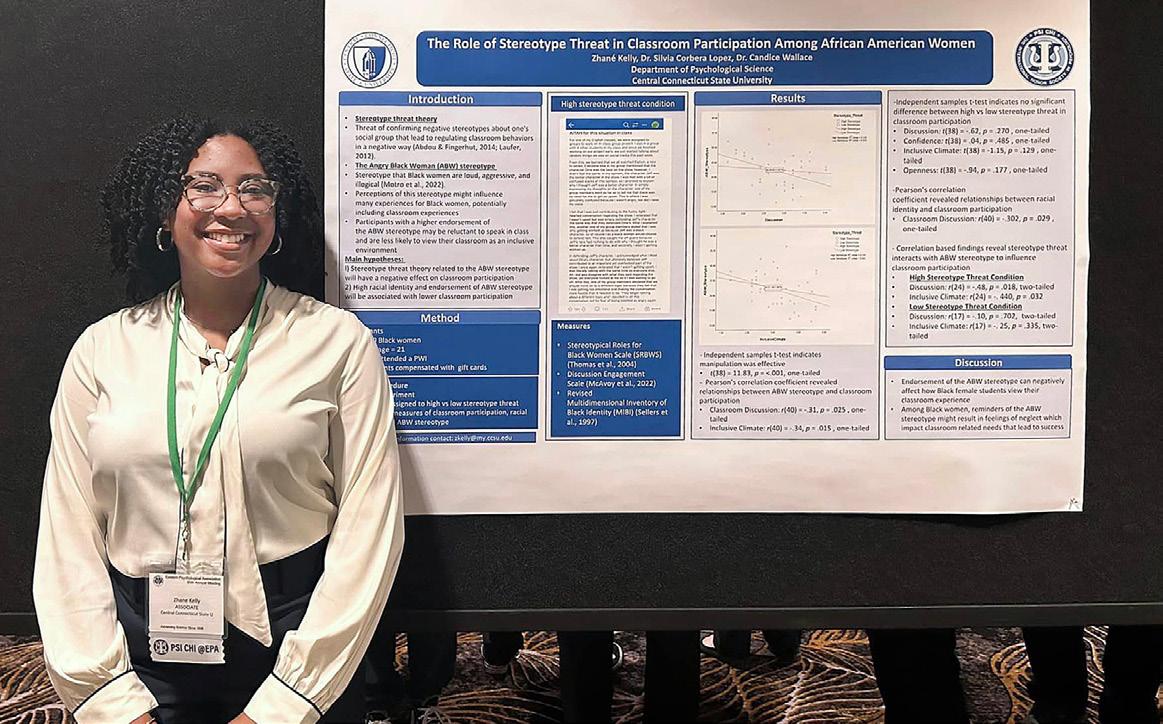
felt the warm recognition of colleagues after a year or more of imagining their voice reading emails or seeing their 2D reflection on video calls. I shared meals with people; I was surrounded by others doing the same.
For those of you who have not attended an in-person regional convention, let me describe what you can expect.
• At poster sessions, presenters tack a visual representation of their work (typically on a single sheet of paper or fabric) on a large board, and visitors can drop by and ask questions. Your brain hums from the wealth of information surrounding you. Some poster sessions are organized around a theme or discipline (e.g., social psychology) and others cover multiple areas of psychological science. The Midwestern Psychological Association’s (MPA) convention offers nine undergraduate/ Psi Chi poster sessions.
• At symposia (or “paper sessions”), speakers deliver brief oral presentations of their work followed by a question-and-answer period. Here, too, some symposia are organized around a specific topic (e.g., teaching undergraduate research methods) while others may include more diverse topics. At the Rocky Mountain Psychological Association’s (RMPA) convention, Psi Chi research award winners participate in a symposium.
• At keynotes, a single speaker—usually someone wellestablished in their field—provides an in-depth look at a specific topic. These sessions are usually held in large rooms and draw lots of people. Psi Chi Distinguished Lecturers are one example of a keynote address.
• Some conventions offer workshops or practical sessions to build skills. For example, the Southeastern Psychological Association (SEPA) convention offers students the opportunity to receive feedback on their resumé.
• Other conventions offer sessions that qualify for continuing education (CE) credits, which are required to maintain professional licensure as clinicians or other practitioners. The Western Psychological Association’s (WPA) convention offers numerous opportunities to obtain CE credits.
*Regional conventions are supported by regional psychological associations affiliated with the American Psychological Association.
EXECUTIVE DIRECTOR'S MESSAGE –––––––––––––––––––––––––––––––––––––––––––––––––––––––––––––––––––––––––––––––––––––––––––––––––––––––––––––––––––––––––––––––––––––––––––––––––––––––––––––––––––––––––––––––––––––––––––––––––––––––––––––––––––––––––––––––––––––––––––––
Zhane Kelly presenting her research on Stereotype Threat in Classroom Participation Among African American Women at EPA.
4 EYE ON PSI CHI SUMMER 2024 COPYRIGHT © 2024 PSI CHI Return to table of contents
Psi Chi provides programming at all regional conventions that meet in the spring. Annually, Psi Chi supports a Distinguished Lecturer (i.e., keynote) and poster and/or paper sessions. You will also see Psi Chi at an exhibit booth, where we happily answer questions and give away Psi Chi swag. Some years, we emphasize diversity or cultural competence events and leadership events. Perennial programming favorites include some variation of getting into graduate school and preparing for your career. Importantly, Psi Chi sessions are generally open to all attendees, not just Psi Chi members. We also host an advisor appreciation event to honor advisors’ numerous contributions to their chapter and to Psi Chi.
Further, Psi Chi recognizes excellence at conventions through Regional Research Awards and supports student travel through Regional Travel Grants. Psi Chi’s Regional Vice-Presidents and their steering committee members make all regional programming happen. Psi Chi Headquarters Staff ensures that VPs are supported in their efforts to provide a high-quality experience. You will often see at least one of the Psi Chi Presidential trio (PresidentElect, President, Past-President) helping out at conventions.
Witnessing the revitalization of regional conventions has been deeply gratifying. Yet, I am acutely aware that not everyone has the means to experience a regional convention. I live in Connecticut, making it relatively easy for me, my colleagues, and former students to take a train or drive to Philadelphia, New York City, or Boston to attend EPA. Many Psi Chi members cannot take full advantage of regionals because they live too far away—sometimes oceans away. And despite regional conventions’ relative affordability compared to national conventions, these experiences can still be financially out of reach for students and faculty.
Although we cannot shrink distance, technological advances have helped us make some progress connecting our global chapters to regional conventions. For example, the Southwestern Psychological Association (SWPA) offers hybrid sessions at their convention. Dr. Celia Sen, Psi Chi’s Global Initiatives Director, beams in students from her chapter at Özyeğin University in Turkey to share their research and virtually attend in-person presentations.
Psi Chi annually offers nearly $40,000 in regional travel grants to support student travel. Some regional associations also support student travel. Nevertheless, far more aid is requested than funds are available.
Personally, I believe that I owe regional conventions more than I could repay. Without EPA, I cannot fathom how I would have been elected Psi Chi’s Eastern VP, let alone become Psi Chi’s Executive Director. Many colleagues and former students would agree that attending regional conventions was vital to their professional development. And so, I am asking you to help me identify ways that Psi Chi can offer more members the opportunity to experience regional conventions, or perhaps something like them. Visit HERE to share your ideas.
Thank you in advance for helping Psi Chi realize its mission of recognizing and promoting excellence in the science and application of psychology.
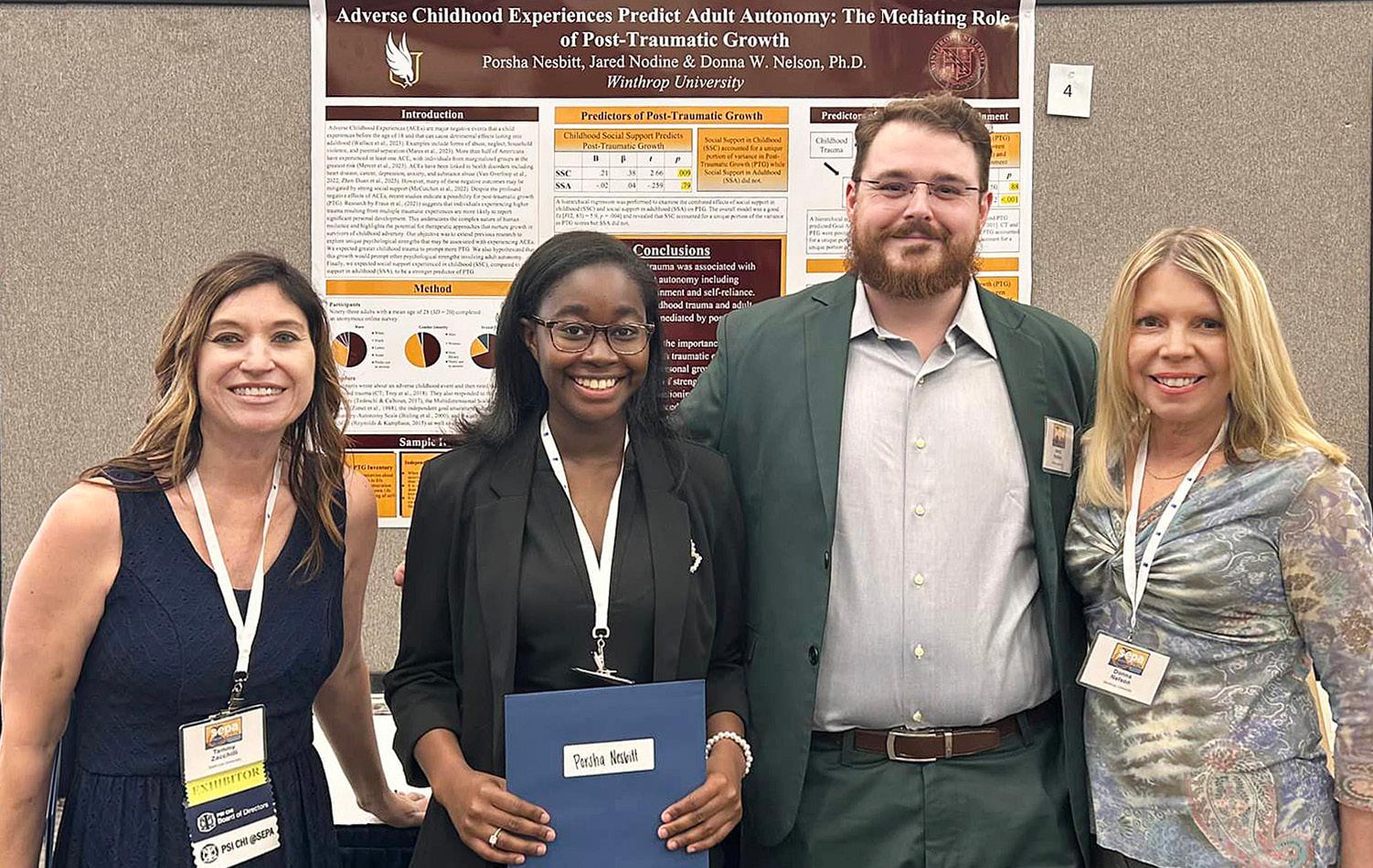
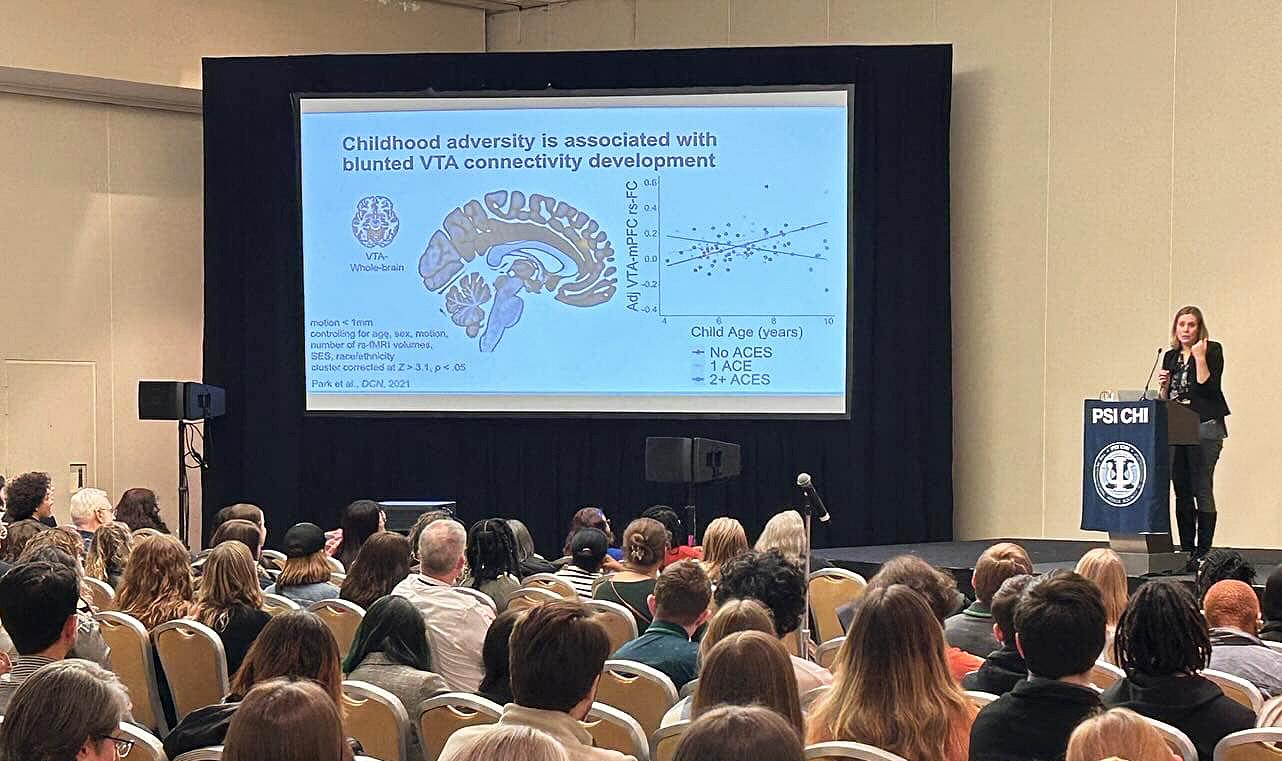
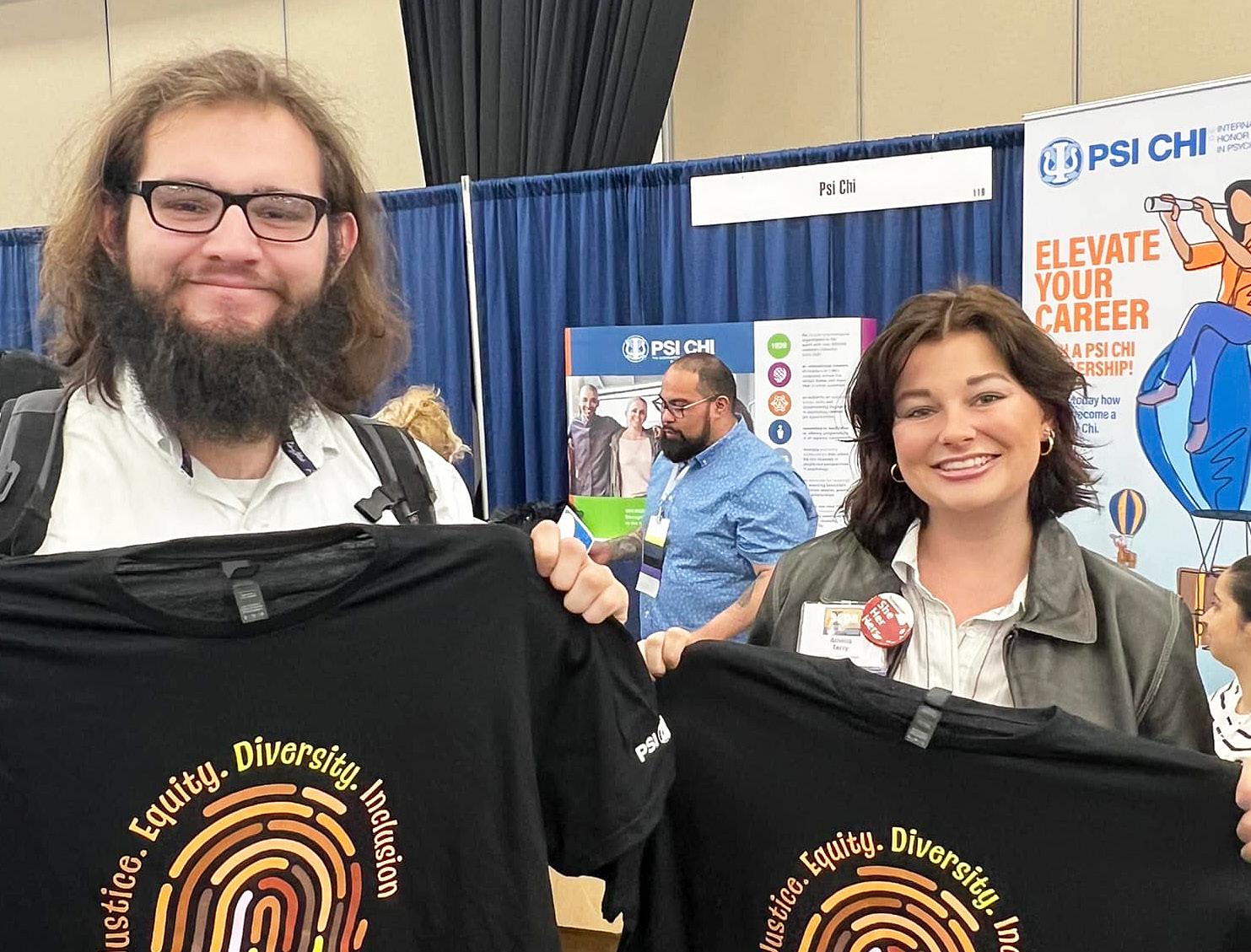
––––––––––––––––––––––––––––––––––––––––––––––––––––––––––––––––––––––––––––––––––––––––––––––––––––––––––––––––––––––––––––––––––––––––––––––––––––––––––––––––––––––––––––––––––––––––––––––––––––––––––––––––––––––––––––––––––––––––––––– EXECUTIVE DIRECTOR'S MESSAGE
Southeast VP, Dr. Tammy Zacchilli, Jared Nodine, and Dr. Donna Nelson present research awards to student poster presenter, Porsha Nesbitt at SEPA.
Psi Chi Distinguished Lecturer, Dr. Allyson Mackey, presenting her research on Environmental Influences on Brain Plasticity During Childhood at EPA.
5 SUMMER 2024 EYE ON PSI CHI COPYRIGHT © 2024 PSI CHI Return to table of contents
Attendees hold up giveaways from the Psi Chi exhibit booth at SEPA for participating in our diversity prompts.


SPECIAL EDITION




From Airports to Zoos: Strategies for Pursuing Nontraditional Psychology-Related Careers
Shawn R. Charlton, PhD
University of Central Arkansas
Iam doing something different with this issue’s Psychology in the Headlines—a themed column. In place of our traditional exploration of recent news stories related to psychology, this edition features four stories on unexpected applications of psychology. My hope is that, as you read about the role of psychology in these four areas, you will gain a better feel for how you can use psychology as a tool in creating a professional identity that is most meaningful to you.
In working with undergraduate students, psychology faculty often highlight the traditional psychology careers, such as clinical psychology, industrial/organizational psychology, school psychology,
and those that include counseling and mental health. Due to the nature of these careers, they all require a graduate degree (hence the reason for the belief that majoring in psychology is only valuable if you go to a graduate program). Although these conversations focus on the best cared-for paths to a career in psychology, the focus on these traditional routes obscures the many nontraditional careers of psychology, which can provide a rich, meaningful combination of passion with psychology to contexts of strong personal interest.
As the study of behavior, psychology has a place in any context in which organisms behave. And if psychology has a place wherever organisms behave, then individuals trained in psychology have a
Photo Credit: Vecteezy.com/ ANDREA IZZOTI / Vecteezy.com/ JOZSEF SOOS / DODOTONE PSYCHOLOGY IN THE HEADLINES ––––––––––––––––––––––––––––––––––––––––––––––––––––––––––––––––––––––––––––––––––––––––––––––––––––––––––––––––––––––––––––––––––––––––––––––––––––––––––––––––––––––––––––––––––––––––––––––––––––––––––––––––––––––––––––––––––––––––––––––
6 EYE ON PSI CHI SUMMER 2024 COPYRIGHT © 2024 PSI CHI Return to table of contents

role anywhere that organisms behave. The application of psychology is limited only by our imagination, ingenuity, and persistence. Although psychological knowledge and skills can be used in any context with a behaving organism, these applications and careers have a higher initial cost of entrance than a traditional career path. Think about the difference between hiking along a well-marked trail versus hiking in the back country. The traditional route includes specific undergraduate programs, graduate programs, internships, and jobs. You can easily Google jobs for counseling, I/O, and school psychologists, as well as finding large, active associations representing these types of professionals. The nontraditional careers don’t have these existing guideposts. Instead, it is up to the seeker’s (your!) passion, patience, and persistence to carve the trail. Success on the nontraditional path is dependent on early, engaged commitment. Fortunately, there are a few strategies that can help carve your path, including:
1. Find a trailblazer who went before you.
This can be someone applying psychology in your area of interest, a similar area, or just one who went their own way. Read about their life, choices, and experiences. If possible, reach out to them and ask for suggestions and guidance. As you do, remember the effort it takes to carve a new path and be respectful of their time and resources.
2. Seek tools in every course/interaction.
Because your path is not well-tread, the exact knowledge and skills that you will need are not well-known. Instead, you will need to collect as varied a set of tools as possible in your backpack. Although you don’t see it now, it may be that the statistics skills you acquire in that class may become the exact skills you need to break into your dream profession (that scenario is actually much, much more likely than you probably expect).
3. Read, read, read, and read some more. A key to recommendations 1 and 2 above is to be as engaged as possible in seeking and acquiring knowledge and skills. And the best way to do this is to read—a lot. And variability, quality, and quantity all matter here. Research, research, research. And, yes, I do mean read here. Watching videos is good and can be useful, but the density of information that is needed cannot be conveyed in a video. Cultivating a habit of reading is essential.
4. Start now.
Carving a path in a nontraditional application of psychology needs to start today. Recommendations 1, 2, and 3 above are great places to start. Success here is dependent on consistent, persistent engagement. You are carving a path like a river cuts a canyon in a rock wall. It takes time and consistency.
I wrote the four tips above specifically for those seeking a nontraditional career path in psychology, but the tips are every bit as relevant and useful for those of you looking for a traditional psychology career. In fact, the more you engage in the four steps
above, the higher the chances that you can make a novel and meaningful contribution in your career journey.
So, in this special edition of Psychology in the Headlines, I highlight the application of psychology in four often unexpected areas: airports, the movie soundtrack, the Olympics (although this one is a lot more expected these days, which is an awesome cultural shift, I still thought it fun to highlight), and zoos. Although these might not be your exact areas of interest, my hope is that reading about how others have taken psychology into less discussed contexts will help you see how psychology can fit into your professional career and personal life. As a behaving organism, you will spend your life interacting with other organisms, and psychology—the science of behaving organisms—can provide you a powerful tool for a lifetime of growth and success.

Photo Credit: Shutterstock.com/ JACOB LUND / ALEXANDR ZADIRAKA / iStockphoto.com/ PEOPLE IMAGES ––––––––––––––––––––––––––––––––––––––––––––––––––––––––––––––––––––––––––––––––––––––––––––––––––––––––––––––––––––––––––––––––––––––––––––––––––––––––––––––––––––––––––––––––––––––––––––––––––––––––––––––––––––––––––––––––––––––––––––––– PSYCHOLOGY IN THE HEADLINES
7 SUMMER 2024 EYE ON PSI CHI COPYRIGHT © 2024 PSI CHI Return to table of contents
Fly the Friendly Skies: Psychology at the Airport
Shawn R. Charlton, PhD University of Central Arkansas
I recently flew back from a trip. As I entered the airport, boarded my plane, and made the trip safely—and mostly uneventfully— home, I didn’t think much about all of the psychology involved in air travel. I doubt this would be true of Dr. Julia Behrend, a cognitive neuroscientist at École Normale Supérieur in Paris, France, and Head of Safety Innovation and Human Cooperation at Air France (Behrend, n.d.).
Dr. Behrend’s professional work focuses on how to create human-machine interfaces that maximize safety for airline crews and passengers. Some of Dr. Behrend’s recent work includes a study of decision-making by pilot teams (Behrend & Dehais, 2020), human error due to cognitive perseveration under stress (Dehais et al., 2019), and eye-tracking as a tool to improve decision-making training (Causse et al., 2019). Dr. Behrend’s work is founded in the ideas, tools, and technologies of cognitive psychology.
Application of psychology to aviation has a long history. During World War II, airplanes became more advanced and complex, which led to an increase in the number of accidents. To address this issue, the Air Force assigned Lt. Colonel Paul Fitts, a psychologist with a PhD in experimental psychology (University of Michigan, n.d.), and later Alphonse Chapinis, another PhD in experimental psychology
pilots to confuse the two and operate them incorrectly, especially when flying in the dark or in a damaged aircraft.
The solution was simple: Use different levers and knobs for different systems, and move competing systems away from each other. These solutions may seem obvious now, but at the time, they were groundbreaking and have since become standard in the design of products that are meant to interface with human psychology (for a great exploration of other ways in which psychologists created technologies that we take for granted today, do a search for Lillian Gilbreth and study her fascinating career and life, maybe starting here).
Dr. Behrend’s work with Air France on pilot decision-making and flight safety is just one example of psychology’s role in air travel. Psychologists are involved in multiple aspects of plane and airport design, passenger security screening, and many other unrecognized aspects of air travel. While the experience of air travel can be frustrating today, it would likely be much worse without the application of psychological principles and technologies.
References
Behrend, J. (n.d.). [LinkedIn page]. Retrieved March 15, 2024, from https://www.linkedin.com/in/dr-julia-behrend-60466561/ Behrend, J., & Dehais, F. (2020). How role assignment impacts decision-making in high-risk environments: Evidence from eye-tracking in aviation. Safety Science, 127 104738. https://doi.org/10.1016/j.ssci.2020.104738
Causse, M., Lancelot, F., Maillant, J., Behrend, J., Cousy, M., & Schneider, N. (2019). Encoding decisions and expertise in the operator’s eyes: Using eye-tracking as input for system adaptation. International Journal of HumanComputer Studies, 125 , 55–65. https://psycnet.apa.org/doi/10.1016/j.ijhcs.2018.12.010
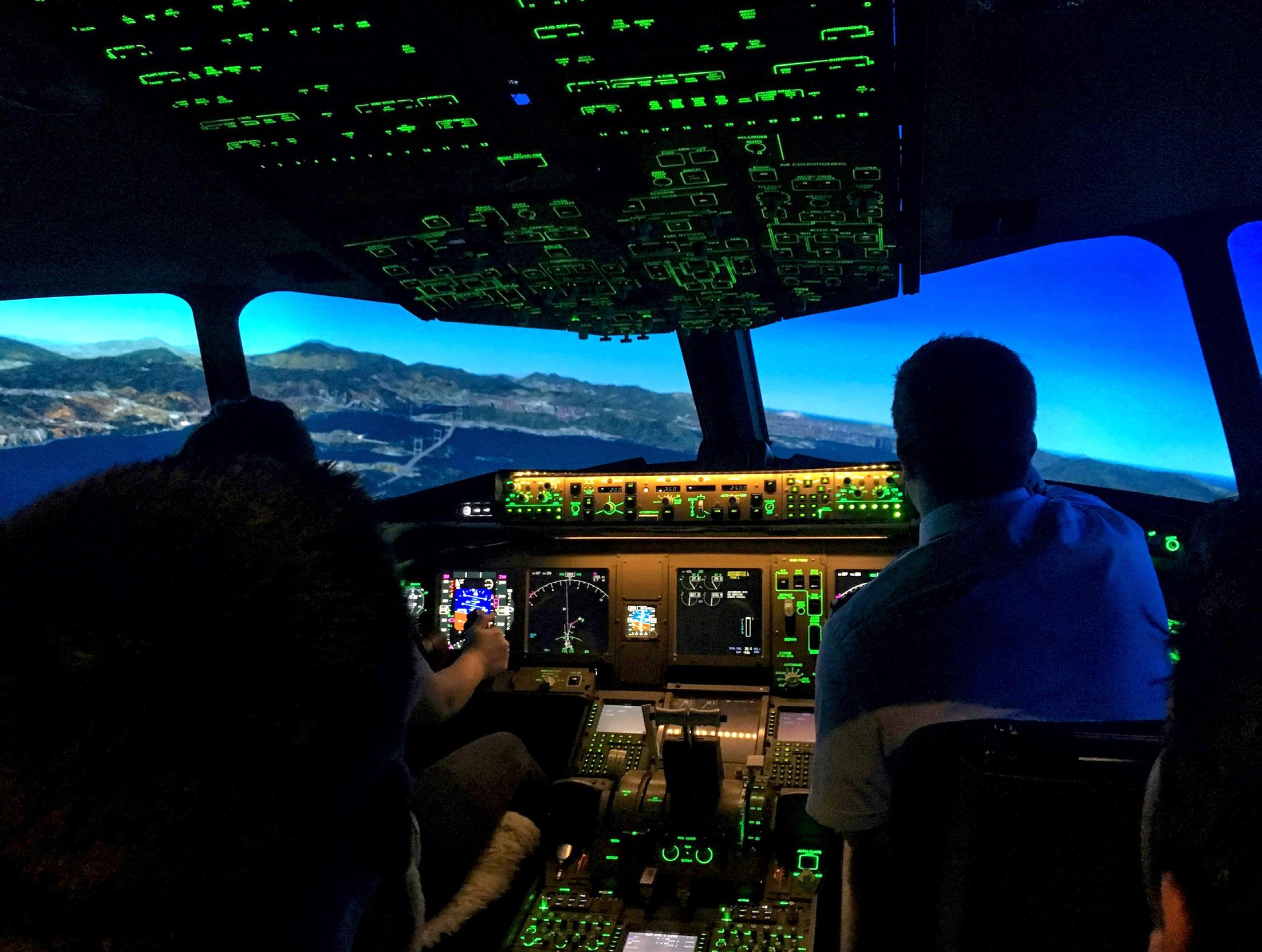
Photo Credit: Unsplash.com/ JAN HUBER PSYCHOLOGY IN THE HEADLINES ––––––––––––––––––––––––––––––––––––––––––––––––––––––––––––––––––––––––––––––––––––––––––––––––––––––––––––––––––––––––––––––––––––––––––––––––––––––––––––––––––––––––––––––––––––––––––––––––––––––––––––––––––––––––––––––––––––––––––––––
8 EYE ON PSI CHI SUMMER 2024 COPYRIGHT © 2024 PSI CHI Return to table of contents

The Psychology of the Soundtrack Helps Take Us Into the Movies
Shawn R. Charlton, PhD
University
of Central Arkansas
Jeron E. Charlton
Conway High School
The moving picture preceded the advent of recorded audio. However, even from the very beginning, movie makers understood the importance of sound in the movie-going experience. Piano and small orchestra accompaniment was a critical part of the silent movie experience. The local musician was frequently called upon to provide the music they felt must appropriate to the film (Model & Custodio, 2019). As recorded audio became more prevalent, the importance and complexity of the soundtrack increased (Jack Black’s character, Miles, in the film The Holiday speaks eloquently of the importance of the soundtrack). Rob Kennedy, writing for Interlude, created a three-part series on psychology and the movie soundtrack that provides a worthwhile read on the history and analysis of music and the movies (click here for the first part of the series)
Experimental psychologists help us understand how movie soundtracks transport us into the movie experience. For example, Ansani and colleagues (2020) conducted an online study of how music shapes interpretation of an ambiguous scene. Results from their study indicate that one of the cues we use to make sense of the scene is the tone of the music. Emotional information is extracted from the music, then used to make assumptions about
the inner experiences of portrayed characters. Further work by this team highlighted the emotional information effect of music over emotion-induction (Ansani et al., 2023). In a similar line of research, Hoeckner and colleagues (2011) demonstrated that character likability is strongly influenced by the type of music associated with the character.
Those interested in applying psychology to the moviegoing experience can create their career by completing undergraduate and/or graduate degrees in psychology, music, and film. The deeper the understanding of human psychology, the stronger the connection the composer and audio team can forge between the real world and the imaginary one the writers and directors are building for the audience.
For an interesting discussions of the role of music in the movie experience, we recommend listening to episode #67 of the Minding the Brain podcast, “The Psychology of Soundtracks with Joe Kraemer” and episode #11 of the APA’s Speaking of Psychology podcast, which includes a discussion of music and mental health by Daniel Levitin.
References
Ansani, A., Marini, M., D’Errico, F., & Poggi, I. (2020). How soundtracks shape what we see: Analyzing the influence of music on visual scenes through self-assessment, eye tracking, and pupillometry. Frontiers in Psychology, 11 2242. https://doi.org/10.3389/fpsyg.2020.02242
Ansani, A., Marini, M., Poggi, I., & Mallia, L. (2023). Recognition memory in movie scenes: The soundtrack induces mood-coherent bias, but not through mood induction. Journal of Cognitive Psychology, 35 (1), 59–75. https://doi.org/10.1080/20445911.2022.2116448
Hoeckner, B., Wyatt, E. W., Decety, J., & Nusbaum, H. (2011). Film music influences how viewers relate to movie characters. Psychology of Aesthetics, Creativity, and the Arts, 5 (2), 146–153. https://psycnet.apa.org/doi/10.1037/a0021544
Model, B., & Custodio, I. (2019). Hearing silent films with Ben Model. Museum of Modern Art (MoMA). https://www.moma.org/magazine/articles/23
Photo Credit: Shutterstock.com/ STOCKBUSTERS ––––––––––––––––––––––––––––––––––––––––––––––––––––––––––––––––––––––––––––––––––––––––––––––––––––––––––––––––––––––––––––––––––––––––––––––––––––––––––––––––––––––––––––––––––––––––––––––––––––––––––––––––––––––––––––––––––––––––––––––– PSYCHOLOGY IN THE HEADLINES
9 SUMMER 2024 EYE ON PSI CHI COPYRIGHT © 2024 PSI CHI Return to table of contents
Sports Psychology for the Gold! Mental Health and Performance Support Staff for U.S. Olympic and Paralympic Teams
Veda A. Charlton and Shawn R. Charlton, PhD University of Central Arkansas
When the United States Olympic team arrives in Paris, France, for the 2024 Summer Olympics, they will bring a large support team with them, including the members of the Mental Health & Mental Performance Team (www.usopc.org/mental-health). The work of this group first began in February 2020 (Abrams, 2021). This team of nine psychologists, led by clinical psychologist Dr. Jessica Bartley (click here to review the team member bios), works with the U.S. athletes to achieve the following:
As part of our mission, the U.S. Olympic & Paralympic Committee (USOPC) is committed to achieving sustained competitive excellence and well-being for Team USA athletes. More than ever, it is critical that the USOPC empower Team USA athletes seeking assistance around mental health and mental performance and we are excited to continue to provide education and resources in these areas. The USOPC Psychological Services team supports Team USA USA athletes across the psychological spectrum by providing internal and external resources that range from mental health to mental performance and everything in between. (United States Olympic & Paralympic Committee, 2024)
The Mental Health & Mental Performance team provides a number of resources for members of the U.S. Olympic teams. Some of these include psychological support helplines (in addition to the services provided by 9-8-8), a mental health registry to help connect athletes with mental health professionals experienced in working with elite athletes, virtual counseling services, access to mental performance services, and two mental health apps.
Although the Mental Health & Mental Performance team specifically targets the mental health of Olympic Athletes, many athletes also work with sports psychologists to enhance their performance (Abrams, 2021). Sports psychologists focus on many aspects of the athlete’s performance, including preperformance routines (e.g., visualization and meditation) and strategies for remaining focused during competition.
The inclusion of sports psychology and mental health services extends beyond the Olympics into organizations and leagues for high-performance athletes. For example, the National Football League in the United States requires that all teams have a mental health clinician on staff and integrated into team activities (National Football League). As of the time of this headline’s writing, the NFL’s Total Wellness platform is overseen by Nyaka NiiLampti, Vice President of Wellness and Clinical Services and a licensed psychologist (National Football League, n.d.). The National Basketball Association’s Mental Health & Wellness Program is also overseen by a psychologist, Dr. William D. Parham (Loyola Marymount University, 2023). The National Hockey League announced a mental health initiative in January 2024, with lead consultation services provided by Dr. Jay Harrison, a performance psychologist (National Hockey League’s Player Association, 2024).

References
Abrams, Z. (2021, July 30). How sport psychologists are helping Olympians. https://www.apa.org/topics/mental-health/going-for-gold Loyola Marymount University–LMU Newsroom. (2023, November 21). Mental health and wellness for NBA players. https://newsroom.lmu.edu/lmu-in-the-news/mental-health-and-wellness-for-nba-players National Football League. (NFL). (n.d.). NFL total wellness . Retrieved on March 16, 2024: https://operations.nfl.com/inside-football-ops/players-legends/nfl-total-wellness National Football League. Total Wellness. (n.d.). Who we are. Retrieved on March 16, 2024: https://totalwellness.nfl.com/who-we-are/ National Hockey League Players' Association. (NHLPA). (2024, January 10). First line: Players looking out for each other off the ice. https://www.nhlpa.com/news/1-22601/first-line-players-looking-out-for-each-other-off-the-ice United States Olympic & Paralympic Committee (USOPC). (n.d.). Mental health . Retrieved on March 16, 2024: https://www.usopc.org/mental-health
Photo Credit:Shutterstock.com/ BORIS RYAPOSOV PSYCHOLOGY IN THE HEADLINES ––––––––––––––––––––––––––––––––––––––––––––––––––––––––––––––––––––––––––––––––––––––––––––––––––––––––––––––––––––––––––––––––––––––––––––––––––––––––––––––––––––––––––––––––––––––––––––––––––––––––––––––––––––––––––––––––––––––––––––––
10 EYE ON PSI CHI SUMMER 2024 COPYRIGHT © 2024 PSI CHI Return to table of contents
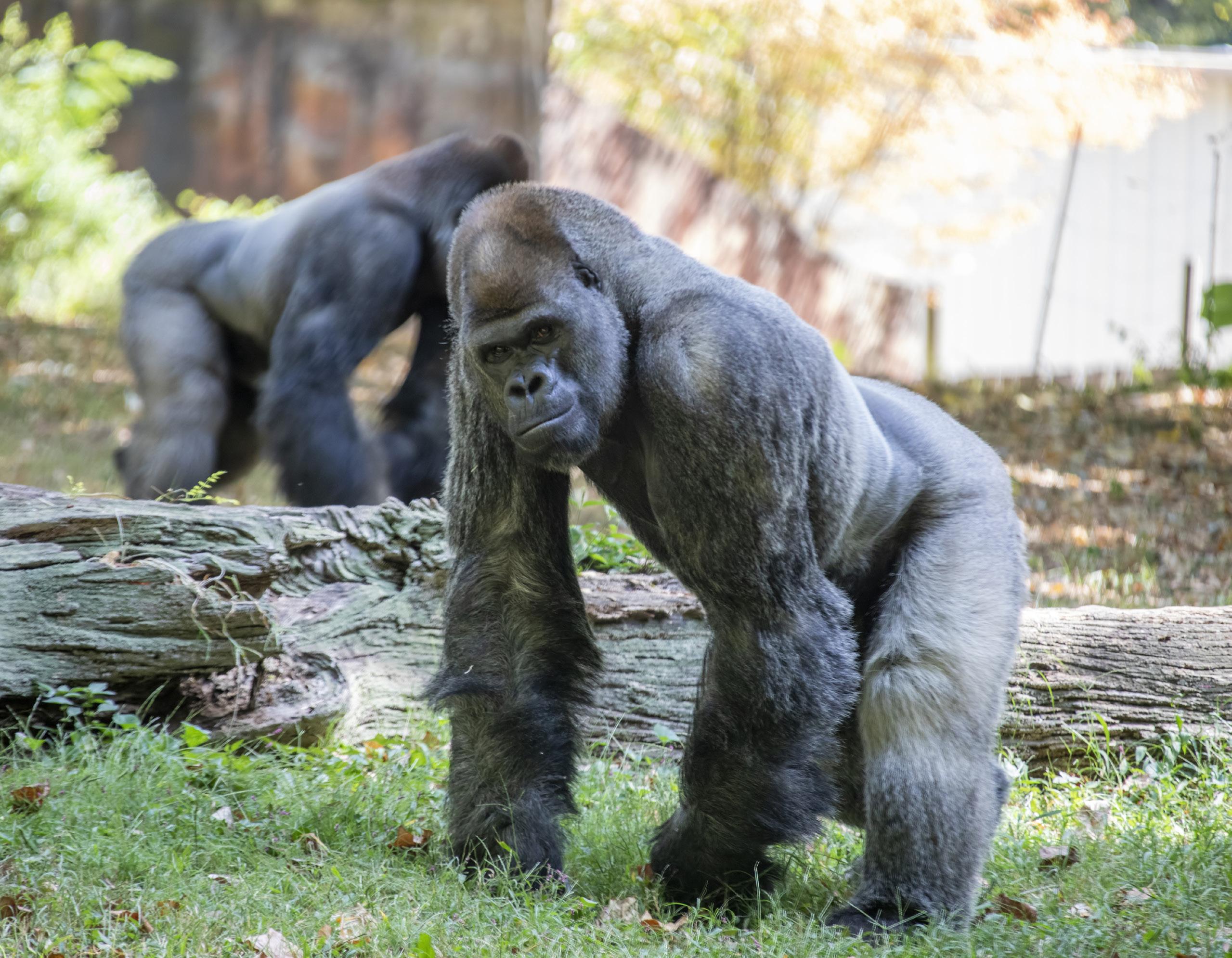
a rich history of studying animal behavior both for its own sake and as a way to better understand human behavior. A wonderful example of the application of psychology to the improvement of lives of animals is the work of Dr. Terry L. Maple, who died on December 3, 2023.
Dr. Maple didn’t plan to take psychology to the zoo. Prior to completing his degree in 1968, he studied psychology and played baseball as an undergraduate student at the University of the Pacific (2023). He then completed a masters and doctoral degree at University of California, Davis, in psychobiology. His first full-time academic appointment was at Emory University. In 1984, Dr. Maple was appointed by the mayor of Atlanta to take over the disgraced Atlanta Zoo. Under Dr. Maple’s stewardship, the Atlanta Zoo (now called Zoo Atlanta) transformed from scandal ridden to world-renowned for its innovation and animal care (Safari Professionals, n.d.). Dr. Maple’s success was largely due to the recognition of the importance of considering animal psychology as a critical part of animal care (Goldman, 2012).
As part of a 2012 interview with Scientific American’s blog, Dr. Maple spoke of part of his innovative approach toward “wellness” in zoos:
optimal environments, standards, and practices for each and every unique species in the zoo. (Goldman, 2012)
Of particular interest in Dr. Maple’s zoo journey is the degree to which human psychology research informed his work with zoo animals. Dr. Maple stated that much of his work was informed by the work of environmental psychologists, including his mentor Robert Sommer, who focused on how the artificial environment impacts human behavior. He was also inspired by the works of Abraham Maslow (Goldman, 2012).
As the role of zoos in the management of endangered and at-risk species increases, so will the importance of psychologists in creating an environment of “wellness” for zoo animals. This work will allow zoo animals to thrive as they help their species to survive.
References
Goldman, J. (2012, April 4). A psychologist goes to the zoo: An interview with Terry L. Maple. Scientific American Blog Network. https://www.scientificamerican.com/blog/thoughtful-animal/ a-psychologist-goes-to-the-zoo-an-interview-with-terry-l-maple/ Safari Professionals (n.d.). Terry L. Maple. Retrieved on March 15, 2024 from https://www.safariprofessionals.com/dr-terry-l-maple/ University of the Pacific. (2023, March 18). Terry Maple '77: Champion of animal rights and builder of quality zoos. Pacific Newsroom. https://www.pacific.edu/pacific-newsroom terry-maple-77-was-champion-animal-rights-and-builder-quality-zoos
Photo Credit: Shutterstock.com/ DANNY YE
11 SUMMER 2024 EYE ON PSI CHI COPYRIGHT © 2024 PSI CHI Return to table of contents
Nine Years of the Research Advisory Committee
John E. Edlund, PhD
Rochester Institute of Technology
Psi
Chi’s (Outgoing) Research Director

As I write this piece, I am going to write in a way that I haven’t often had a chance to do in a professional context—being intensely personal in my writing, reflecting back on some of the greatest years of my life as an academic, and trying to read the tea leaves of what the future may look like for Psi Chi and research more generally. This is a bit of a swan song for me as I am writing this as I reach the end of my last term as Psi Chi’s Research Director (concluding a third and final term in June). Most importantly, I get to highlight SOME of the amazing things the Research Advisory Committee (RAC) has accomplished in the last nine years.
The RAC owes its existence to Dr. Jon Grahe. In his term as Psi Chi’s President, he pushed for the creation of this standing committee in Psi Chi. Jon and past Psi Chi Executive Director Dr. Martha Zlokovich took a chance on me to be the first Research Director. I was a young assistant professor who joined Psi Chi as an undergraduate but had little interaction with Psi Chi since then (at that point in time, my university did not even have a chapter on campus). I was given the initial charge of helping all Psi Chi members engage in the highest quality scholarly pursuits.
From there, I had to recruit a committee. Fortunately, the community exhibited interest from the get-go in serving on the committee, and I was able to recruit an amazing group of colleagues. Together, we worked to improve Psi Chi members’ experiences with research and their ability to engage in high-quality scholarly pursuits. Our initial work was focused on looking at what Psi Chi was providing already and figuring out what we thought members would want. Initial efforts included a Participant Idea Exchange at the National Institute of Teaching of Psychology conference (as a side note, this conference reinvigorated my teaching in a way I never could have imagined). We sponsored a symposium at the annual Association for Psychological Science convention looking at the Scientific Revolution 2.0 (talking about the latest understanding of methods, replication science, and
testing hypotheses). We also had discussions with the editors of the Psi Chi Journal about replication, and we convinced them to explicitly encourage replications (which we as a committee saw as an explicit need for the field and the Journal to explicitly support these). As someone who has always engaged in replications (my very first academic paper was a replication and extension of existing research), I wanted to see every possible support provided for researchers pursuing these valuable but often underappreciated endeavors. One of the things that the RAC noted was that researchers need access to quality materials to use in their research. As such, we began work on a research measures database. This database is a living document that contains many peer-reviewed and free-to-use instruments that are useful for people engaging in psychology research (across many different subdisciplines of psychology). However, sometimes you might need help even getting pointed in the right direction of what kind of measures might exist. As such, based on inspiration from personal networking we had done, we began the creation of a research experts’ database. This database is a collection of experts in various domains who are willing to field questions from researchers across the field (such as: “What is a good measure of a ‘sense of humor’ ”). This experts’ database has been expanded since its inception to incorporate many aspects of mentoring more generally (such as: “What kinds of graduate schools should I apply to given my interests and background?”). I am very proud to say that I am one of the experts and mentors in this database, and I have had the pleasure of getting to know numerous undergraduates in Psi Chi from across the world through this effort.
The next big idea that came from the RAC eventually resulted in the Network for International Collaborative Exchange (NICE). This idea was based on the fact that the RAC saw a need for helping Psi Chi members do research with less WEIRD (Western, Educated, Industrialized, Rich, and Democratic) samples. We realized that running the NICE would require some focused effort on that project directly (it couldn’t be a committee member who had other
RESEARCH –––––––––––––––––––––––––––––––––––––––––––––––––––––––––––––––––––––––––––––––––––––––––––––––––––––––––––––––––––––––––––––––––––––––––––––––––––––––––––––––––––––––––––––––––––––––––––––––––––––––––––––––––––––––––––––––––––––––––––––––––––––––––––––––––––––––––––––––––––––––––––
12 EYE ON PSI CHI SUMMER 2024 COPYRIGHT © 2024 PSI CHI Return to table of contents
SECTION EDITOR:
Shawn R. Charlton, PhD University of Central Arkansas
committee responsibilities). Although our initial search for a NICE Chair envisioned a faculty member running the project, we were wowed by Kelly Cuccolo, a graduate student. She completely impressed us and reminded us that truly great research can be led by some of our younger colleagues. With Jon, Martha, Susanna Gallor, Debi Brannan, and my support, Kelly began the development of the NICE Program from scratch. This meant recruiting a NICE committee, developing an application for the project (where Principal Investigators [PI] would suggest a project to run in a given year), advertising the project in a given year, coordinating all of the tasks associated with the program, and then guiding the PIs through all of the steps associated with the analysis and publication of the manuscript that results from the NICE project. In the initial year of the program, we had 49 researchers across 31 labs in 7 countries. Subsequently, the program has grown every year to the most recent year CROWD project, which was translated into 20 languages and had IRB approval from 31 countries. Importantly, this project has launched the careers of the various NICE Chairs, the Principal Investigators, and the various researchers who have joined the project. To date, we have run six different projects in the NICE program that have resulted in four separate publications related to the NICE project, and two more are in a revise and resubmit state at various journals with several additional projects in the data analytic or collection states. The two most recent projects are analyzing the data collected from 2022–23 and collecting data right now for the 2023–24 project.
Relatedly, the RAC has been a part of the first grant received by Psi Chi (as this idea was initially suggested in the RAC and multiple RAC members were co-PIs on the grant application). Last year, Psi Chi applied for and was awarded a conference training grant from the National Science Foundation. The conference that will result from this grant will occur on November 21, 2024, as an affiliated meeting associated with the Psychonomics Conference in New York City. The conference is entitled IGNITE Psi Chi Research 2024 (Innovating Global Networks to Inspire Tomorrow’s Experts). This conference will feature numerous world-class presenters talking about a variety of psychological concepts that overlap with the NICE project (such as measurement equivalence, translations, reliability, validity, and the like). This conference is meant for everyone, and we are striving to make it an affordable conference (for many attendees, we are hoping to make it free). I hope that this is only the first occurrence of what will become an annual conference.
However, it is worth noting that collecting data is only part of the equation of doing research. You need to be able to analyze the data too! The RAC has worked to support Psi Chi members engaging in quality data analysis. The way we have done this is through our comprehensive R support program. R is an open-source data-analysis program that is free to use and is incredibly powerful. However, there is also a significant learning curve for people who are not familiar with the program (perhaps people who already know SPSS). The RAC developed a collection of resources that deal with all of the issues associated with data analysis in R (ranging from installing additional modules like R Studio or JAMOVI) to recordings of webinars about data analysis in R. Perhaps one of the most “fun” resources we provide is our (nearly) monthly R challenge. In the R challenge, we post a series of questions related to data on the web (sometimes related to a NICE project, sometimes related to timely events like Christmas movies) and then we challenge members to analyze the data. Members who solve the challenge correctly win some swag. We have also run multiple symposia at the annual Association for
Psychological Science convention where we have done live trainings on how to use R in data analysis.
The RAC has also interacted directly with Psi Chi members to learn more about the things you think about the organization and things that you would like to see. We hosted Psi Chi’s first-ever focus group at the 2023 Eastern Psychological Association convention. Attendees of the focus group provided feedback on research, connections, project ideas, merchandise, and many more facets of the organization. This was an excellent event that I hope to see implemented in other regional meetings to learn even more about what everyone affiliated with Psi Chi has to say!
In spending time looking back at the last nine years of the RAC, I would be remiss if I didn’t spend a little bit of time thinking ahead toward the future of the RAC. In the most focused way, I am thrilled to be turning the committee over to Zane Zheng of Lasell University. He has been a valued member of the committee and was one of the co-PIs on the NSF Grant. I know that continuing Psi Chi’s grant making efforts is going to be one of his focuses in the coming years. I also know that he is looking to partner with the committee that is organizing Psi Chi’s NICE conference to potentially make this initial conference a more frequent occurrence. As a final bit of preview, I know he is very excited to see the NICE project expand even further from what is being done presently. I can truly say that I am thrilled to be turning the reigns of the committee over to him. I look forward to seeing the committee and all of its projects continuing to grow in the coming years.
Looking beyond the work of the RAC, I see the field of psychology continuing to grow. I think the efforts of Psi Chi have brought so many more people to the research table (it is one of the things I am most proud of from my time as Research Director). I believe as a discipline we get stronger by being more diverse. This diversity should take all sorts of forms: ethnic, gender, neuro-typical and neuro-diverse, discipline background (within psychology) and discipline background (beyond psychology, like economics, nursing, and the like). Truly, we get stronger in our efforts to diversify. I look at the field and its trajectory and know that things have gotten better in the last nine years and that it will continue to get better moving forward.
Finally, I want to end this column by explicitly acknowledging and thanking everyone who has been a part of this committee over the last nine years—you are the reason the RAC has been able to achieve such wonderful things! Thank you to April Staples, Brianna Fitapelli, Caitlin Brez, Charlie Ebersole, Chidozie Edwin Nwafor, Cory Cascalheira, Denise Friedman, Gabriella Heermans, Jon Grahe, Jordan Wagge, Kaitlyn Werner, Kelly Cuccolo, Lisa VanWormer, Mary Moussa Rogers, Megan Irgens, Nicole Sorhagen, (the late) Rick Miller, Shannon McGillivray, and Zane Zheng. It has been my distinct pleasure to work with you and to help improve Psi Chi and psychology.

John E. Edlund, PhD, social psychologist, is a Professor of Psychology at the Rochester Institute of Technology. He served as Psi Chi’s first Director of Research. In this role, he was instrumental in the creation of numerous resources for Psi Chi members ranging from the comprehensive R support program, to a research measures database, to the research experts and mentoring system. Beyond this, Dr. Edlund helped lead the creation of the Network for International Collaborative Exchange program that has greatly expanded Psi Chi’s research portfolio giving hundreds of Psi Chi members unique opportunities to participate in cutting edge and international research. His interests in improving research are further exemplified by his meta-science research and his edited books looking at advanced research methods and statistics. He is actively involved in his local community, serving as a coach for multiple youth sports and serving on the board of directors of multiple community organizations. His biggest passion is his family. He has said that all of the great things he has accomplished in his life is due to the constant and unwavering support of his wife and children.
–––––––––––––––––––––––––––––––––––––––––––––––––––––––––––––––––––––––––––––––––––––––––––––––––––––––––––––––––––––––––––––––––––––––––––––––––––––––––––––––––––––––––––––––––––––––––––––––––––––––––––––––––––––––––––––––––––––––––––––––––––––––––––––––––––––––––––––––––––––––––––– RESEARCH
13 SUMMER 2024 EYE ON PSI CHI COPYRIGHT © 2024 PSI CHI Return to table of contents
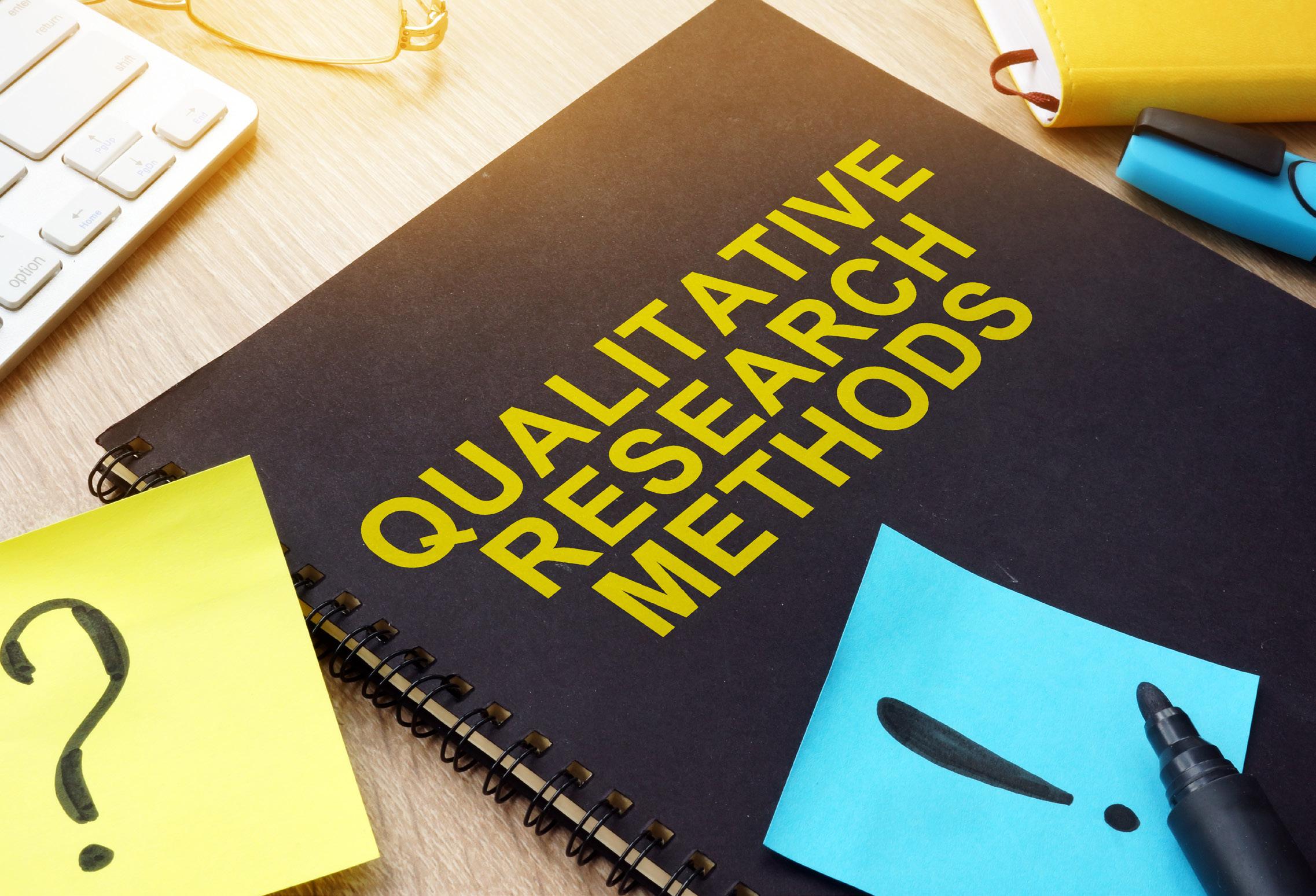
Qualitative Research in Psychology: Not a Field … Just a Different Way to Learn Stuff
Ethan McMahan, PhD Western Oregon University
There are many quiet and not-so-quiet disagreements, disputes, quarrels, and so on within the discipline of psychology. Sometimes these disputes (etc.) take place in private; sometimes they take place in public. Some are so pervasive that they characterize a field, to the point where the dispute becomes part of the field’s identity, and its members, who share that identity to some degree, take the disagreement very seriously. For example, and I promise I am not making this up, I once observed two well-regarded faculty members of a prestigious institution in the western United States get into a fist fight at a local brewery over … wait for it … the relative merits of behavior modification versus cognitive therapy in
treating a particular condition. I’ll say that in more general terms. Two grown adults physically fought one another over a difference in theoretical orientation. Here’s the funny thing. Many of you who are new to the field of psychology, new to professional science, or new to the academic world, might find this shocking. Who would fight over such a thing? Those of us who have been around a while are not shocked at all … people can and often do get heated over their science.1
1I like to call physical altercations over scholarly disputes “nerd fights.” You can call them that too. Some might be bothered by the name-calling. I understand and respect that position. However, it is my position that if one is willing to harm another human over such things, then they have opened themself up to ridicule.
CONTEMPORARY PSYCHOLOGY –––––––––––––––––––––––––––––––––––––––––––––––––––––––––––––––––––––––––––––––––––––––––––––––––––––––––––––––––––––––––––––––––––––––––––––––––––––––––––––––––––––––––––––––––––––––––––––––––––––––––––––––––––––––––––––––––––––––––––––––––––Photo Credit: Shutterstock.com/ DESIGNER 491
14 EYE ON PSI CHI SUMMER 2024 COPYRIGHT © 2024 PSI CHI Return to table of contents
Now, to be clear, I would never advocate for the use of physical aggression (or any type of aggression, for that matter) to solve a disagreement. Science is full of disagreement, and psychology is no exception here. As students of psychology, you (dear readers) are likely familiar with some of these disagreements. Nature versus nurture is one, for example. Or, how about this one? Is personality fixed or changeable? Don’t answer that question out loud … you might upset one of your lab mates. Today, we are going to focus on one half of a disagreement. We will selectively and shamelessly limit most of our discussion to describing the relative merits of one side of an ongoing dispute. You might say to yourself “Self! That is not a fair and balanced approach.” That is true. But, in recent years, most folks have focused on the side we are going to, for the most part, ignore. So, by focusing on the other side, we are actually balancing the scale. What is this dispute I am referring to? And, which side will we focus on? Those are both good questions, and I am glad you asked them. Here are the answers: (a) Quantitative versus qualitative research methods; (b) We’ll focus on the fluffy qualitative stuff.2
Getting That Rich, Contextualized Information
Let us begin by distinguishing between quantitative and qualitative research methods. Quantitative research methods involve the collection, analysis, and interpretation of numerical data that are used to represent some quality of variables (Aidley, 2018). In short, quantitative research uses numbers to precisely measure stuff. Qualitative research, on the other hand, is the collection, analysis, and interpretation of nonnumerical data (Billups, 2019). Typically, qualitative research involves the use of observations, rich verbal descriptions, and the exploration of subjective experiences. So, as you might have gathered, the key difference between quantitative and qualitative methods is whether numbers are used. Quant uses numbers, while qual for the most part doesn’t. This may seem like a minor difference, but it has major implications for a research enterprise. The types of questions one can answer, the types of specific research methods that can be used, the analysis, the interpretation, all these things are impacted by the decision to take a quant versus qual approach. Notably, quantitative methods have been dominant in the field of psychology for quite some time. Indeed, some folks might even suggest that quantitative methods are superior to qualitative methods, and our disproportionately greater reliance on quantitative methods is indicative of this superiority. Not so fast. As you will see here, qualitative methods are extremely useful in many situations and, indeed, indispensable if you want to answer certain questions.
When might an intrepid qualitative researcher want and/or need to use qualitative research methods, you ask? Another great question. I answer by stating that there are several situations for which these methods are useful. For example, qualitative methods are typically used when researchers desire rich, complex information about people’s subjective experiences. This information often allows researchers to contextualize this experience and to uncover the significance or meaning attached to it. For example, a qualitative researcher may be interested in the emotional experiences of multiethnic romantic partners. As you (dear reader) might imagine, the emotional experiences of multiethnic romantic partners are probably quite
2I would like to go on the record and state that I do not, in fact, believe that qualitative methods are “fluffy.” I merely use the term to highlight the belief, widespread among some, that qualitative methods are less rigorous than quantitative methods.
complex, diverse, context-dependent, and time-specific. This complexity, diversity, and specificity is unlikely to be fully captured using standard, closed-response surveys that associate a numerical value with some two-word response (e.g., 5 = “Strongly Agree!”). Instead, we would need to take a different approach, one that allows those being studied to answer the researchers’ questions relatively freely, openly, and without much restriction. Qualitative methods often involve such an approach. Additionally, qualitative methods may be particularly useful in situations where (a) little is known about a particular topic, so lots of descriptive information is needed to guide and direct subsequent research, and/or (b) the subject under examination is rare or uncommon, and researchers can’t generate a large enough sample to employ quantitative techniques. For this last situation, we might instead perform an in-depth qualitative study of a few individuals or cases.3
How to Open a Can of Worms
Now, there are a number of techniques that qualitative researchers use to collect data from their participants. We can refer to these techniques as “can openers.” Why? Because qualitative researchers want participants to provide lots of information. They want to “open up a can of worms,” as they say. In other words, they want people to “spill the beans” … and beans frequently come in cans … cans that need to be opened. Actually, I’ve changed my mind. Let’s not call them can-openers. That’s too silly. Let’s just continue.
3This one may sound familiar to some of you, as it describes the case study. Notably, the case study is a qualitative method that has a long and rich history of use in psychology. This highlights the fact that qualitative methods have been used extensively by psychologists for many years, despite the current emphasis on quantitative methods in the field.













–––––––––––––––––––––––––––––––––––––––––––––––––––––––––––––––––––––––––––––––––––––––––––––––––––––––––––––––––––––––––––––––––––––––––––––––––––––––––––––––––––––––––––––––––––––––––––––––––––––––––––––––––––––––––––––––––––––––––––––––––– CONTEMPORARY PSYCHOLOGY Photo Credit: Vecteezy.com/ NUTHAWUT SOMSUK
15 SUMMER 2024 EYE ON PSI CHI COPYRIGHT © 2024 PSI CHI Return to table of contents

Qualitative researchers may collect data by conducting one-on-one interviews, focus groups, naturalistic observation, and in-depth analysis of old documents, literature, and other archived data sources. These are by no means the only methods that qualitative researchers use, but a common thread among qualitative methods is that they are particularly well-suited for generating a lot of information. For instance, if a researcher wants to know about the lived experience of an individual in a multiethnic romantic relationship, an extended interview with that person is a good way to generate a lot of information. If a researcher wants a similar amount of information about more than one person, such that we can begin to infer common experiences among individuals from the same group, a focus group might be the way to go. But, what to do with all that data we have collected? How do we organize it? How do we describe it? Interpret it? There are many ways to do this, but qualitative researchers frequently use coding, content analysis, and thematic analysis to identify and represent common themes, concepts, and ideas present in the data. To continue with our example, if several individuals in our focus group articulate a similar experience, that would suggest that the experience is at least common and perhaps significant.
What to Do If You Prefer the “Fluffy” Stuff
Some researchers denigrate the use of qualitative methods, with the most common criticism being that these methods lack objectivity and precision. Obviously, objectivity and precision are key to the scientific enterprise, so this is important to note. But, it should also be stated that, when applied correctly, these methods can be very objective and very precise. And, good news! The qualitative approach can be used to examine many different topics in many different fields of inquiry. Foundational qualitative research has been conducted in social psychology (e.g., examining the experience of prejudice), health psychology (e.g., examining the experience of being a caregiver), clinical psychology (e.g., describing the subjective nature of mental illness), and industrial/organizational psychology (e.g., describing workplace climate), and many other areas. So, qualitative psychology is not a subfield of psychology more generally, but rather it is a methodological approach that can be used to study many different subjects within psychology. Correspondingly, academic programs that emphasize qualitative psychology can be found at many universities worldwide, such as the University of Illinois, the University of Alberta, and the University of Manchester, among others.
I can now hear you saying, “I love the fluffy stuff! What jobs can I get once I finish up with school?” Career opportunities for qualitative psychologists can vary widely depending on their interests, expertise, and professional goals. Qualitative psychologists may also pursue roles in areas outside of psychology such as education, human resources, public policy, or international development, applying their skills to address diverse social, organizational, and individual challenges. But, it is important to note that, wherever they are, qualitative psychologists are often at the forefront of the research enterprise, tackling complex and messy topics that other methods are not yet suited for. That is impressive. If it were recognized more broadly, we might have fewer arguments about the relative merits of qualitative versus quantitative methods. Instead, we could have nice, enlightening conversations about the relative merits of qualitative and quantitative methods.
Additional Reading and Resources:
American Psychological Association, Division 5, Quantitative and Qualitative Methods. https://www.apadivisions.org/division-5
Howitt, D. (2019). Introduction to qualitative research methods in psychology Pearson UK.
References
Aidley, D. (2018). Introducing quantitative methods: A practical guide. Bloomsbury Publishing. Billups, F. D. (2019). Qualitative data collection tools: Design, development, and applications. Sage Publications.

Ethan A. McMahan, PhD, is an associate professor in the Department of Psychological Sciences at Western Oregon University where he teaches courses in research methods, advanced research methods, and positive psychology. He is passionate about undergraduate education in psychology and has served Psi Chi members in several ways over the last few years, including as a faculty advisor, Psi Chi Western Region Steering Committee Member, Grants Chair, and most recently, as the Western Regional Vice- President of Psi Chi. His research interests focus on hedonic and eudaimonic approaches to well-being, folk conceptions of happiness, and the relationship between nature and human well-being. His recent work examines how exposure to immersive simulations of natural environments impact concurrent emotional state and, more broadly, how regular contact with natural environments may be one route by which individuals achieve optimal feeling and functioning. He has published in the Journal of Positive Psychology, the Journal of Happiness Studies, Personality and Individual Differences, and Ecopsychology, among other publications. He completed his undergraduate training at the University of Colorado at Colorado Springs and holds a PhD in experimental psychology from the University of Wyoming.
Photo Credit: Vecteezy.com/ C OLORED LIGHTS CONTEMPORARY PSYCHOLOGY –––––––––––––––––––––––––––––––––––––––––––––––––––––––––––––––––––––––––––––––––––––––––––––––––––––––––––––––––––––––––––––––––––––––––––––––––––––––––––––––––––––––––––––––––––––––––––––––––––––––––––––––––––––––––––––––––––––––––––––––––
16 EYE ON PSI CHI SUMMER 2024 COPYRIGHT © 2024 PSI CHI Return to table of contents

Personal Self-Advocacy in College and the Workplace: The Gentle Art of Self-Promotion
Diane A. Safer, PhD Albert Einstein College of Medicine
Your journey through college is made up of a diverse array of academic courses, internships, club participation, and other learning opportunities. These educational experiences have provided all the necessary components for shaping your career trajectory, and it reminds me of a puzzle. Your academic endeavors are the pieces that form the bigger picture of who you are and where you want to go. For you, this big picture seems clear. You have been choosing certain classes and gaining specific experiences to be qualified for a particular career path. However, to others, your classes, your training, and your academic achievements are more like an array of dots, which is not a jigsaw puzzle, but rather a connect-the-dots puzzle. When connected, the array of dots will make the bigger picture obvious—but it is up to you to clearly show how it all fits together.
In my first article as the columnist of this Wisdom from the Workplace column, I discussed the concept of personal branding,
defined as “determining and communicating your strengths and values” (Safer, 2022). My goal was to encourage you to determine your personal brand as a way to distinguish yourself. Today’s column takes this one step further to argue that more than just determining your value, you need to market yourself and show your value. Explain to recruiters, prospective employers, or graduate program directors how your brand and your aspirations match their needs to be able to market yourself as the perfect fit. Try not to think that promoting yourself is “selling” yourself. Self-promotion “is basically aligning yourself—your skills, strengths, and experience—with the needs of an employer” (Safer, 2022). Promoting yourself is highlighting how well you fit with the desired position. Essentially, the bottom line is if you don’t promote yourself, who will? You know yourself best—your skills, your talent, your dreams of where you want to go. If others aren’t aware of these, how can they let you know of possible opportunities or why should they hire you?
Photo Credit: Shutterstock.com/ G-STOCK STUDIO ––––––––––––––––––––––––––––––––––––––––––––––––––––––––––––––––––––––––––––––––––––––––––––––––––––––––––––––––––––––––––––––––––––––––––––––––––––––––––––––––––––––––––––––––––––––––––––––––––––––––––––––––––––––––––––––––––––––––––––––– WISDOM FROM THE WORKPLACE
17 SUMMER 2024 EYE ON PSI CHI COPYRIGHT © 2024 PSI CHI Return to table of contents

ones who sing your praises when you are not in the room. These individuals can become your champions. Champions go beyond talking and find or provide opportunities for you to gain experience and grow.
Attend and engage. Area-of-interest or industry events, workshops, and symposia are great places to gently self-promote. Enhance your professional image by actively engaging and contributing while you are there. Participate in discussions and ask insightful and pertinent questions to show your genuine interest. Share insights to highlight your knowledge in a particular subject area. Present your research or projects at conferences and symposia to reach a broader audience, allowing your research or work to speak for you!
Have career conversations. Use the momentum of all these meaningful interactions to set up informational interviews to learn about others’ career paths, get answers to your questions, and seek advice about your next step or about entering a new industry. This may not seem like self-promotion but these connections may lead to opportunities for collaboration, access to additional resources, and even support from influential people.
Building a network of contacts, advocates, and champions takes time and effort to cultivate and grow. To maintain a strong network, it’s important to stay in touch regularly. This involves sharing your accomplishments and reciprocating by providing valuable information, sending relevant articles, celebrating their

you better, they often become strong advocates. Advocates are the
Photo Credit: Shutterstock.com/ WISDOM FROM THE WORKPLACE ––––––––––––––––––––––––––––––––––––––––––––––––––––––––––––––––––––––––––––––––––––––––––––––––––––––––––––––––––––––––––––––––––––––––––––––––––––––––––––––––––––––––––––––––––––––––––––––––––––––––––––––––––––––––––––––––––––––––––––––
Photo Credit: Shutterstock.com/ INSTA PHOTOS 18 EYE ON PSI CHI SUMMER 2024 COPYRIGHT © 2024 PSI CHI Return to table of contents
successes, and consistently showing gratitude and appreciation. Developing your network is a “long-game” strategy that requires patience, a strategic approach, and nurturing, but the return from this effort can be invaluable.
Self-Promotion via Online Platforms
Social media gives people a powerful way to boost their profile to a wide audience. By creating and sharing content strategically, users can effectively display their talents, expertise, products, or services to a particular audience. Using hashtags, sharing posts, and tag ging others increases your visibility and can lead to connections and opportunities.
Utilize LinkedIn. LinkedIn is “the most powerful professional platform for connecting with others, bar none” (Arruda, 2022). This is the first place people look to learn more about you, so use LinkedIn to promote yourself. Actively engage with companies or organizations by “liking” or commenting on posts and join relevant interest groups where you can raise your visibility by participating in discussions. Attach information, such as articles you have written or capstone projects, to highlight your experience and expertise. Maximize your impact by making your profile complete with a professional photo (no selfies!) and a compelling headline. The headline is the title right under your picture and undergraduate, as well as graduate, students often use the title “student,” which is uninformative and not at all compelling. Seeking a job in marketing? Try a headline that talks about your skills and your aspirations, like: “Marketing Maven: Crafter of Compelling Campaigns.” Interested in the world of publishing or want to be a writer? Try “Versatile Wordsmith: Passionate About Constructing Gripping Narratives.” Think beyond where you are now to where you want to be.

demonstrates your well-roundedness and commitment beyond academics. Furthermore, in leadership roles, you can capitalize on resources and opportunities beneficial to your personal objectives. For instance, hosting events allows you to engage directly with experts and influential speakers, providing valuable one-on-one interactions and networking opportunities.
Connect on social media. Seek other social media platforms as avenues for subtle self-promotion and networking. Contribute to industry-relevant blogs, post stimulating questions to experts in your field, and comment on/react to company announcements to help you reach a broader audience and establish credibility in the area in which you are interested. Look for opportunities to earn digital badges and certifications that you can display for completed courses and other trainings relevant to your field.
Enhance your digital presence. A personal website, blog, or online portfolio can be a valuable tool for self-promotion because it allows you to frame your achievements and expertise how you wish. Consider using your online presence to create content, such as tutorials or providing recommendations for resources, books, or tools that have useful information. Not only does this highlight your skills and demonstrate your familiarity and expertise in a particular area, but it also highlights your willingness to help and your ability to work well with others.
Self-Promotion Through Leadership Roles
In addition to leveraging strong personal networks and online platforms, another avenue for effective self-promotion is through leadership opportunities. By assuming leadership roles in various settings, such as student organizations, off-campus organizations, non-profits, or professional associations, you can showcase your skills, initiative, and ability to inspire others, thereby enhancing your personal brand and visibility. This leadership experience
I hope this article empowers you to embrace self-promotion and provides you with ideas for subtle, and perhaps not quite so subtle, ways to promote yourself. Go ahead and toot your own horn (Safer, 2020)! It is a valuable skill that confidently expresses your unique value and contributions to the world. Self-promotion helps connect the dots and provides a clear picture of where you are heading. You must be your own biggest advocate.
References
Arruda, W. (2022). How to market yourself on LinkedIn without annoying your prospects. Forbes. Retrieved February 5, 2024, from https://www.forbes.com/sites/williamarruda/2022/07/12/ how-to-market-yourself-on-linkedin-without-annoying-your-prospects/?sh=16bc34ad442a Cole, B. M. (2019). 10 reasons why networking is essential for your career. Forbes. Retrieved February 5, 2024, from https://www.forbes.com/sites/biancamillercole/2019/03/20/ why-networking-should-be-at-the-core-of-your-career/ Safer, D. A. (2020). You aren’t bragging Inside Higher Ed. Retrieved February 5, 2024, from https://www.insidehighered.com/advice/2020/05/04/ why-you-shouldnt-downplay-your-strengths-and-accomplishments-when-job-seeking# Safer, D. A. (2022). Building your brand: Assessing your personal strengths and communicating your value to others. Eye on Psi Chi, 27 (2), 20–21. https://doi.org/10.24839/2164-9812.Eye27.2.20
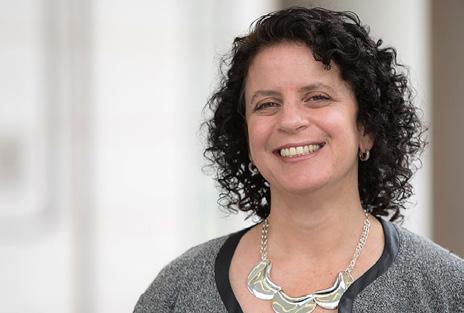
Diane A. Safer, PhD, is the inaugural director of career and professional development for graduate students and postdocs and assistant professor in the Department of Psychiatry and Behavioral Services at the Albert Einstein College of Medicine in the Bronx, NY. A former business professional with more than 20 years of experience in PR firms serving healthcare/biotech companies, Dr. Safer ran her own information consulting company for 10 years before moving to career and professional development. Dr. Safer is actively involved in key professional career organizations, including the Graduate Career Consortium (GCC), where she has cochaired the Mentoring Committee for the past four years, the National Postdoc Association (NPA), and the National Association of College and Employers (NACE). She completed her BA in psychology at the University of Wisconsin–Madison and earned her MA and PhD in social psychology at Columbia University in New York, NY.
––––––––––––––––––––––––––––––––––––––––––––––––––––––––––––––––––––––––––––––––––––––––––––––––––––––––––––––––––––––––––––––––––––––––––––––––––––––––––––––––––––––––––––––––––––––––––––––––––––––––––––––––––––––––––––––––––––––––––––––– WISDOM FROM THE WORKPLACE
19 SUMMER 2024 EYE ON PSI CHI COPYRIGHT © 2024 PSI CHI Return to table of contents

Factors That Lead to Higher Graduation Rates and Less Drop-Out
Ronald Stolberg, PhD Alliant International University
Colleges and universities are constantly trying to improve graduation rates for a number of important reasons. Administrators will refer to it as “student retention,” and students more commonly call it “dropping out of college.” Either way, one of the most important metrics that is tracked in upper education is whether someone who enters college graduates within six years. At the end of every six-year cycle, reports come out examining student retention and graduation.
The 2023 results have been published and are very interesting. The report covers students entering college for the first time in fall 2017 and completing their degree by June 2023. The statistics are gathered by the National Student Clearinghouse Research Center (NSCRC) and distributed via their document called the Completing College report series (2023).
The national six-year college completion rate was reported to be 62.2%, which is essentially unchanged over the previous two periods under review. It is important to remember that the COVID-19 pandemic, which included in-person school closures and curriculum modifications, was in full effect and covered by these reports.
In a lengthy article, Forbes (2023) explains that the results are much more complex than what we might think. For instance, they shared that completion rates continue to vary by higher education sector. Students starting at private, nonprofit four-year institutions completed at a 77.5% rate, while those beginning at public four-years completed degrees within six years at a 67.4% rate. Both of those are higher than the national average because the completion rates for students beginning at private, for-profit schools was 46.0% and at public two-year colleges 43.4%. A gender
Photo Credit: Shutterstock.com/ PRASIT RODPHAN
PERSONAL GROWTH –––––––––––––––––––––––––––––––––––––––––––––––––––––––––––––––––––––––––––––––––––––––––––––––––––––––––––––––––––––––––––––––––––––––––––––––––––––––––––––––––––––––––––––––––––––––––––––––––––––––––––––––––––––––––––––––––––––––––––––––––––––––––––––––––––––––
20 EYE ON PSI CHI SUMMER 2024 COPYRIGHT © 2024 PSI CHI Return to table of contents
gap is increasing over the years too, with women graduating at a 65.6% rate and men at 58.4%.
After seeing these statistics, it is important to know what you can do to increase your chances of graduating and what colleges and universities are doing to help you be successful.
Academic Performance: It makes a lot of sense that students who struggle academically are more likely to withdraw from school. There are important factors which are more in your control. Selecting courses that are too difficult or that you are not prepared for is a mistake made by a lot of students. There are a lot of available online resources about courses and instructors, and spending a few minutes talking to an academic advisor and looking up information before registration is a great strategy to make sure you are maximizing your chances for success. One student recently shared with me that they wanted to know more about computers and registered for a class that seemed interesting. It ended up that the course was for computer science majors and involved a heavy load of writing code. The student was stubborn, thought that they could still manage it, and received a grade of “F.”
Other factors influencing your academic performance include poorly developed study skills, attendance, test-taking ability, and poor time management. The good news is that almost every campus has support to help you learn these skills. Availing yourself of the support is a good sign that your academic performance will improve.
Financial Stability: It is no secret that college is expensive, and tuition is only part of it. When you add books, rent, meals, transportation, parking, etc., the cost can be very high. If you are going to class or studying, then you are not working and making money during those hours. The good news is that there are a lot of opportunities for financial aid, scholarships, on-campus jobs, and other forms of financial support that can help those struggling with the high cost of their education. Don’t be shy asking for help finding the best opportunities for financial assistance at your school, as there is usually a lot more available than you think and they will help remove some of the pressure you feel financially.
Social Support: Students who feel connected to peers and people on campus are more invested in their academic journey. A strong group of friends who mutually support each other is a great way to manage the stress of your academic journey. Take advantage of the numerous clubs, events, and activities for a sense of connection and as a mechanism for finding people who share your interests.
Campus Engagement: A powerful way of connecting with your college is to get more involved. There are a lot of ways to feel more connected: You could give campus tours to prospective students, volunteer at campus events, or even do social media promoting your campus. If you have been there for a few years, there are a lot of opportunities to be a mentor to incoming students. A recent student told me that she got a job that was only a few hours a week, which involved going to the admissions department and calling and emailing admitted students and asking them if they had any questions about student life at their university. She enjoyed it a lot, appreciated making a little extra money, and said that the experience really made her appreciative and proud of her school.
College Counseling Centers and Academic Support Centers: There is a lot of institutional support available on-campus and digitally. If you are finding it difficult to develop

friendships, maintain enthusiasm for school, or are even feeling down emotionally, then making an appointment at the counseling center is an important step to take. Counseling centers often have programs to help students with low self-esteem, peer problems, high levels of stress, etc. Academic support centers are the place to go if you want help learning test-taking strategies, study skills, and a wide variety of other tips for academic success. Going to your school’s website is a great first step. There you will find all you need to know about how to contact them, make appointments, and what services are available. The good news is that most of these things are free just for being enrolled at the college. If you are feeling like you could use some extra support in one of these areas, then reaching out to them is a great first step.
Colleges and universities are trying to do their part too because graduation rates are an important metric that is used when students are determining if a certain school is a good fit for them. Colleges are looking for ways to make graduating more attainable for nontraditional learners or those with family responsibilities, for students with English as a second language, and for those with any number of medical or mental health barriers. Creating a campus atmosphere that is inclusive and accommodating to the learners’ various needs is a great step in making sure people stay engaged and graduating in a reasonable amount of time.
In conclusion, reducing college dropout rates requires a comprehensive and collaborative effort between students and the educational institutions. By addressing academic, financial, mental health, and systemic challenges, they can create an environment that empowers students to persist in their educational pursuits and ultimately graduate.
References
National Student Clearinghouse Research Center (2023, November 30). Completing college: National and state report https://nscresearchcenter.org/completing-college/ Nietzel, M. T. (2023). Latest college retention rate remains flat at 62% Forbes https://www.forbes.com/sites/michaeltnietzel/2023/11/30/latest-college-completion-rate-remains-flat-at-62/
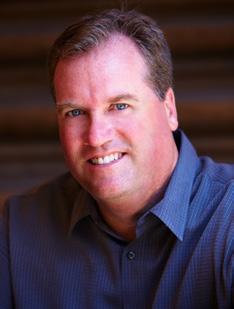
Ronald A. Stolberg, PhD, is a professor and associate program director for the Clinical PsyD doctoral program at the California School of Professional Psychology at Alliant International University in San Diego. In addition, he maintains a private practice focusing on family therapy with adolescents and young adults. His favorite work is helping students and their families with the transition from high school to college.
Photo Credit: Shutterstock.com/ RAW PIXEL
–––––––––––––––––––––––––––––––––––––––––––––––––––––––––––––––––––––––––––––––––––––––––––––––––––––––––––––––––––––––––––––––––––––––––––––––––––––––––––––––––––––––––––––––––––––––––––––––––––––––––––––––––––––––––––––––––––––––––––––––––––––––––––––––––––––––– PERSONAL GROWTH 21 SUMMER 2024 EYE ON PSI CHI COPYRIGHT © 2024 PSI CHI Return to table of contents
Questions (and Answers) About Graduate School Mental Health
Jocelyn Turner-Musa, PhD Morgan State University (MD)
EJulie Radico, PsyD, ABPP Radico Psychological and Consultation Services, LLC
mbarking on the journey of psychology graduate school can be both exhilarating and overwhelming. Have you stopped to consider how to meet your mental health needs while navigating the complexities of academia? For this installment of our “Three Heads ARE Better Than One” series, our three graduate school experts tackle popular questions and uncertainties surrounding mental well-being in graduate school.
Mitch Prinstein, PhD, ABPP University of North Carolina–Chapel Hill
What are some of the more prevalent mental health issues that graduate students might face?
Turner-Musa: Graduate students face unique challenges. Among them are greater academic demands, financial stress, not feeling connected to campus life, taking on new roles such as graduate research or teaching assistant, and even imposter syndrome. These are major sources of stress, which may lead to mental health
Photo Credit: Shutterstock..com/ DANNY OLIVA THREE HEADS ARE BETTER THAN ONE ––––––––––––––––––––––––––––––––––––––––––––––––––––––––––––––––––––––––––––––––––––––––––––––––––––––––––––––––––––––––––––––––––––––––––––––––––––––––––––––––––––––––––––––––––––––––––––––––––––––––––––––––––––––––––––––––––––
22 EYE ON PSI CHI SUMMER 2024 COPYRIGHT © 2024 PSI CHI Return to table of contents
issues such as anxiety and depression. A recent article published in Nature, cited that 36% of PhD students surveyed reported seeking help for anxiety and depression. This number increased after the COVID-19 pandemic. Understanding these challenges may aid in developing appropriate mental health support needed to help graduate students better manage stress.
• Murguía Burton, Z. F., & Cao, X. E. (2022). Navigating mental health challenges in graduate school. Nature, 7, 421–423. https://doi.org/10.1038/s41578-022-00444-x
Radico: Graduate students are at risk for depression, anxiety, and suicidal ideation (Garcia-Williams et al., 2014). It is important for programs to continually assess and change practices which may be contributing to this risk.
• Garcia-Williams, A. G., Moffitt, L., & Kaslow, N. J. (2014). Mental health and suicidal behavior among graduate students. Academic Psychiatry, 38(5), 554–560. https://doi.org/10.1007/s40596-014-0041-y
Prinstein: Getting a doctoral degree can be very stressful. Moreover, graduate training for many also coincides with a life stage that includes relocation, substantial changes to one’s social networks, financial strain, and perhaps even illness among aging family members. It is critical to attend to mental health issues such as those described by others above.
What resources are (or should be) available to graduate students for managing and maintaining their mental health?
Turner-Musa: Most universities have a counseling center to assist students in managing their mental health. Services may include individual counseling, couples counseling, group counseling, relaxation and stress reduction rooms, and psychiatric referrals. There are also a variety of online resources available to students such as Uwill that provide on-demand counseling services and other resources to students.
• Uwill. (n.d.). Uwill be supported https://uwill.com/
Radico: Along with free counseling resources, programs would do well to actively engage students in wellness programs. This can include things such as providing daily access to free snacks, organizing informal holiday activities (e.g., $5 gift exchange), and planning days of wellness. Wellness activities can be low cost (e.g., playing board games, coloring, and making terrariums) as long as it helps students build a sense of belonging with their cohort and graduate school community.
Prinstein: All of these suggestions are excellent. In addition, it is important to remember that graduate school is a training experience, so one is expected to make mistakes, not yet be an expert at anything, and sometimes to even fail.
How do you suggest balancing the demands of graduate school with self-care practices to prevent burnout and promote overall well-being?
Turner-Musa: Graduate school is demanding and more so if you have other responsibilities (e.g., job and family). So, it’s important to make time for yourself. Taking time to meditate, get sleep, eat healthy, do something fun, and engaging with others are some recommendations.
Setting boundaries is also important to prevent burnout. Learn how to set boundaries and negotiate expectations so that you don’t feel overwhelmed. There are also several self-help apps that may assist. It’s important to schedule time for YOU and make yourself a priority.
Radico: Graduate students may feel a sense of guilt when they focus on self-care. I encourage you to push through such feelings. Taking a break, sleeping, and spending time with loved ones are important activities as they help you create the healthy patterns you will likely carry forward into your career. Also, I’m happy to reassure you those feelings of guilt do go away!
Prinstein: It may be wise to find a hobby (sports, exercise, community involvement) that gives you access to a social network outside of graduate school (in addition to the friends you meet who are also doctoral students). You will need a break from discussing graduate school 24/7, and the respite you will get from leaving the psychology bubble for a few hours each week will be worth it.
What role do faculty play in creating a supportive environment that prioritizes mental health awareness?
Turner-Musa: As faculty, we’ve been where you are. The challenge is real. So, faculty play a vital role in creating a supportive environment. Communication is key. Have weekly check-ins with advisees to ensure that they are doing well. Provide students with mental wellness resources and convey compassion and concern for them.
Radico: Faculty are teachers, advisors, and future colleagues to graduate students. Faculty members can be a wealth of knowledge for resources related to wellness, therapy, and career planning.
Prinstein: Faculty are stressed too, and experience mental health difficulties just like graduate students. Hopefully, faculty are serving as role models for setting limits, prioritizing balance, and embracing imperfections as you focus on learning.
What about for graduate students? Are there things students can do to support the mental health of their peers and faculty?
Turner-Musa: Of course there are. Be proactive. For example, create a wellness group where students, faculty, and staff can foster a sense of community with one another if you don’t have one on your campus. Have planned activities or times for students and/or faculty to engage in wellness activities. At Morgan State University, we created “Midday Meditation and Motivation” that occurs every Wednesday from 1:00–1:30 p.m. It is a virtual session where faculty, graduate students, and staff participate in a variety of mindfulness exercises and supportive activities. Participants say that it has fostered a sense of community and belongingness that helps them get through the day and the rest of the week.
Radico: Check in with your peers. This can be informal or through a structured program. You could consider creating an online group chat with your cohort to share tips, tools, and good things that happen. Students can also create pairs for new students to learn about the program and their first courses/rotations from upper years. If you
––––––––––––––––––––––––––––––––––––––––––––––––––––––––––––––––––––––––––––––––––––––––––––––––––––––––––––––––––––––––––––––––––––––––––––––––––––––––––––––––––––––––––––––––––––––––––––––––––––––––––––––––––––––––––––––––––––– THREE HEADS ARE BETTER THAN ONE
23 SUMMER 2024 EYE ON PSI CHI COPYRIGHT © 2024 PSI CHI Return to table of contents
see a classmate struggling or seemingly showing behavior outside their norm, privately ask them how things are going.
Prinstein: Social comparison is natural, but can be brutal in graduate school. It is critical to remember that there is a rich backstory of insecurities, struggles, imposter syndrome, and anxiety among you all, no matter how much it may seem that some of your peers are more “successful” than others. Help create a culture of healthy social comparison and holistic acceptance.
Could you share any proactive measures or preventative strategies that graduate students can incorporate into their daily routines to promote resilience and psychological well-being?
Turner-Musa: I think it is important to take a few minutes each day for yourself. Take a 20-minute walk, jog, take some time to meditate, read, or have lunch with a friend. Just do something that gives you the opportunity to reboot during the day. I schedule at least 30 minutes of what I call “focus time” where I “focus” on me. It provides the opportunity to de-stress and refocus my energy so that I can finish my day on a positive note.
Radico: Students can consider noticing their self-talk and making efforts to speak to themselves kindly and reframe negative thinking.
Prinstein: If there are affordable (or even free) opportunities for supportive counseling while in graduate school—take them. Why not?
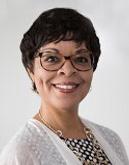
Jocelyn Turner-Musa, PhD, is a Professor and Chairperson of the Department of Psychology at Morgan State University (MSU) in Baltimore, MD. She is the Director of student training in the MSU ASCEND Center for Biomedical Research, funded by the National Institutes of Health. She is also a member of the American Psychological Association and is PastPresident of Division 1, The Society for General Psychology. Her research focuses on understanding the role of psychological and social factors on disease management and health promotion. Dr. Turner-Musa has received numerous awards including an American Fellows Award from the American Association of University Women.
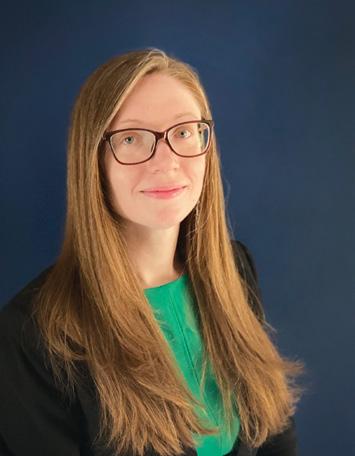
Julie Radico, PsyD, ABPP, is a Pennsylvania licensed clinical psychologist, board-certified in clinical health psychology. She has extensive experience in multi-disciplinary patient-centered clinical care, education, research, wellness, and leadership. She earned her doctoral degree in clinical psychology and master’s degrees (clinical psychology & counseling and clinical health psychology) at the Philadelphia College of Osteopathic Medicine. Dr. Radico completed her postdoctoral fellowship in the department of Family Medicine at the University of Mississippi Medical Center. Dr. Radico serves in leadership positions for the American Psychological Association, Pennsylvania Psychological Association, American Academy of Clinical Health Psychology, APA Society for Health Psychologists, and the Society of Teachers of Family Medicine (STFM).
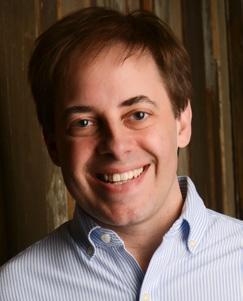
Mitch Prinstein, PhD, ABPP, is the Chief Science Officer of the American Psychological Association and the John Van Seters Distinguished Professor of Psychology and Neuroscience at the University of North Carolina at Chapel Hill. He has published over 150 peer-reviewed papers and nine books, including The Portable Mentor: Expert Guide to a Career in Psychology.
THREE HEADS ARE BETTER THAN ONE ––––––––––––––––––––––––––––––––––––––––––––––––––––––––––––––––––––––––––––––––––––––––––––––––––––––––––––––––––––––––––––––––––––––––––––––––––––––––––––––––––––––––––––––––––––––––––––––––––––––––––––––––––––––––––––––––––––
Photo Credit: Shutterstock.com/ DANNY OLIVA 24 EYE ON PSI CHI SUMMER 2024 COPYRIGHT © 2024 PSI CHI Return to table of contents
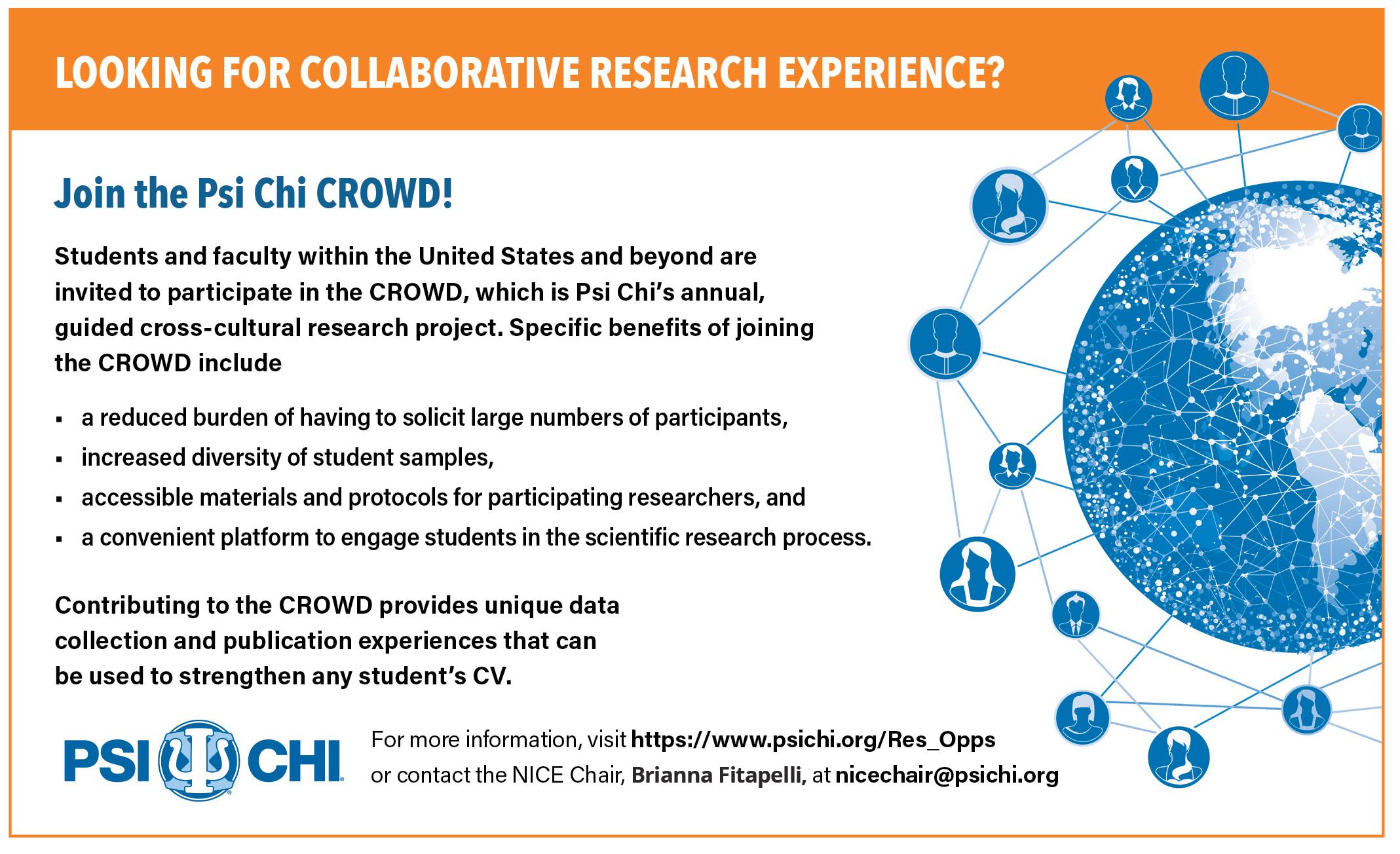
ADVERTISEMENT
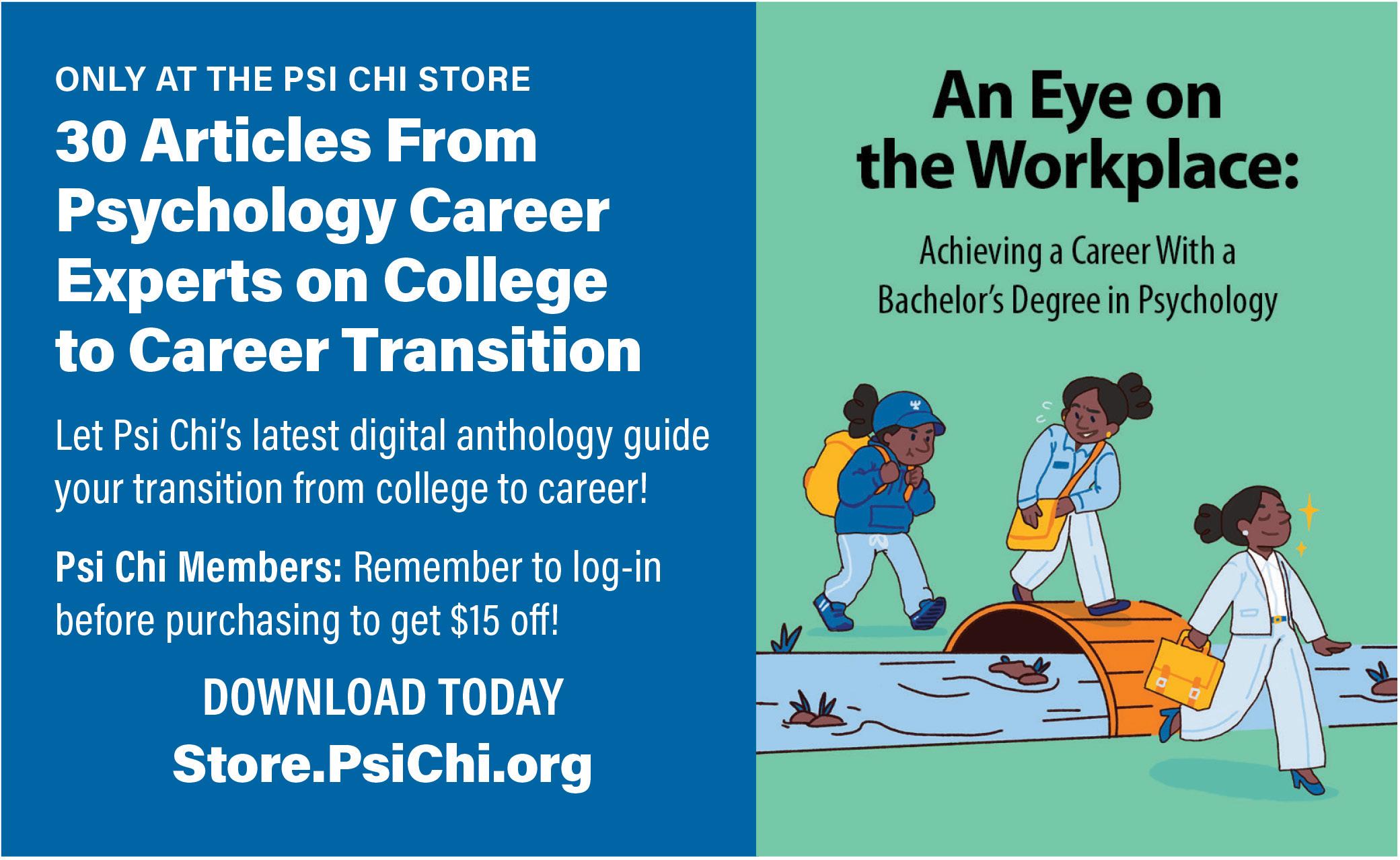 ADVERTISEMENT
ADVERTISEMENT
25 SUMMER 2024 EYE ON PSI CHI COPYRIGHT © 2024 PSI CHI Return to table of contents

Promoting Excellent Psychological Research and Practice Among Scholars in West Africa
Chidozie E. Nwafor, PhD
Nnamdi Azikiwe University Awka
Sylvester Uchenna Oradiegwu, BSc
Nnamdi Azikiwe University Awka
IMirian E. Ofonedu, PhD
Kennedy Krieger Institute, Johns Hopkins University
Adesuwa Atalor, MSc
Nnamdi Azikiwe University Awka
n keeping with the tradition of Psi Chi in promoting excellent psychological research among students and professionals, the Nnamdi Azikiwe University (UNIZIK) Chapter through the recommendation, guidance, and support of Dr. Ofonedu E. Mirian, drafted and submitted a concept note to Psi Chi, the International Honors Society in Psychology, on a sustainable conference. The conference is intended to promote excellence in science and application of psychological knowledge and practice in Africa; reach a wide audience and scholars from across the sub-Sahara Africa and other countries beyond Africa and help create more awareness about the activities of Psi Chi in West Africa. These discussions, which started in
early 2022, gradually matured into the hosting of this first West African International Collaborative Conference on Psychology (WAICCP) with the theme of “Reviewing the Opportunities, Challenges, and Future Directions of Psychology in West Africa.” The following collaborators were involved: Psi Chi, who also contributed funds, American Psychological Association (APA), and Maryland Center for Development Disabilities (MCDD) at Kennedy Krieger Institute
The WAICCP Conference
The two-day inaugural WAICCP attracted attendees from various universities and organizations within Nigeria and across
GLOBAL INITIATIVES –––––––––––––––––––––––––––––––––––––––––––––––––––––––––––––––––––––––––––––––––––––––––––––––––––––––––––––––––––––––––––––––––––––––––––––––––––––––––––––––––––––––––––––––––––––––––––––––––––––––––––––––––––––––––––––––––––––––––––––––––––––––––––––––––––––––
26 EYE ON PSI CHI SUMMER 2024 COPYRIGHT © 2024 PSI CHI Return to table of contents
One of the student presenters, Ms. Sophie Chisom Joseph-Agim, during the scientific paper presentation session.
the globe. The conference was attended online and in-person commencing from 9:00 a.m.–5:00 p.m. West African Time/WAT (7:00–11:00 a.m. EST), with paper presentations starting from 9:00 a.m.–12:00 p.m., and the hybrid sessions started from 1:00 p.m.–5:00 p.m. WAT. A total of 244 participants from 23 countries of the world attended online and a total of 570 participants from different geo-political zones in Nigeria attended in-person. The conference provided participants with the opportunity to exchange ideas that foster new discoveries, engage in equitable knowledge and resource sharing, and foster team work to break down barriers to psychological support services and meaningful partnership across all sectors within the region including but not limited to health, education, law, religion, labor, and other social support services. Post conference survey show participants feeling satisfied with conference and reporting increase knowledge and new ideas that will help them continue to draw from the strength of Africa, its worldview and culture, to push psychology forward as it serves humanity.
On first day of the conference, the opening remarks were as follows:
• Drs. Marianne Fallon (Psi Chi Executive Director) and Celia Naviar Sen (Psi Chi Global Initiatives Director) introduced Psi Chi as The International Honor Society in Psychology, described its global chapters, and explained the various ways Psi Chi serves its members.
• Drs. Amanda Clinton (Senior Director, APA Office of International Affairs) and Janice Haskins (Head, APA Leadership Development Institute) expressed hope for psychologists and the honor coming through this first collaborative conference and reiterated the importance of advancing collaborations with psychologists in West Africa and plans for the expansion of the APA’s ACT Raising Safe Kids program in Africa that is led by Dr. Mirian E. Ofonedu
and the establishment of ACT Think Tank in 2024.
• Drs. Bradley Schlaggar (President and CEO of Kennedy Krieger Institute, KKI), and Maureen van Stone (Assistant Vice President and Director Maryland Center for Developmental Disabilities) praised the collaborations that had led to this conference becoming a reality.
• Dr. Arthur C. Evans, Jr. (Chief Executive Officer and Executive Vice President APA) presented the first keynote address entitled “Positioning Psychology for Global Impact: Lessons Learned and Challenges Faced.”
A plenary session, moderated by Dr. Mirian E. Ofonedu, proceeded with the theme, “Acknowledging and Strengthening Psychological Science in West Africa: The Power of Collaboration.” The panelists included Drs. Andrea Hussong, Anderson J. Franklin, Thema S. Bryant, and Prof. Michael Ezenwa who are experts in the field of psychology. They addressed important issues, such as the role of collective impact through building partnerships and bringing together experts in psychology from all over the world to share knowledge, skills, measurement evaluation system, engaging in mutually reinforcing activities, decolonizing psychology in West Africa, and collaborating with international organizations to put in place programs that are effective, cost-efficient, and culturally responsive.
The second day of the conference began with paper presentations by in-person attendees. The hybrid session proceeded at 1:00 p.m. WAT with the following theme: “Sustaining Psychological Science Practice and Training in West Africa: Recommendations and Future Directions.” Presenters included:
• Dr. Erica Danfrekua Dickson (Past President of the Ghana Psychological Association) delivered the first keynote address entitled “Sankofa Looking Into the Past to Inform the Future of Psychology in Africa.”
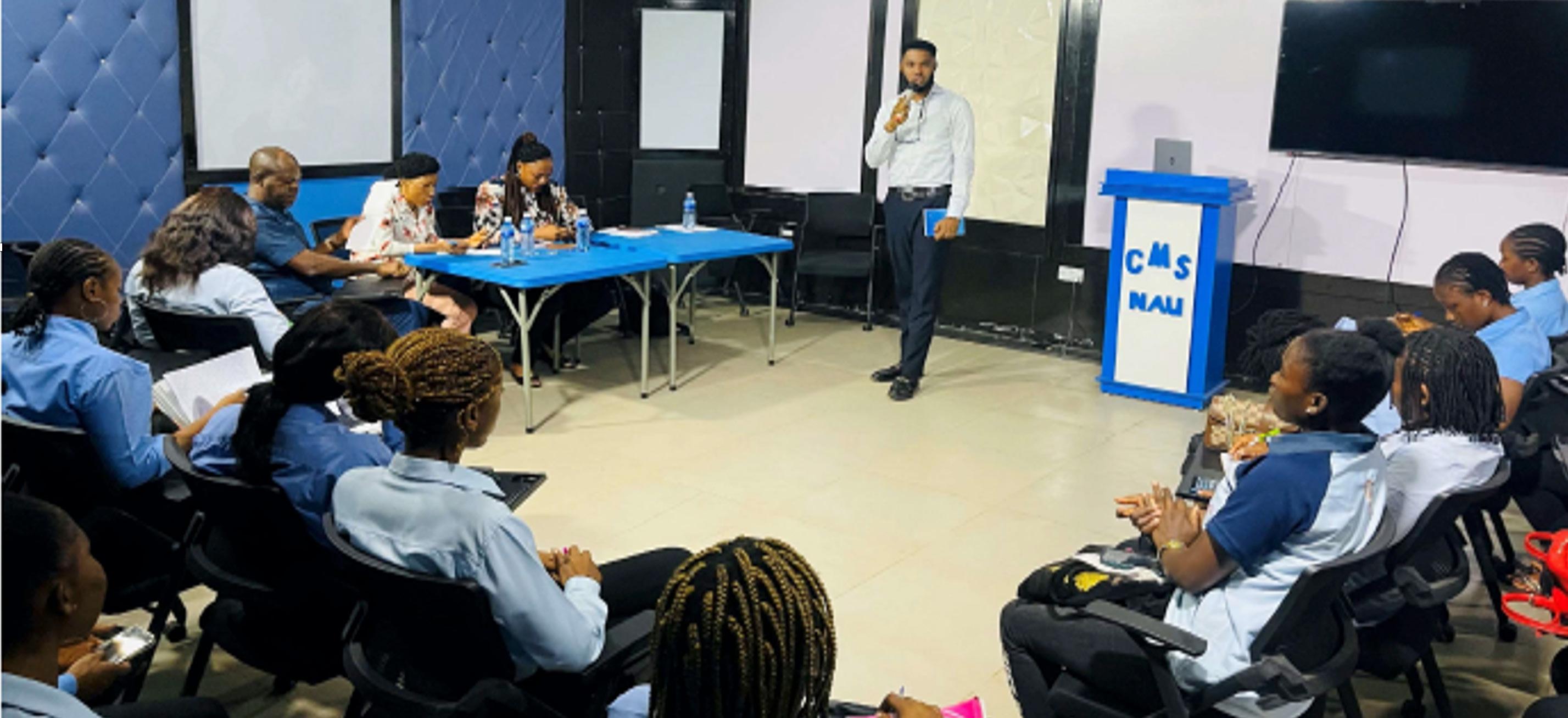
––––––––––––––––––––––––––––––––––––––––––––––––––––––––––––––––––––––––––––––––––––––––––––––––––––––––––––––––––––––––––––––––––––––––––––––––––––––––––––––––––––––––––––––––––––––––––––––––––––––––––––––––––––––––––––––––––––––––––––––––––––––––––––––––––––––––– GLOBAL INITIATIVES 27 SUMMER 2024 EYE ON PSI CHI COPYRIGHT © 2024 PSI CHI Return to table of contents
One of the student presenters, Mr. Ikechukwu Ferguson, takes response from his presentation.
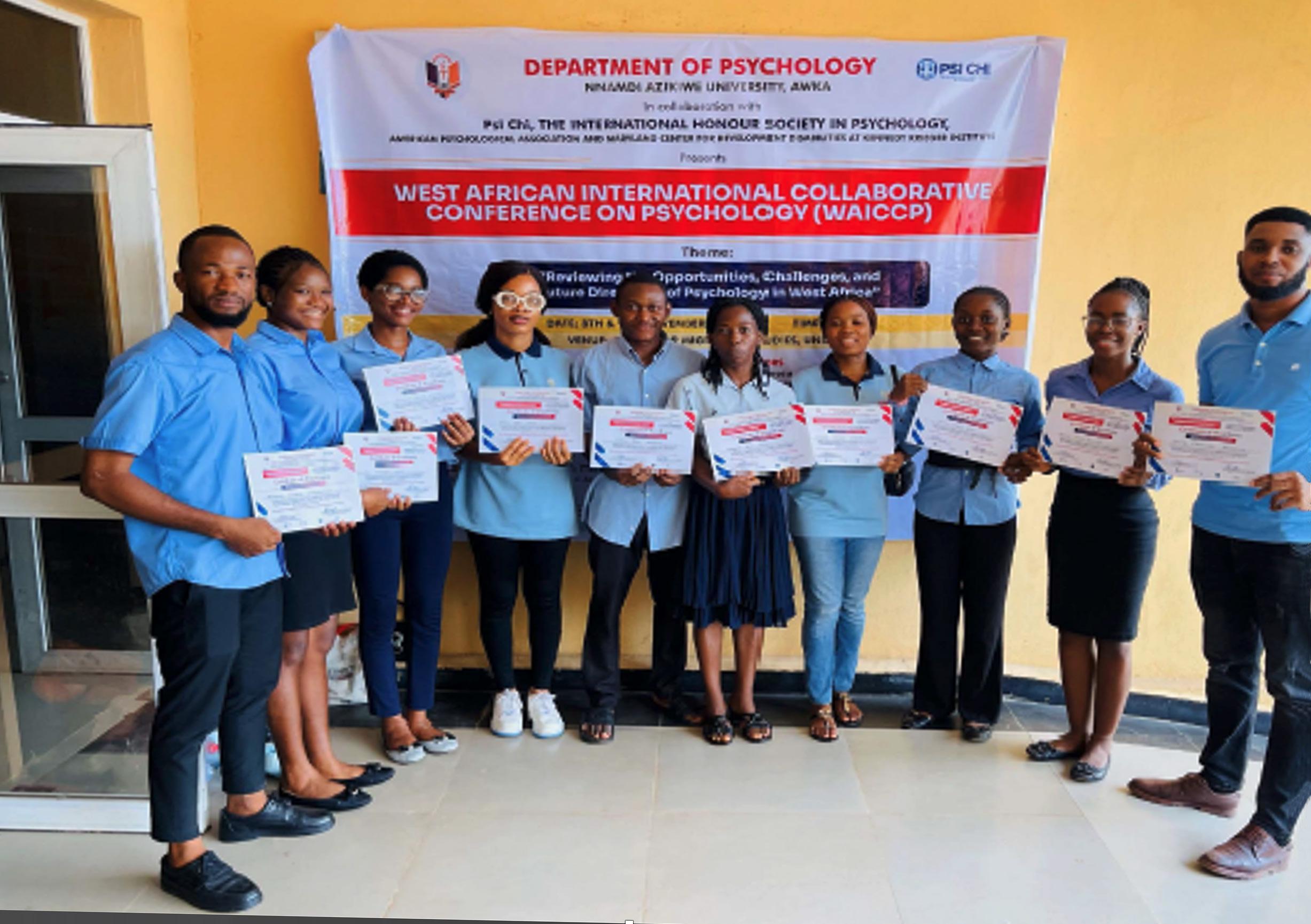
• Dr. Gboyega E. Abikoye (President of Nigeria Association of Clinical Psychologists), delivered the second keynote address entitled “Psychological Science and Training in West Africa: Abuse and Prospects for Relevance and Practice Utility.”
• Prof. Harry Obi-Nwosu moderated a plenary session with panelists Drs. Marnie Shanbhag, Martha Zlokovich, Janelle Shanley, and Mulat Asnake. They discussed the population health framework, psychology as applied to the West Africa worldview, conducting research with an emphasis on understanding the culture in communities, and the application of telepsychology as a means of improving the practice of psychology in West Africa.
• Dr. Chidozie Nwafor (Psi Chi UNIZIK Chapter Advisor) moderated the Best Students Paper Presentation Awards and Speech session with awards presented to the 10 best paper presenters by undergraduate students of the Department of Psychology at Nnamdi Azikiwe University and an appreciation speech was given by one of the recipients.
WAICCP 2023 provided an opportunity for undergraduate scholars from various universities in West Africa to participate in this historical conference. These undergraduate scholars carried out
scientific research under the supervision of their faculty mentors, and over sixty students submitted their research abstracts for presentation at the conference. With Psi Chi’s funding support, $50 was awarded to each undergraduate student whose paper was among the 10 best student paper presentations. The award increased interest in research and overall scholarship among these young scholars. This benevolent gesture from Psi Chi is a step in the right direction in promoting excellent psychological research among students in West Africa.
The Major Resolutions/Recommendations From the WAICCP
The following resolutions and recommendations were made in the course of the two-day conference:
1. There is a need for greater collaboration and partnerships between psychologists in West Africa and internationally. Psychologists have skills to bring people and communities together in unique ways.
2. It is pertinent that West African psychologists embrace and celebrate their cultural heritages and develop systems that enable them to apply knowledge and skills gained from their cultural heritage to improve their training, practice,
GLOBAL INITIATIVES ––––––––––––––––––––––––––––––––––––––––––––––––––––––––––––––––––––––––––––––––––––––––––––––––––––––––––––––––––––––––––––––––––––––––––––––––––––––––––––––––––––––––––––––––––––––––––––––––––––––––––––––––––––––––––––––––––––––––––––––––––––––––––––––––––––––––28 EYE ON PSI CHI SUMMER 2024 COPYRIGHT © 2024 PSI CHI Return to table of contents
teaching, and research in the West African context. Dwelling on the western assumptions of psychology, without situating psychology within the African context, can be a problem. Foreign solutions may not always solve local problems. Relevant interventions should be situated within the social cultural contexts.
3. The need for positioning and packaging psychology in West Africa with an intense focus on impact in the wider society through the use of social media, reframing pertinent issues in society from a psychological perspective, improving workplace mental health, improving early intervention in mental health diagnosis, and the use of technology for awareness creation.
4. The need for collective impact that involves bringing experts from different areas of psychology, NGOs, the judiciary, and related fields to collaborate in proffering solutions to wider societal issues, and the need to reduce professional rivalry among related professionals in mental health practice in West Africa.
5. It is important to address stigmatization of the profession and the stigma associated with having a disability or mental health challenges. This can be done through advocacy and education of the society on the roles and importance of the different areas of psychology. The need for reconceptualization of how psychology help people and to create better ways of conceptualizing disability and mental health challenges. The need to create platforms for role models in society to speak about living with a disability or dealing with and recovering from mental health concerns.
6. The need to create partnerships that allow psychology to have greater impact and put in place programs that are cost effective.
7. The importance of the utility of psychological science and training in West Africa for national development, conflict resolution, and mobilization of critical stakeholders toward public policy. The need to draw from psychologists’ conceptual ability to understand human behavior and conceptualization to address complex issues.
8. The need for the use of modern equipment and technology in the training and practice of psychology in West Africa to improve assessment, diagnosis, and treatment processes. To better take psychological knowledge into the public, psychology research and clinical expertise need to be packaged differently, using other platforms (e.g., social media, television and other technologies) that allow for greater reach.
9. The need for improved funding for psychology training, research, and practice.
10. The importance of regulating and streamlining psychological training and practice in West Africa, with an emphasis on increasing the number and specialized psychological training centers/professional schools, creation of a West African College of Psychologists and National College of Psychologists nationally.
11. The need to reward scholars who conduct excellent research that translates to practices that have high impact in communities but are not able to publish their findings in high impact factor journals as a way of supporting their work and
encouraging impactful research among academics.
12. The need to publish textbooks and journal articles that promote African worldview and develop indigenous theories and practices.
13. The need to focus on revising, reviewing, and updating the curriculum for training psychologists and improving digitization and technological applications in training programs.
14. The need for improving global independent practice for psychologists in West Africa through telepsychology.
15. The need for creating Psi Chi chapters in more universities in West Africa to expand the knowledge base of West African psychological research and benefit from broader cultural inputs in research.

Dr. Chidozie Edwin Nwafor is an associate professor of developmental psychology at the Department of Psychology, Nnamdi Azikiwe University Awka, Anambra State, Nigeria. He is a member Psi Chi RAC and the faculty advisor of the Nnamdi Azikiwe University Psi Chi Chapter. He specialized in lifespan development and his work primarily focused on child and adolescent development. His research interest includes bullying, aggression, academic interest, family environment, intellectual and developmental disabilities, and resilience. Currently, he is working on the impact of COVID-19 experience and threat on adolescents academic interest and mental health across three African countries through the support of International Consortium of Developmental Science Societies (ICDSS) COVID-19 Response Team.
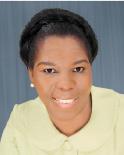
Dr. Mirian Ebere Ofonedu is the Director of Training at the Maryland Center for Developmental Disabilities at Kennedy Krieger Institute. She is an Associate Professor at the University of Maryland Baltimore and the Johns Hopkins University Bloomberg School of Public Health. Dr. Ofonedu is a psychologist, licensed clinical social worker and a fellow of the American Psychological Association (APA). She served as APA Division 37 Program Chair and Task Force on Diversity Initiatives and currently serves as Chair for Division 37 DREAM-SIG. She contributes to the field through her clinical, research, and training expertise at local, state, national, and international levels. Dr. Ofonedu’s work is inspired by the core values of recognizing and building on the strengths and competencies that exist in a person, family, and community; being culturally responsive to each person’s unique needs for the purpose of creating a more just, inclusive, and equitable society for all.
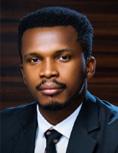

Uchenna S. Oradiegwu is a graduate assistant and a student of forensic psychology at Nnamdi Azikiwe University Awka Nigeria. His research interests cut across violent extremism, victimology, gender-based violence, child abuse, and domestic violence. He is a certified career coach and have received training for ACT Raising Safe Kids Program. He is the founder of SANE Generation Organization, a nonprofit organization that helps children and young adults instill virtues, academic excellence and social responsibility.
Ms. Adesuwa Atalor is a faculty member of the Department of Psychology at Nnamdi Azikiwe University, Awka, Anambra State, Nigeria. She holds a BSc in psychology and a master’s degree in experimental psychology. She is a faculty member of the Nnamdi Azikiwe University (UNIZIK) Psi Chi Chapter and a support member of the conference organizing committee.
Acknowledgements: Special thanks to our conference planning committee members, sponsors, and collaborators for making this inaugural event possible. Conference committee members includes: Drs. Mirian E. Ofonedu, Chidozie Nwafor, Harry Obi-Nwosu, Chukwuemeka A.F Okoye, Michael Ezenwa, and Rev. Sister Bibiana Obi.
––––––––––––––––––––––––––––––––––––––––––––––––––––––––––––––––––––––––––––––––––––––––––––––––––––––––––––––––––––––––––––––––––––––––––––––––––––––––––––––––––––––––––––––––––––––––––––––––––––––––––––––––––––––––––––––––––––––––––––––––––––––––––––––––––––––––– GLOBAL INITIATIVES
29 SUMMER 2024 EYE ON PSI CHI COPYRIGHT © 2024 PSI CHI Return to table of contents
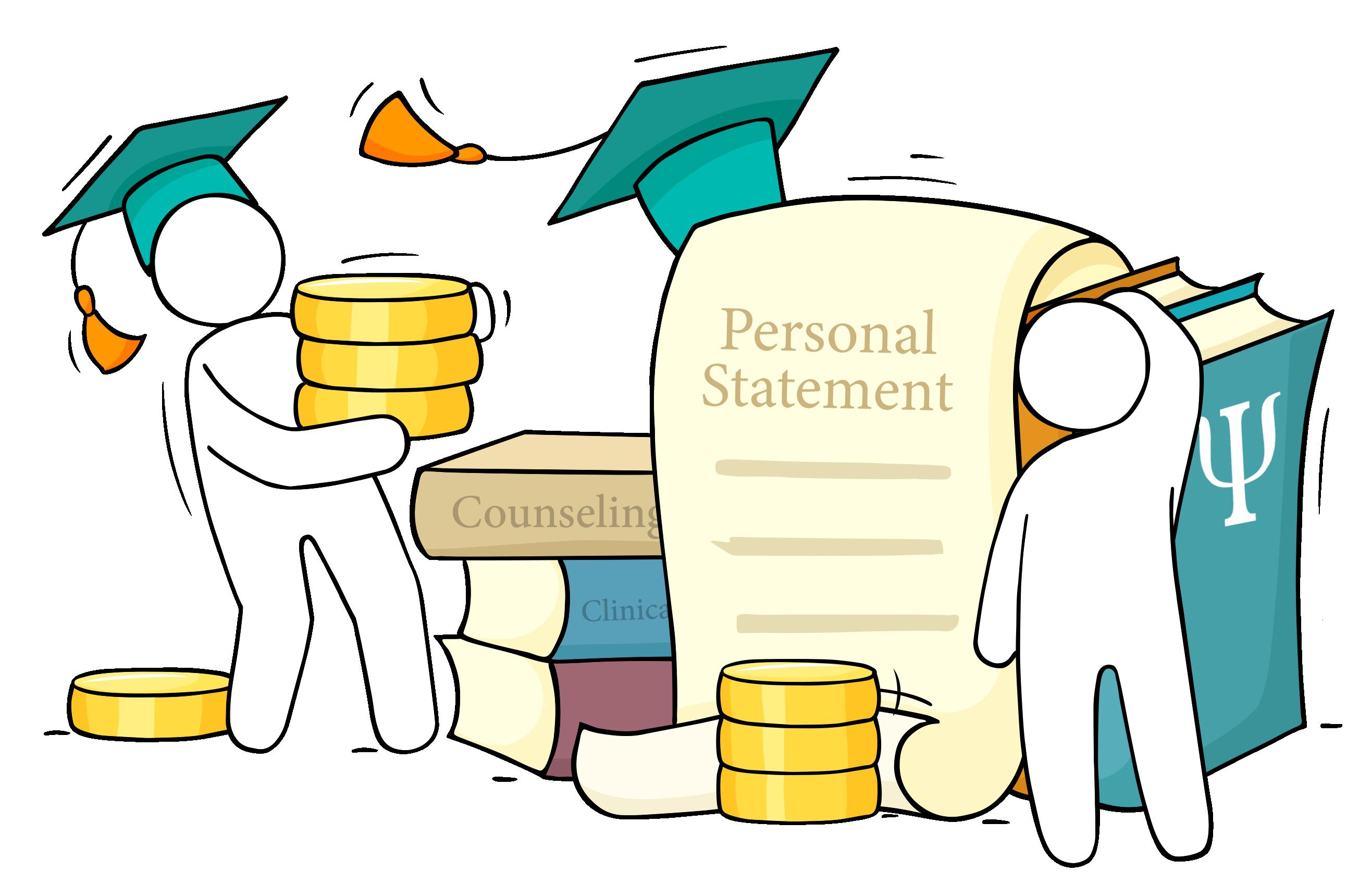
Personal Statement Requirements and Application Fees for Graduate School in Clinical and Counseling Psychology: What’s It Gonna Take?
John C. Norcross, PhD, ABPP
My Kim Dang
Gabrielle J. Jamieson
Abigail S. Charneski
University of Scranton
It’s tough—and expensive—applying to competitive graduate programs in psychology (Weiss & Tamura, 2024).
The acceptance rates for doctoral programs in health care psychology are relatively low but depend on the type of program (PsyD or PhD) and accreditation (American Psychological Association/ APA). Because the average acceptance rate for APA-accredited PhD programs is approximately 10%, it is crucial that aspirants carefully prepare and tailor their applications (Michalski et al., 2019; Norcross et al., 2010). In addition to GPA and letters of recommendations, personal statements are the most influential elements
of the doctoral application (Davis et al., 2018; Norcross et al., 2005; Norcross & Sayette, 2024).
Almost all graduate schools require that applicants submit a personal statement explaining their qualifications and interests for attending that particular school. One of the most pressing needs of graduate applicants is to know which questions will be requested in personal statements, but there is a paucity of published research on the topic (KeithSpiegel & Wiederman, 2000; Hammer, 2019). We conducted a systematic review of the personal statements and application fees of all APA-accredited doctoral programs in clinical, counseling, and combined psychology.
Our aim is to increase the knowledge and decrease the stress of applying to competitive graduate programs.
Our Methodology
The applications and websites of all active APA-accredited clinical, counseling, and combined programs were examined for their fall 2024 requirements. Information was collected from the 332 programs’ websites and application portals. The requested topics of the personal statement were classified into discrete categories. Three of the authors independently assigned the categories for 25 randomly selected programs to establish
Photo Credit: Shutterstock.com/ SAPUNKELE 30 EYE ON PSI CHI SUMMER 2024 COPYRIGHT © 2024 PSI CHI Return to table of contents
interrater reliability. The three authors then coded 20 additional programs and established an 95% interrater reliability; the authors met to resolve any differences in coding.
Application Fees and Waivers
The average cost of applications was $64 (SD = 23.57) for PhD programs, with PsyD programs being less expensive ($53; SD = 24.77). The fees ranged between $0 (20 programs) and $200 (1 program). There were no significant differences in average costs among clinical, counseling, and combined programs.
About half (55%) of these health care doctoral programs offered fee waivers. Figure 1 displays the most frequent reasons for student eligibility for the fee waiver. The most common waivers were for McNair scholars, recipients of other competitive grant programs, financial hardships, and active or retired military service members. In 13% of the programs, applicants can get their fee waived by attending a virtual event or open house.
Personal Statements
Virtually all of these doctoral programs (95%) required a personal statement as part of the application. Programs characterized these statements by a variety of names, such as Statement of Purpose, Letter of Intent, Personal Essay, Career Goals, and Autobiographical Statement. Five to six questions were asked in each personal statement, on average. PhD programs typically requested one more question than PsyD programs (means of 5.8 vs. 4.9).
Table 1 presents the most frequent questions requested in these 314 applications (18 programs did not require personal statements). Applicants will most frequently encounter questions concerning career goals, autobiographical sketches, faculty match, program fit, and research interests. In fact, practically every PhD program will inquire about a student’s research experience and interests in some fashion. An increasing percentage of programs, 36%, also requested a diversity question or separate DEI statement.
The table also identifies (with an *) the significant differences between the types of questions asked by PhD and PsyD questions (p < .05, bidirectional). Predictably given
Figure 1: Leading Reasons for Waiver of Application Fees
Table 1: Most Frequently Requested Personal Statement Questions
Note: * p < .001 significant differences in frequency between
60 50 40 30 20 10 0 McNair Scholars Other competitive grant programs Other reasons Financial hardships Active military or veteran Alumni or current student Attended a virtual event or open house Faculty or staff or family Ethic/racial minority 61.2 50.3 43.2 41 31.7 14.2 13.1 12.6 9.3
GRADUATE SCHOOL
Type of questions PhD programs (n = 230) % PsyD programs (n = 84) % All programs (N = 314) % Professional/career goals 67.4 57.1 64.6 Autobiographical sketch 60.0 54.8 58.6 Match with this program specifically 43.0 50.0 44.9 Research fit with our faculty 54.8* 15.5* 44.3 Research interests 48.3* 20.2* 40.6 Research experience and qualifications 39.6* 15.5* 33.1 Other questions 20.7 36.9 32.5 Contributions to DEI 32.2 29.8 31.5 Clinical experience 31.3 28.6 30.6 Why the doctorate generally 27.4 39.3 30.6 Professional strengths or weaknesses 17.0 23.8 18.8 Academic objectives 19.1 13.1 17.5
31 SUMMER 2024 EYE ON PSI CHI COPYRIGHT © 2024 PSI CHI Return to table of contents
PhD and PsyD programs

their scientist practitioner orientation, PhD programs asked far more often about the applicant’s research match with faculty, research interests, and research experience.
In Closing
This systematic review of personal statements from the 2024 admissions cycle can serve burdened applicants in several ways. First, this information can assist applicants in navigating the cost and process of applying to graduate programs in psychology. They will better know what it’s gonna take in terms of application costs and personal statements. Application costs will pose a significant financial burden for some applicants, so it is important to know the circumstances in which fees can
be waived. Second, the personal statement questions of 314 programs were condensed into approximately 20 categories requested at least a quarter of the time, a more manageable number of possible questions. Knowing the most frequently requested questions can aid students in prewriting their personal statements. This study takes the guesswork out of preparing for the personal statement by compiling information on those requirements obtained directly from the graduate programs. Third, highlighting the differences in personal statement requirements between PhD and PsyD programs can help applicants tailor their preparations to their desired degree model, making the preparation process more efficient.
We hope this information makes the application process to clinical and counseling psychology doctoral programs less stressful, less expensive, and less time consuming—but ultimately more successful.
References
Davis, K. M., Doll, J. F., & Sterner, W. R. (2018). The importance of personal statements in counselor education and psychology doctoral programs applications. Teaching of Psychology, 45 (3), 256–263. https://doi.org/10.1177/0098628318779273
Hammer, J. (2019). Personal statement of purpose for counseling psychology PhD and PsyD application. Unpublished manuscript. Keith-Spiegel, P., & Wiederman, M. W. (2000). The complete guide to graduate school admission (2nd ed.). Lawrence Erlbaum. Michalski D. S., Cope C., Fowler G. A. (2019). Graduate study in psychology summary report: Admissions, applications, and acceptances . Office of Graduate and Postgraduate Education and Training, Education Directorate, American Psychological Association. https://www.apa. org/education/grad/survey-data/2019-admissions-applications.pdf
Norcross, J. C., Ellis, J. L., & Sayette, M. A. (2010). Getting in and getting money: A comparative analysis of admission standards, acceptance rates, and financial assistance across the research–practice continuum in clinical psychology programs. Training and Education in Professional Psychology, 4 (2), 99–104. https://doi.org/10.1037/a0014880
Norcross, J. C., Kohout, J. L., & Wicherski, M. (2005). Graduate study in psychology: 1971–2004. American Psychologist, 60 (9), 959–975. https://doi.org/10.1037/0003-066x.60.9.959
Norcross, J. C., & Sayette, M. A. (2024). Insider’s guide to graduate programs in clinical and counseling psychology (2024/25 ed.). Guilford Press.
Weiss, R. A., & Tamura, K. (2023, Summer). The hidden costs of applying for graduate school and suggestions to reduce them. Eye on Psi Chi, 27 (3), 24–27. https://doi.org/10.24839/2164-9812.Eye27.4.24
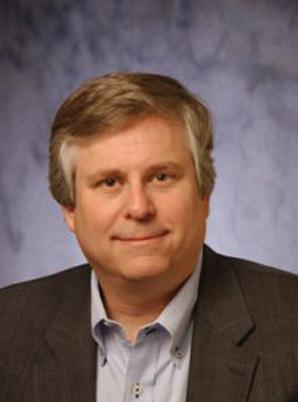
John C. Norcross, PhD, ABPP, is Distinguished Professor and Chair of Psychology at the University of Scranton, Clinical Professor of Psychiatry at SUNY Upstate Medical University, and a board-certified clinical psychologist. He has coauthored 20 books, including the Insider’s Guide to Graduate Programs in Clinical and Counseling Psychology


My Kim Dang is a senior psychology major, philosophy minor, and human services minor at the University of Scranton, where she has served as a research and teaching assistant. Her research centers on adolescent mental health and cognitive psychology.
Gabrielle J. Jamieson is a senior psychology major and human services minor at the University of Scranton, where she is researching mental health stigma and self-disclosure. Her career goal is to work clinically with adolescents following graduate school.
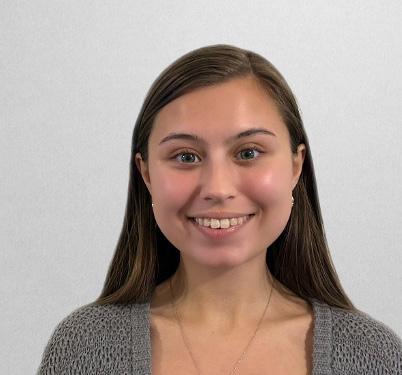
Abigail S. Charneski, BS, is a recent graduate in neuroscience and philosophy from the University of Scranton and a current applicant to medical school. Her research interests involve the medical school curriculum and developmental pediatrics.
GRADUATE SCHOOL Photo Credit: CartoonStock.com/ JOHN MCPHERSON
32 EYE ON PSI CHI SUMMER 2024 COPYRIGHT © 2024 PSI CHI Return to table of contents
The bane of every college applicant: the admissions essay.
ADVERTISEMENT
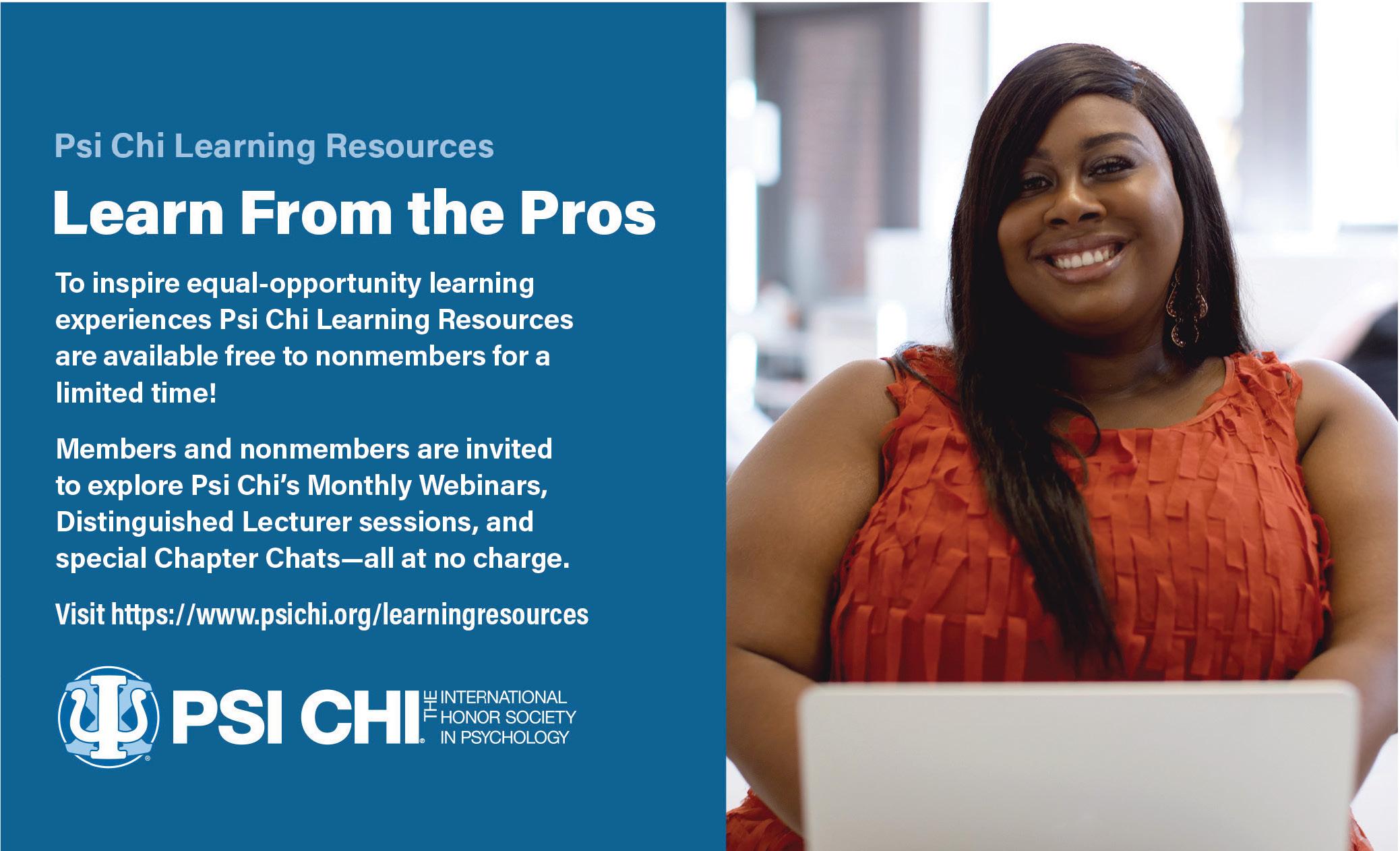
ADVERTISEMENT
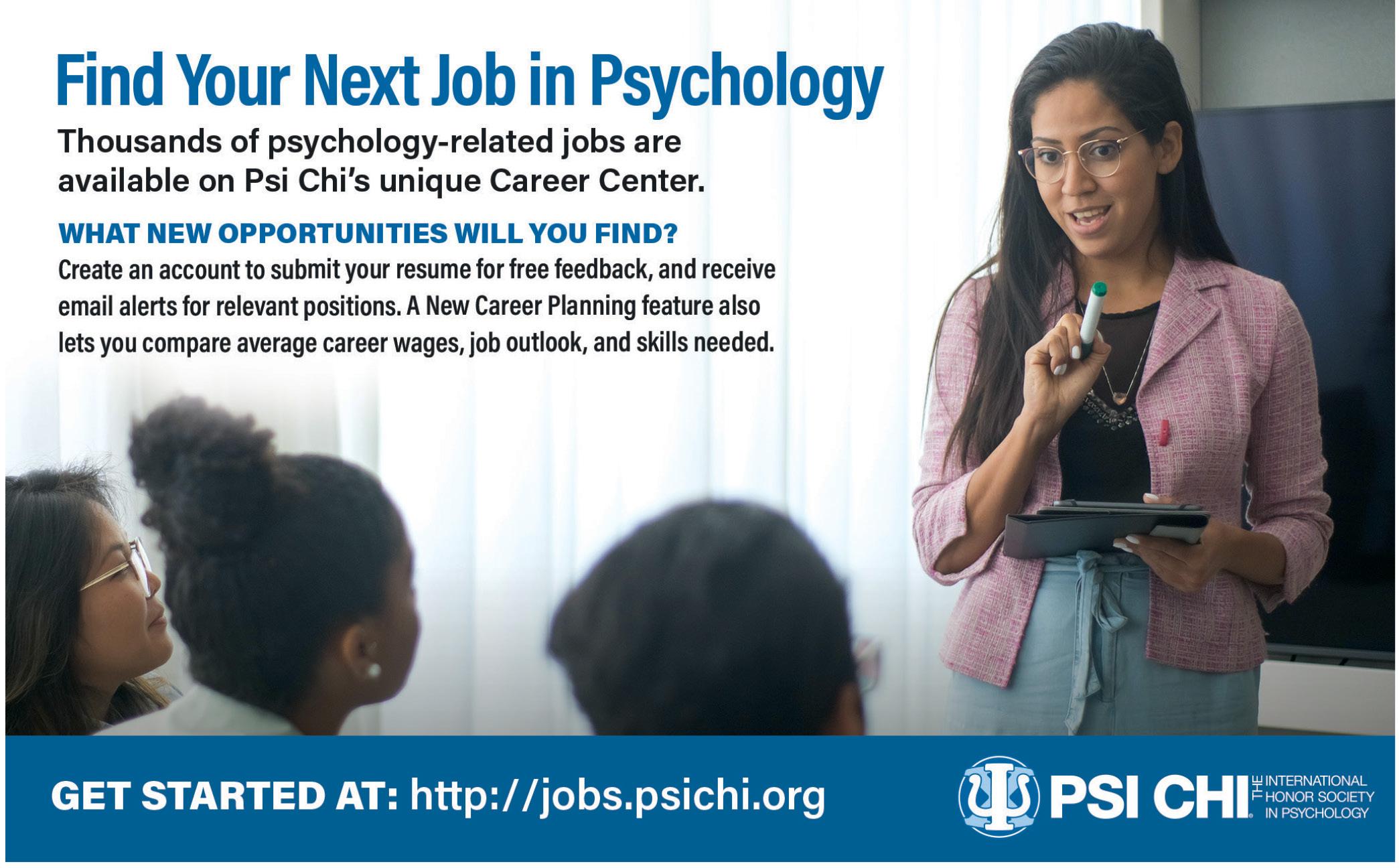
33 SUMMER 2024 EYE ON PSI CHI COPYRIGHT © 2024 PSI CHI Return to table of contents
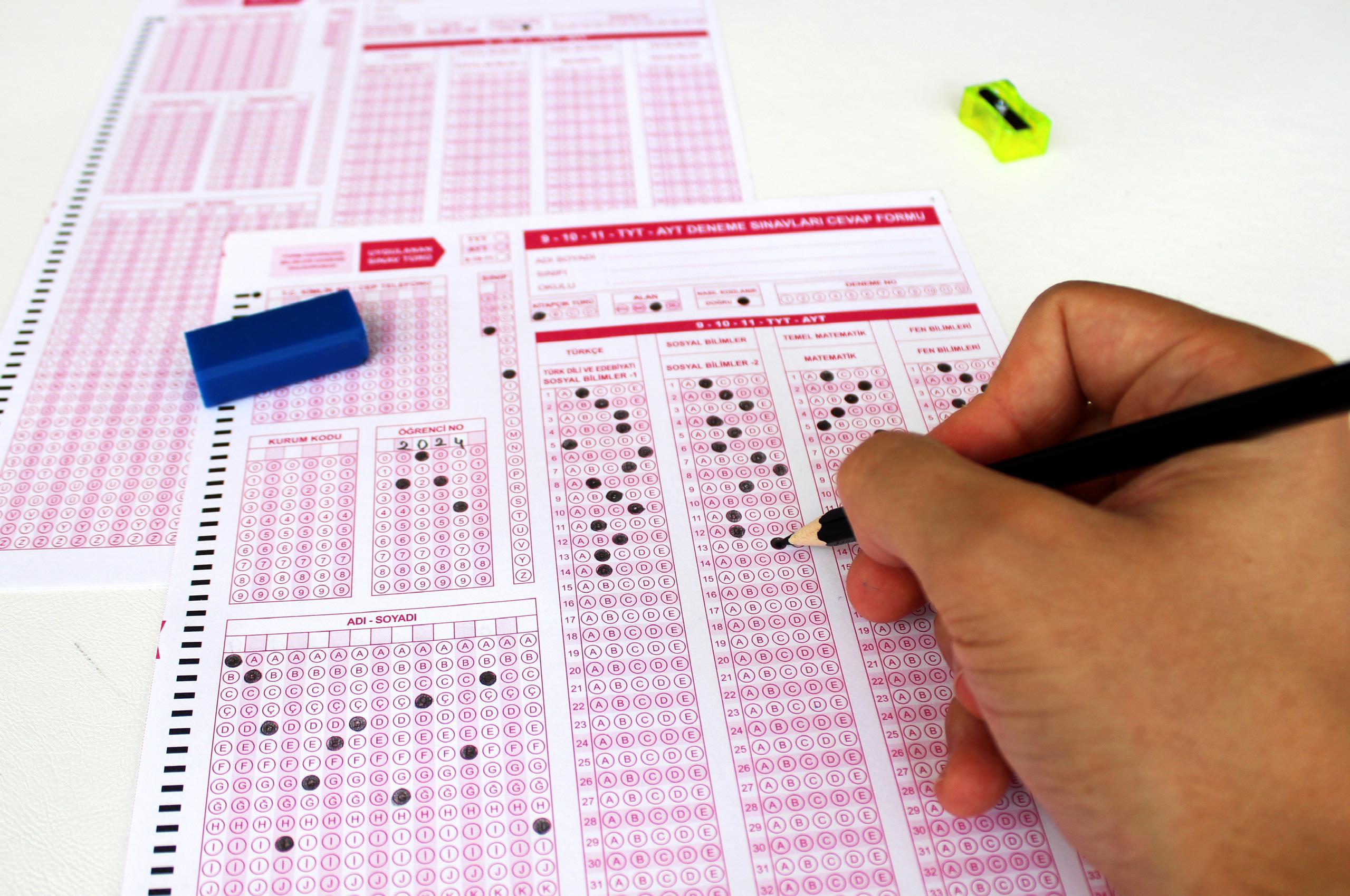
THE CRITICAL IMPORTANCE OF PSYCHOLOGICAL TESTS: A History of Applied Psychology
Kurt F. Geisinger, PhD
Buros Center for Testing, The University of Nebraska-Lincoln

In the spring of my senior year at Davidson College, the psychology chair asked several students and me to escort Dr. George Miller, a visiting distinguished lecturer and psychological researcher, from talk to talk around the campus. I had that privilege on several occasions. In one talk that I best remember some 50 years later, Miller reported his belief that the two areas where psychology had most influenced the knowledge base of the world, at least the academic world, were learning and psychological testing. Now, some 50 years later, I agree with Miller and believe that these are also the two areas that have caused applied psychology to reap benefits.
Learning has long been the center of most psychology programs, especially at the undergraduate level, with most students required to take at least one course in learning, whether it is based on animal or human learning. Most departments require undergraduate majors to take a course in experimental
psychology in which they engage in mini-learning experiments including the training of rodents or experiments with human learners. Learning became the basis for certain types of psychological therapy, including behavior modification and cognitive behavioral therapy. However, even Rogerian therapy involves learning techniques to help patients learn about themselves. Similarly, educational psychology has concentrated on learning as a central focus, and industrial psychology deals with the training of workers and on-the-job learning. It is difficult to imagine a psychologist who could not wax on the topic of learning for hours on end; it was a sizable portion of our training in the field. The focus of this article, however, is on testing and measurement, a sometimes-forgotten area of psychology.
My experience with undergraduate majors is that some are interested in careers in research, but many more are interested in working in applied settings. There are traditional fields of applied psychology, including three primary
health-related fields: clinical, counseling, and school psychology, as well as health psychology, and a variety of industrially oriented ones. Industrially oriented fields generally include industrial and organizational psychology but also include consumer psychology and engineering psychology. Newer applied psychology fields have made advancements of their own. Sport psychology involves both testing and training athletes to perform their best, for example. Health psychologists deal with how biological, social, and psychological factors influence health and illness and often work closely on teams with physicians and other members of health professions. Educational psychology, like school psychology, tends to work to improve student learning. Note that a similar article could be written about the importance of psychological measurement in psychological research.
Testing in Its Infancy
Many scholars identify the true infancy of modern psychology as the establish-
Photo Credit: Shutterstock.com / LEON PHOTGRAPHY / Vecteezy.com / ADEM PERCEM
34 EYE ON PSI CHI SUMMER 2024 COPYRIGHT © 2024 PSI CHI Return to table of contents
ment of the first psychology laboratory at the University of Leipzig, Germany by Wilhelm Wundt in the late 1800s. Although Wundt was not especially interested in how humans differed from each other, he established the principle that all extraneous variables in experiments should remain constant so that the independent variable causes changes in the dependent variable. This notion of experimental control translated to testing, and that is the reason people take tests for specified time periods in quiet rooms without disturbances and other confounding factors. We want to know if one’s ability or the underlying trait measured by the instrument is what leads to the resultant individual differences. That is an extensive portion of what is called standardized testing.
Some of Wundt’s well-known students were Francis Galton and James McKeen Cattell, the latter often referred to as the father of psychometrics. Both began developing and administering psychological tests. These two brought Wundt’s practice of the control of extraneous variables into the administration of tests with the goal being to eliminate extraneous factors so that the scores that emerged would represent whatever the test was intended to measure. Both Galton and Cattell thought that complex psychological processes could best be determined by more basic human characteristics, such as reaction time, other psychophysical measures, and even bumps on one’s head! One of Cattell’s students, E. L. Thorndike, often cited as the father of educational psychology, attempted to predict college grades with such measures, a study that failed miserably. It should also be noted that the early days of psychology and psychological testing often reflected common societal beliefs held at that time that may now be considered racist and sexist. Examples of these problematic issues are provided in the following discussion.
The Nature of Applied Psychology: The Role of Testing and Assessment
Applied psychology has often worked on a quite simple model of diagnose-implement program/services-assess. That is, we start any provision of services with an assessment phase, which generally involves formal assessment as well as qualitative and
quantitative observations that psychologists combine to decide what type of psychological program or treatment is to be implemented to address the issue that was assessed. After the client receives the treatment, the psychologist makes a second assessment to verify the effectiveness of the treatment and to decide whether further treatment or a different treatment is now needed.
In the late 1800s, the Parisian public schools faced a large influx of students given a legal change that required children ages 6 to 14 to attend school. Alfred Binet, both a lawyer and psychologist, began working at the Sorbonne University in the 1890s and became a member of several committees studying Parisian education at the time. A committee asked Binet to help determine which children needed to be placed in what would be called special education in the United States. He decided that a test was necessary to help make such decisions. He authored a book, L’Étude Expérimentale de l’Intelligence (Experimental Studies of Intelligence, 1903) to describe his methods. Binet decided to build a measure to assess how much children had learned and their ability to solve age-appropriate problems by assessing their vocabulary, their memory ability, their understanding of language, their problem-solving ability, and other related characteristics. His approach differed significantly from those of Wundt’s students who studied basic psychophysical variables, such as reaction time. The world of psychology perceived Binet’s method as an extremely effective way to differentiate those students who needed special services to succeed. His test became incredibly well-recognized, and psychologists around the world translated and adapted it to their home countries.
In the United States, Lewis Terman, a professor at Stanford University, adapted the test for schoolchildren and called it the Stanford-Binet. It became an extremely popular test of child intelligence, and its latest edition is still widely used today as are the competitor Wechsler tests that are available for a wide range of ages. Terman’s work in psychology was highly influential, and he is still often cited in the intelligence testing and gifted education literatures; however, he also harbored eugenic beliefs, extended as far as recommending the sterilization of those whom he called, “feeble-minded.”
Shortly after the advent of intelligence tests, which psychologists individually administered to clients, there became an apparent need for testing people more economically. History also intervened. “When the United States entered World War I in 1917, the American Psychological Association appointed a committee to consider ways in which psychology might assist in the conduct of war” (Anastasi & Urbina, 1997, pp. 38–39). Terman served on one of these committees that focused on testing military recruits for proper placement. One of Terman’s students (and later colleagues), Arthur Otis, had been working on a group-formatted version of the Stanford-Binet, which became one of the first measures to use multiple-choice test items. A committee of psychologists developed and administered two forms of these group tests: the Army Alpha and the Army Beta. Alpha was a multiple-choice test for English-speaking test takers.
The Army Beta was a nonverbal test intended for those who could not read English, and perhaps some recruits with certain disabilities. The military used the results of the testing in several ways. Some individuals who scored poorly on the tests were dismissed from the service. Military leaders assigned some who scored well into officer roles. Still others were placed in areas that appeared to emphasize their strengths (Thorndike & Lohman, 1990). These two tests were seen generally as effective for sorting soldiers that after the war, they began to be used in education, both in public schools, in industrial selection/hiring situations, and as a model for the later development of the college admissions measure, the SAT (originally the Scholastic Aptitude Test and later the Scholastic Assessment Test
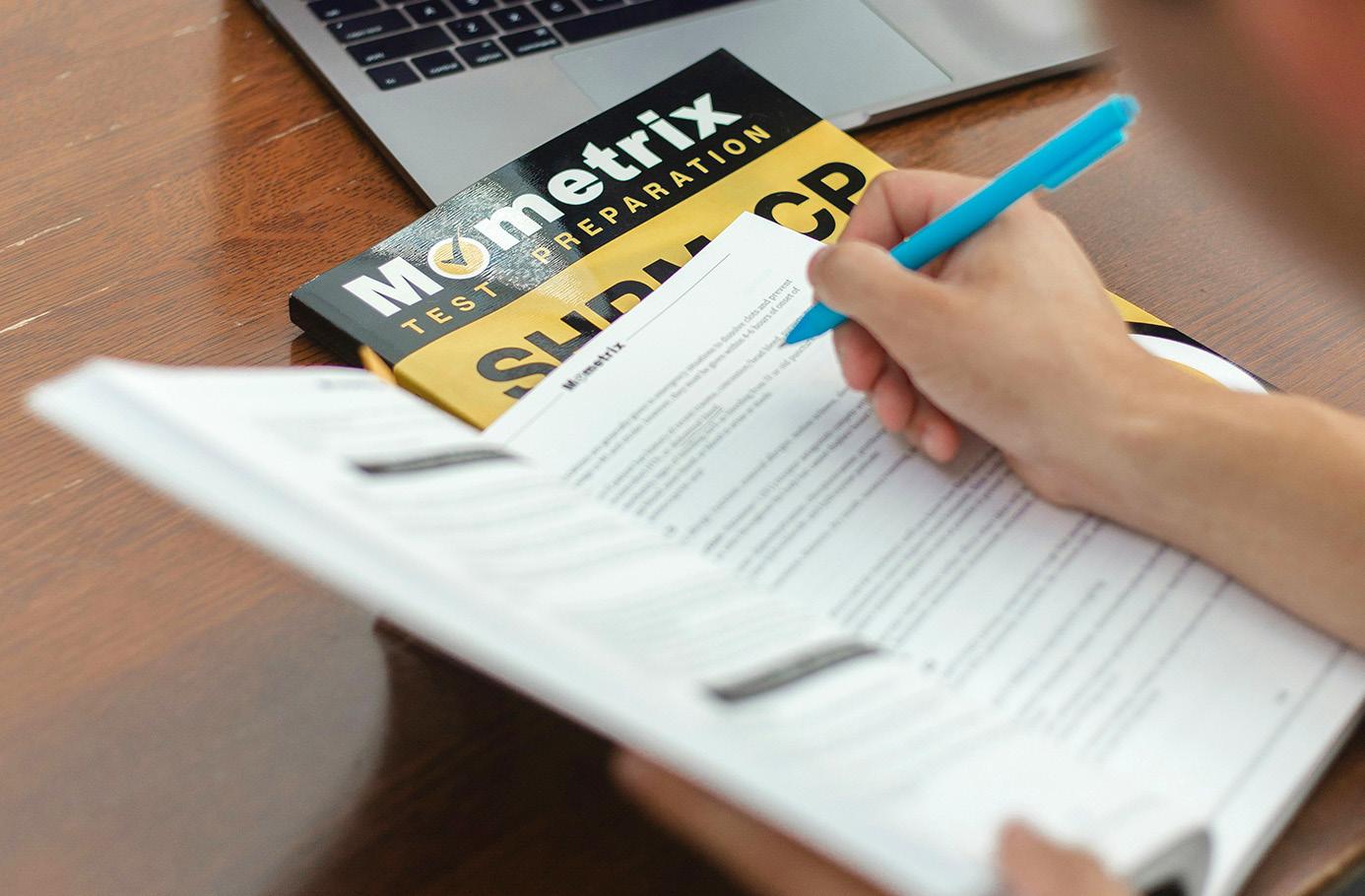
HISTORY
Photo Credit: Unsplash.com / AVERY EVANS 35 SUMMER 2024 EYE ON PSI CHI COPYRIGHT © 2024 PSI CHI Return to table of contents
(Lemann, 1999). Controversies regarding this type of testing continue today, with some believing that the tests are necessary, for example, to validly decide who can best succeed in college, and others holding that diversity and inclusivity are critically needed in today’s society and that use of these tests compromise those goals. This conflict may be seen in the movement of many colleges away from using standardized tests in admissions, and a number of Ivy League colleges who had stopped their use, returning to their requirement (e.g., Geisinger, 2023).
Health Service Psychology
Counseling psychology developed as a field that helped people transition into facing the difficult life decisions that most people encounter. Initially, one of the most important roles for counseling psychologists was to help individuals learn what types of employment they might prefer the most. During the 1910s and 1920s, several psychologists such as E.L. Thorndike, Truman L. Kelley, and J. B. Minor, began to study vocational interests with the intent that, if young people could identify their interests, they could be “steered” to vocational choices that would permit them to satisfy their interests while permitting them to work and make a living. E. K. Strong, Jr. expanded upon the dissertation work of K. M. Cowdery (one of his and Truman Kelley’s graduate
students) to employ items indicating one’s interests in various activities. Respondents answered whether they liked or disliked these activities. Then he collected data from members of many different professions. He identified patterns of interest that were specifically representative of different professions. With these data, he could match any individual who took the inventory to those of all the different professions he studied. We call this process “empirical keying,” where researchers identify the profiles of likes and dislikes by members of various professions and match them to those of individuals taking the instrument. By comparing profiles of interests from specific individuals to those typical of existent professionals, Strong could suggest professions that a person could consider as part of their counseling exploration because their interests were similar to those in specific professions. Psychologists term the empirical keying procedure that Strong used to compare an individual’s responses to those of existent professions as “dust-bowl empiricism,” because counselors can use these to suggest occupations rather than applying a logical theory. Counselors could then help explore those professions with the client to discuss what the client might like about the different professions the client matched. The Strong Vocational Information Blank was first published in 1927, initially only for men (demonstrating the societal

sexism present at that time), and a version for women was published in 1933 (DuBois, 1970). Today updated versions are still available, and the measure continues to be widely used in vocational counseling sessions. In its most recent version (2004), the instrument, through both its research base and its user manuals has emphasized inclusion of culturally diverse individuals as well as those with disabilities.
In clinical psychology, the applied psychology model expressed in Binet’s work could be stated as diagnose-treat-assess again (sometimes referred to as test-treat-test). Many clinical psychologists worked assessing potential patients as they were “in-taken” into psychiatric hospitals. Different diagnoses often indicate different treatments. Yet for a psychologist to spend enough time with a patient to make such a diagnosis was an inefficient use of their time and skills (Meehl,1954). Therefore, psychologists worked to identify tests that could aid in the diagnostic process, leaving clinicians more time to treat patients. A clinical psychologist, Stark Hathaway, and a psychiatrist, J. Chamley McKinley, from the University of Minnesota performed one of the best-known and most successful efforts that paralleled the criterion-keying approach of the Strong Vocational Interest Blank, the Minnesota Multiphasic Personality Inventory (MMPI). Originally, the psychologists administered the MMPI to patients, and then the profiles of their scores on the thirteen scales composing the MMPI were matched to diagnoses, which had been made without reference to the test scores. Thus, these patients were matched to score profiles similar to those with specific diagnoses (another case of empirical keying). It proved so successful and economical for the diagnosis of existing psychological diagnoses that it became extremely popular. For many years, the MMPI was often the most frequently administered personality test, including in unintended settings such as business, medicine, and the military (Anastasi & Urbina, 1993). As the measure aged, the University of Minnesota Press has updated the wording of questions, the norms used in the measure, the ages for which forms are appropriate, and its validity consistent with updated conceptions of psychopathology.
There are similarities and differences between the ways psychologists use the
Photo Credit: Shutterstock.com / GROUND PICTURE HISTORY
36 EYE ON PSI CHI SUMMER 2024 COPYRIGHT © 2024 PSI CHI Return to table of contents
results of the empirically keyed instruments mentioned above. Psychologists would rarely use the Strong Vocational Interest Blank deterministically to make decisions about individuals seeking to make a vocational choice. The goal is to point individuals in some likely directions and to spend time considering the field and discussing it with the counselor. On the other hand, psychologists might use the MMPI profiles to help make a diagnosis of a mental or psychological disorder. Those making the diagnosis would include other information such as observations and reports in the decision-making process, but the diagnosis might be one over which the patient has little decision-making input. Psychologists should always use test data in conjunction with other information. That point is a fundamental one of measurement ethics!
Students and Test-Taking
Many students reading this article may well have taken a sizable number of tests, even if they have never taken any of those mentioned in this article. Please know that there are many varieties of intelligence tests, interest inventories, and personality tests. I mention only one historically relevant measure in each subfield in this brief article. And readers have probably taken some others too, including those used to help make decisions on college acceptance, such as the SAT or ACT (originally the American College Test). Changes and updates are a regular part of the development of almost all well-known tests. For example, the College Board began offering the SAT near the beginning of the 20th century (1926). At its origin, it was primarily an achievement test with eight subtests, including Latin, History, and Classics. The most prestigious colleges, such as those of the Ivy League, used it primarily for selecting students from elite private high schools. Only after what was perceived as the success of intelligence testing to sort prospective soldiers in World War I (Lemann, 1999), did it change to be more intelligence-oriented, with Verbal and Quantitative sections. Those administering the SAT and those leading the Ivy League also wanted to open the gates of the Ivy League for students from public schools throughout the nation, another reason for that change that made it more open to students from
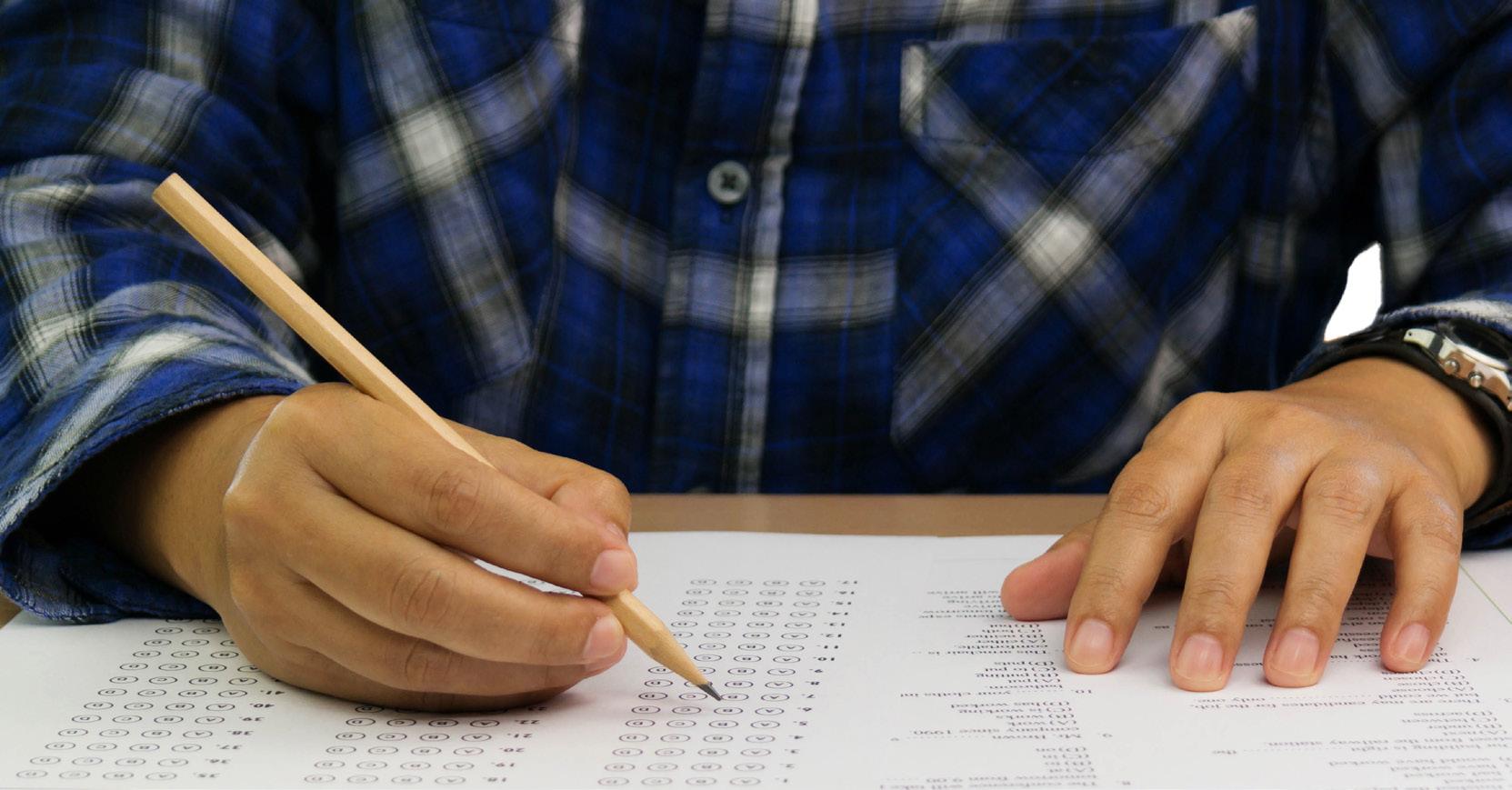
a variety of high school curricula. In recent, postpandemic years, many schools have halted or seriously minimized their use of the ACT and SAT in admissions due to the difficulty of having group administrations of standardized tests due to the pandemic, the Varsity Blues scandal (where certain wealthy clients paid to have students admitted to certain prestigious institutions), and the more widespread finding that members of some underserved groups do not fare as well on these measures (e.g., Geisinger, 2023). These changes have taken place during your educational history and in any of your classes, there are likely to be students who had to take such measures and others who did not. As you read this article, many graduate schools have lessened the impact of the Graduate Record Examination (GRE), and law schools are now debating the use of the Law School Admission Test (LSAT). Your psychology classes should encourage you to evaluate carefully the data supporting and against such decisions, and you should evaluate such data in conjunction with your values, including those for advancing diversity, equity, and inclusion.
Testing will continue to be a major part of educational admissions as it is a part of all applied psychology. It is one of the cornerstones of applied psychology. Considerable research has shown that tests can help in making decisions, but if readers learn one thing from this article, it should be that tests should never be used
alone to make decisions. They should be one component of the decision-making process when research indicates their value and economy.
References
Anastasi, A. & Urbina, S. (1997). Psychological testing (7th ed.). Prentice-Hall. Binet, A. (1903). L’etude expérimentale de l’intelligence. Schleicher Feres & Cie. DuBois, P. H. (1970). A history of psychological testing . Allyn & Bacon. Geisinger, K. F. (2023). College admissions and admissions testing in a time of transformational change. Routledge.
Lemann, N. (1999). The big test: The secret history of the American meritocracy. Farrar, Straus. Giroux.
Meehl, P. E. (1954). Clinical vs. statistical prediction: A theoretical analysis and a review of the evidence. University of Minnesota Press.
Thorndike, R. M. & Lohman, D. F. (1990). A century of ability testing. Riverside.
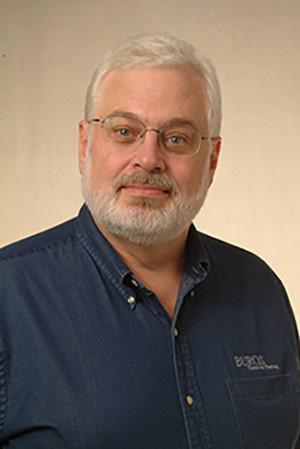
Kurt F. Geisinger, PhD, is Director of the Buros Center on Testing and Meierhenry Distinguished University Professor at the University of Nebraska-Lincoln. He received his doctoral degree from Penn State. He previously served as Professor and Chair of the Fordham University Psychology Department, Dean of Arts and Sciences (SUNY-Oswego), and Provost/Academic Vice President (Le Moyne College, and University of St. Thomas). Dr. Geisinger served as President of the International Test Commission, the International Association of Applied Psychology’s Assessment and Evaluation division, and APA divisions of Quantitative and Qualitative Methodology, and International Psychology. His primary interests lie in validity theory, admissions testing, testing individuals with disabilities and language minorities, and adapting tests from one language and culture to another. Dr. Geisinger edited/co-edited publications for APA and the Buros Center including Test Interpretation and Diversity: Achieving Equity in Psychological Assessment, the APA Handbook of Testing and Assessment in Psychology (3 volumes), Psychological Testing of Hispanics (2nd Edition): Clinical, Cultural, and Intellectual Issues, Psychological Testing of Hispanics, the 17th, 18th, 19th , and 20th Mental Measurements Yearbooks; Pruebas Publicadas en Español; among others. He was co-editor of The ITC International Handbook of Testing and Assessment (the 2017 Ursula Gielen Global Psychology Book Award)
Photo Credit: Vecteezy.com / LAMAI PRASITSUWAN
HISTORY 37 SUMMER 2024 EYE ON PSI CHI COPYRIGHT © 2024 PSI CHI Return to table of contents
Submission Guidelines
With more than 1,180 chapters, Psi Chi members can make a significant impact in their communities. Reviewing Chapter Activities in Eye on Psi Chi is a great way to find inspirational ideas for your chapter and keep in touch with your chapter after you graduate.
Activities are listed in the following categories:
COMMUNITY SERVICE
• CONVENTION/CONFERENCE
• FUND-RAISING
• INDUCTION CEREMONY
MEETING/SPEAKER EVENT
• RECRUITMENT
• SOCIAL EVENT
Share your chapter’s accomplishments with others in the next issue of Eye on Psi Chi! Chapter officers and advisors are encouraged to visit https://www.psichi. org/page/eye_activity
Submission deadlines*
Fall: June 30
Winter: September 30
Spring: December 15
Summer: February 28
*Reports received (postmarked) after the deadline will appear in the next issue of Eye on Psi Chi
EAST
American University in Cairo (Egypt)
SOCIAL EVENT: The chapter hosted a Psi Chi Networking Night, which aimed to bring together the entirety of AUC Psi Chi to unite, network, socialize, and have a good night! The Psi Chi Networking Night took place Thursday, November 30, at the AUC New Cairo Campus. Finger food and refreshments were offered. The aim of the event was to connect with Psi Chi members at AUC.
CONVENTION/CONFERENCE: The chapter attended Psychotherapy Modalities Conference, which was a day-long conference on the
newest leading psychotherapeutic techniques. The conference allowed all attendees to learn about the following therapeutic modalities: IFS, EMDR, EFT, DBT, Somatic Experiencing, ACT, and Expressive therapies. It also aimed to spread awareness about what psychotherapy entails, what a psychotherapy session looks like, and for whom it best fits. This event was free and available to the public, with the goal of making knowledge on psychotherapy more accessible to undergraduate and graduate students, therapists, mental health practitioners, and anyone else interested in learning more about psychotherapy.
Fordham-Lincoln Center (NY)
COMMUNITY SERVICE: In spring 2023, Maria Elisa Vannoni (president) launched a new chapter webpage and newsletter: https://mailchi. mp/1e9d941f378a/chapter-history This shared the chapter’s rich history (est. 1983) and upcoming activities for the Fordham community. The chapter hosted its 40th annual Forum on Graduate School in Psychology, advising students on career success.
MEETING/SPEAKER EVENT: In fall 2023, the chapter hosted 15 diverse activities—workshops, forums, and trips featuring a total of 44 experts. These activities related psychological
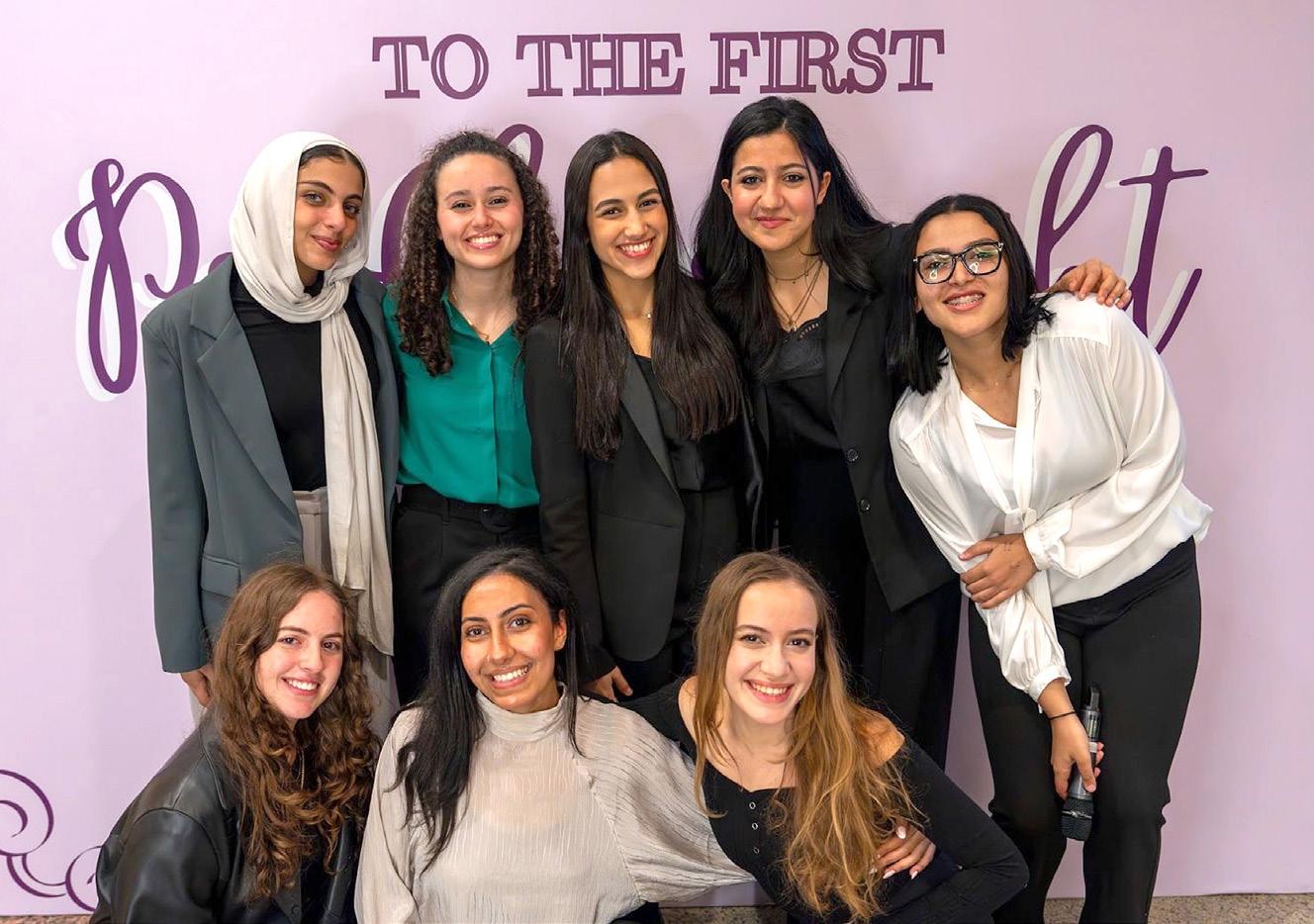
(Above) Psi Chi Night at the American University in Cairo
(Above right) In November 2023, Fordham-Lincoln Center (NY) Chapter President Maria Vannoni thanks Psi Chi International Past-President Jason Young for his message to new members.
(Right) American University in Cairo attended Psychotherapy Modalities Conference.

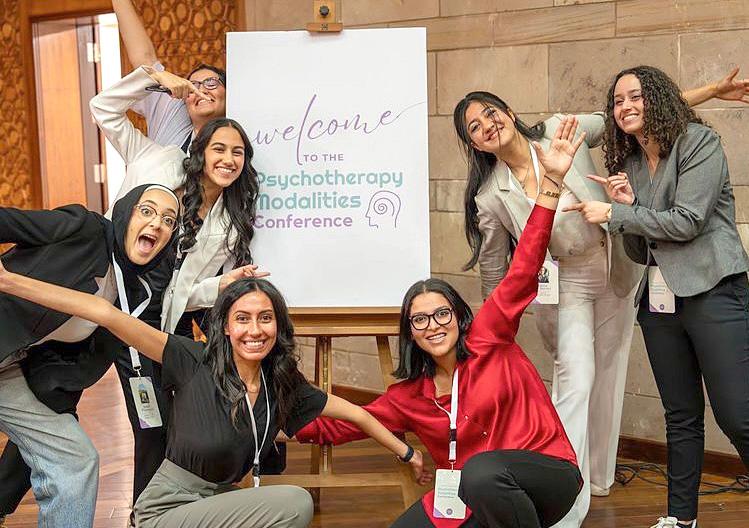
CHAPTER ACTIVITIES –––––––––––––––––––––––––––––––––––––––––––––––––––––––––––––––––––––––––––––––––––––––––––––––––––––––––––––––––––––––––––––––––––––––––––––––––––––––––––––––––––––––––––––––––––––––––––
ABBREVIATIONS ACHS Association of College Honor Societies APA American Psychological Association APS Association for Psychological Science EPA Eastern Psychological Association MPA Midwestern Psychological Association NEPA New England Psychological Association RMPA Rocky Mountain Psychological Association SEPA Southeastern Psychological Association SWPA Southwestern Psychological Association WPA Western Psychological Association
38 EYE ON PSI CHI SUMMER 2024 COPYRIGHT © 2024 PSI CHI Return to table of contents
science to topics in law (filicide, wrongful convictions), education (teacher training, multicultural classrooms), international issues (with the United Nations), and social issues (the legacy of Stanley Milgram). Some of these now appear online: https://youtu.be/it90frKzZ-0.
INDUCTION CEREMONY: The chapter held its fall induction of new members on November 30, featuring Psi Chi PastPresident, Dr. Jason R. Young, from Hunter College (NY). The chapter presented two Outstanding Achievement Awards to alumnus Dr. Dore Shepherd (’82) and Professor Dinesh Sharma. The chapter plans its 40th anniversary reunion on June 21, 2024.
Northeastern University (MA) MEETING/SPEAKER EVENT: The February chapter meeting hosted alumni, Mallory, from Minding Your Mind to speak about her experience with mental illness. This event was part of the Changing Minds: Stories Over Stigma program that aims to break the stigma around mental health challenges via conversation. The event featured a talk by Mallory speaking about her mental health journey, followed by Q&A with the 27 attendees.
Pennsylvania State University at Harrisburg (PA)
MEETING/SPEAKER EVENT: Psi Chi
cohosted a Domestic Violence Awareness Event at Penn State Harrisburg during Awareness Month in
October 2023. Speakers included Dr. Maria Turkson, licensed psychologist and primary advisor to Psi Chi, who discussed DV research findings and trauma. Other speakers were District Attorney Jennifer Gettle, who prosecutes domestic violence offenders; David Zayas, advocate at Victim Witness Organization in Harrisburg, PA, who spoke about victim advocacy; Becca Zelner, MSW, who spoke about Adverse Childhood Experiences (ACEs); Jeffrey West, Financial Advisor, who discussed the connection between finances and domestic violence; and Dr. Dana Milacovick, who discussed trauma. Psi Chi officers made purple ribbons and handed out prizes. The event made the local ABC27 news!
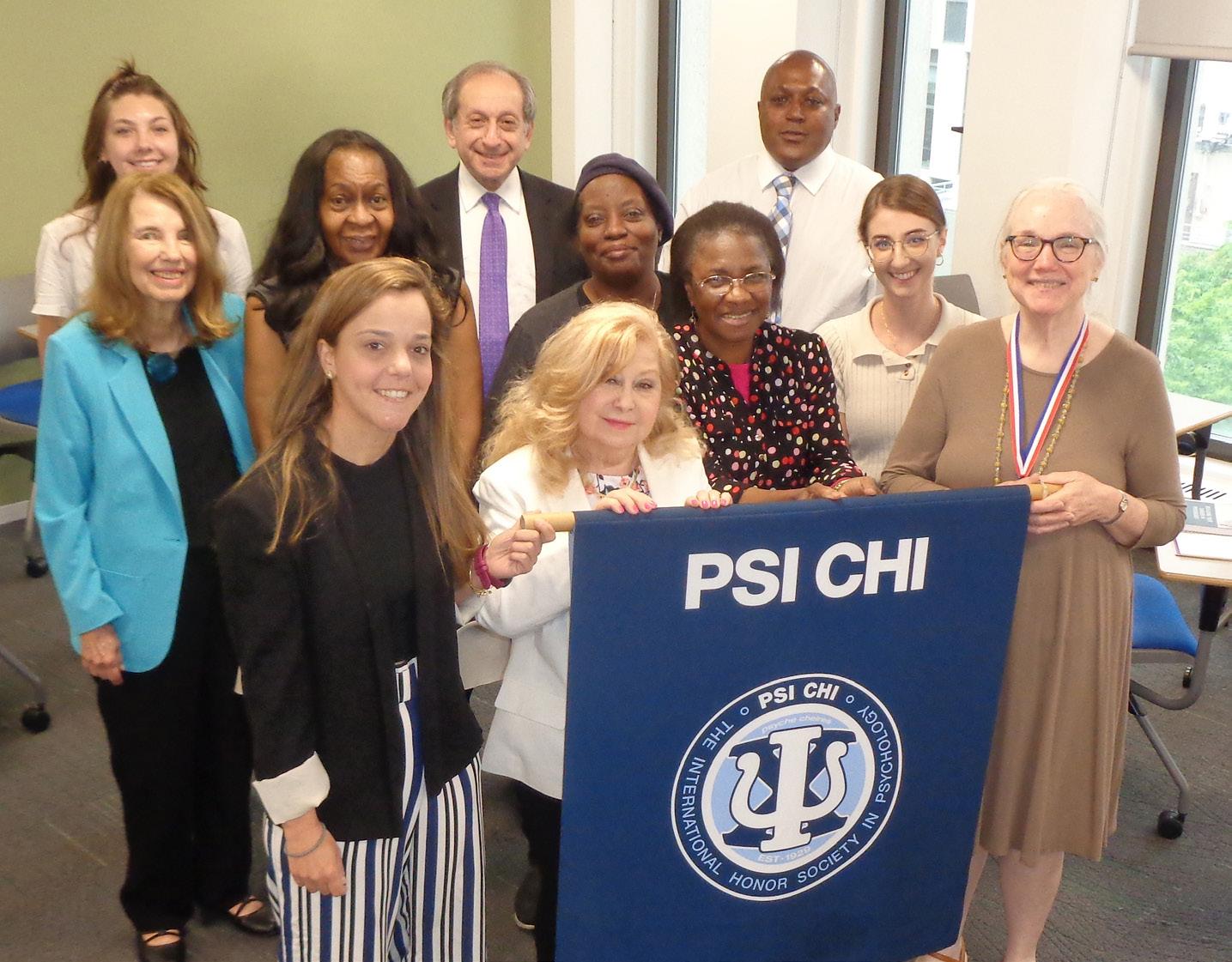
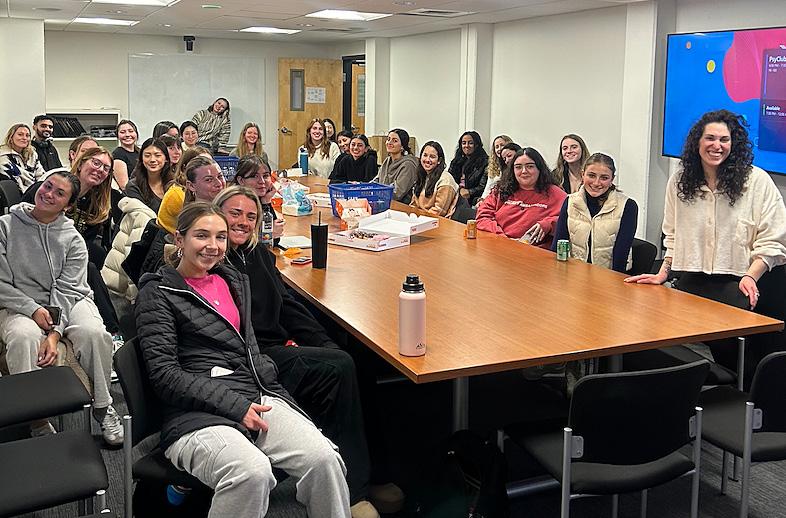
Towson University (MD)
SOCIAL EVENT: The chapter hosted a de-stressing event: Halloween Paint & Sip! This event was catered toward club members who have been feeling stress during the semester (or students who just wanted to have some fun)! Students enjoyed expressing themselves through canvas and sipping on delicious MOCKtails!
MIDWEST
Carthage College (WI)
SOCIAL EVENT: The chapter hosted its first “Prosocial Project,” a collaborative and interdisciplinary event. At the event, 350 meals were prepared and distributed
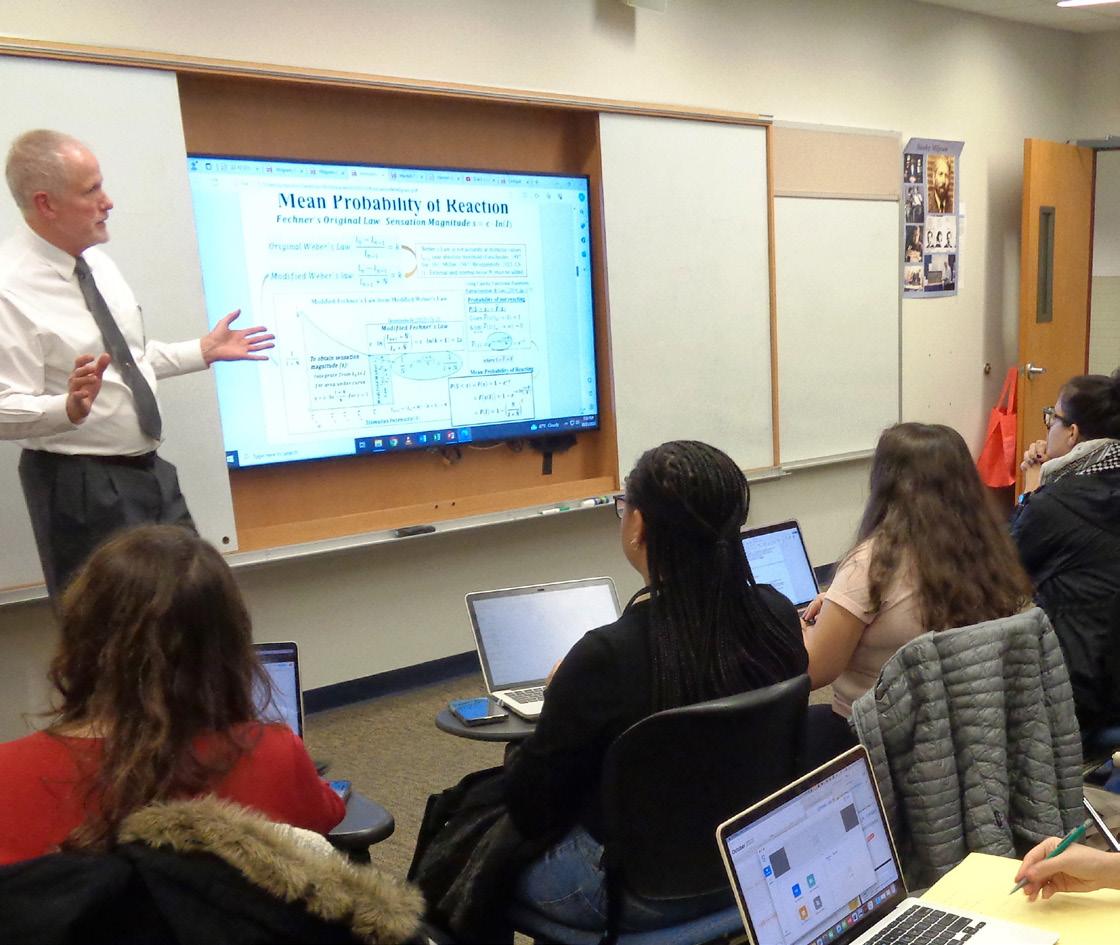
–––––––––––––––––––––––––––––––––––––––––––––––––––––––––––––––––––––––––––––––––––––––––––––––––––––––––––––––––––––––––––––––––––––––––––––––––––––––––––––––––––––––––––––––––––––––––––––––––––––––––––––––––––––––––––––––––––––––––––––––––––––––––––––––––––––––– CHAPTER ACTIVITIES
Lincoln Center (NY) Chapter hosted Kurt Brintzenhofe of Washington DC to speak about “The Legacy of Stanley Milgram @ 90.” (Below) Guest speaker Mallory and attendees at Northeastern University’s (MA) Changing Minds: Stories Over Stigma event.
39 SUMMER 2024 EYE ON PSI CHI COPYRIGHT © 2024 PSI CHI Return to table of contents
to local shelters and food pantries. Each meal included a peanut butter and jelly sandwich, a banana, chips, cookies, and a water bottle. Several other academic organizations joined Psi Chi to assemble the meals in under 40 minutes. The event had a great turnout, and everyone left feeling destressed!
DePaul University (IL)
MEETING/SPEAKER EVENT: On January 17, the chapter hosted an event to share information with psychology students about how to find and apply to paid research opportunities on campus—either as a research assistant or principal investigator. The chapter invited undergraduate and graduate students who have been
successful in attaining a paid research opportunity (such as the Doctoral and Undergraduate Opportunities for Scholarships, Undergraduate Summer Research Program, and Undergraduate Research Assistant Program) to share their experience and advice with members. Attendees enjoyed pizza and snacks during the event, fostering a casual and engaging environment for networking and learning.
SOCIAL EVENT: On February 13, the chapter hosted a Valentine’s event, complete with a service project and Valentine’s Day-themed games. Attendees created handmade Valentine’s Day cards for older adults. About 20 students participated in this project, and the cards were given to residents at
a nearby senior living community on Valentine’s Day. Students also played a variety of Valentine’s Day-themed games, including conversation heart tower building and Valentine’s Day Fishbowl. This event enabled students to build community and learn about upcoming Psi Chi events and open officer positions for the next year.
The University of Akron (OH)
SOCIAL EVENT: In September 2023, the chapter hosted a “Psych Social,” a gathering designed to foster connection between students and faculty within the Department of Psychology. Over 100 students engaged in discussion with professors and made new connections with peers, all while enjoying a
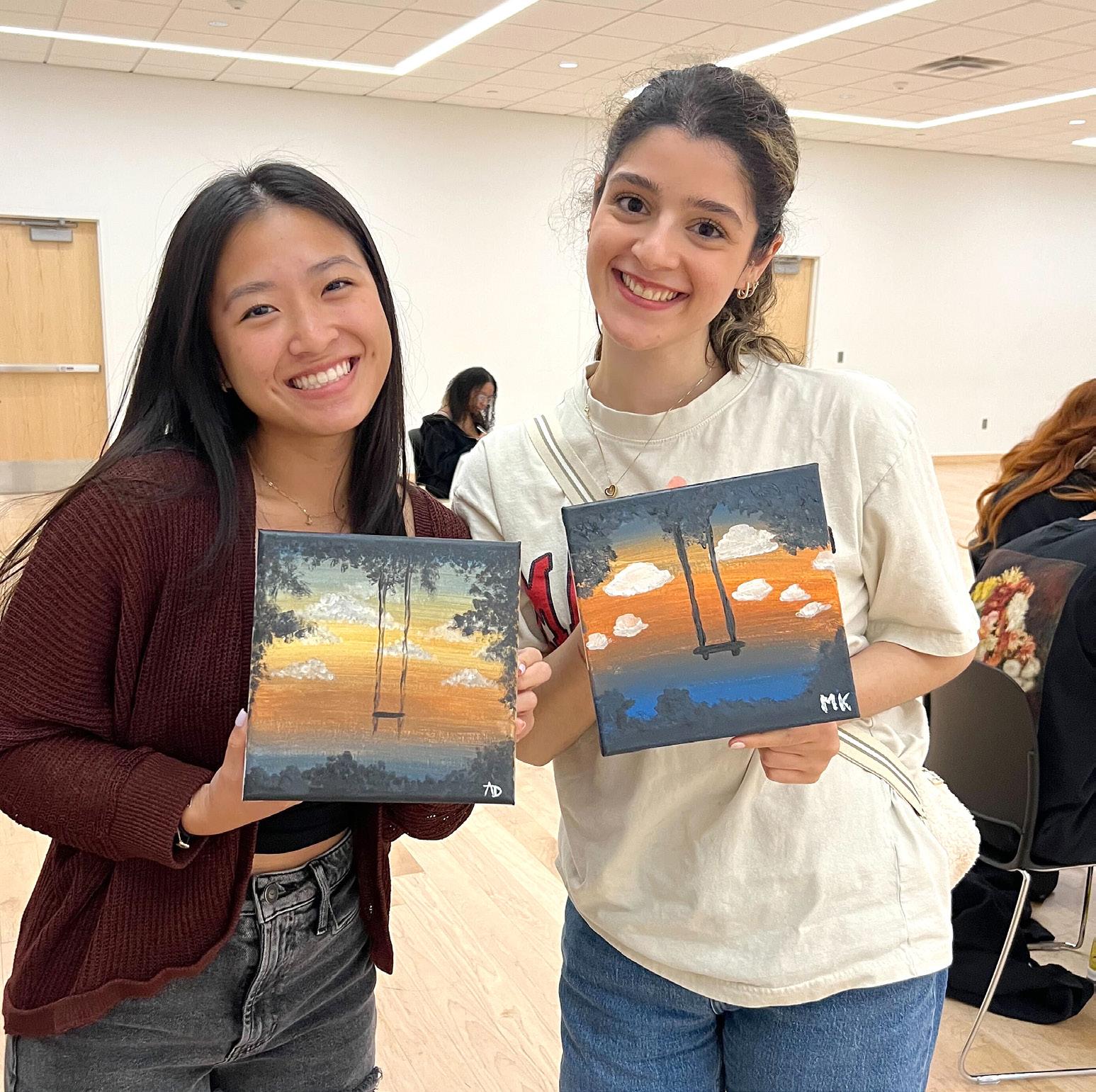
(
delicious spread of food and drinks. The executives also collected hundreds of psychology textbooks to donate to students. At the event, attendees were provided with various resources at UA, including the DEAI task force, Diversity Dialogues, Psychology Counseling Services, Advising, and The Cummings Center for the History of Psychology, offering a diverse array of services to meet their individual needs.
MEETING/SPEAKER EVENT: In February 2024, the chapter contributed to the University’s Black History Month calendar events by hosting a discussion on African-Centered Psychology. Guest speaker, Dr. Suzette L. Speight, Associate Professor of Psychology and Director of Training for the doctoral program in

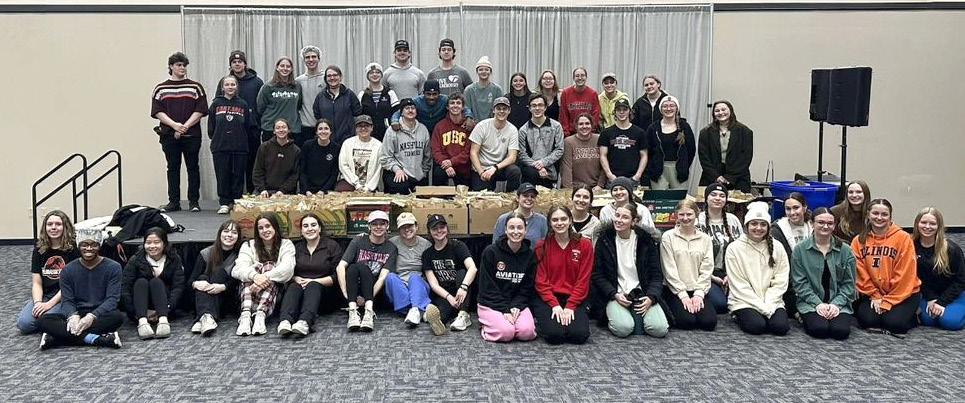
CHAPTER ACTIVITIES –––––––––––––––––––––––––––––––––––––––––––––––––––––––––––––––––––––––––––––––––––––––––––––––––––––––––––––––––––––––––––––––––––––––––––––––––––––––––––––––––––––––––––––––––––––––––––––––––––––––––––––––––––––––––––––––––––––––––––––––––––––––––––––––––––––––
(Above) Towson University’s (MD) Psi Chi chapter hosts social event, Halloween Paint & Sip.
(Above right) Carthage College (WI) Chapter working together with other academic organizations to prepare peanut butter and jelly sandwiches for the “Prosocial Project.”
Right) Carthage College (WI) Psi Chi students and academic partners gather with the meals prepared for the “Prosocial Project.”
40 EYE ON PSI CHI SUMMER 2024 COPYRIGHT © 2024 PSI CHI Return to table of contents
Counseling Psychology, presented on African psychological perspectives. The event boasts the highest attendance of students, including students of color. Through events like these, the chapter brings together students of various backgrounds, demonstrating their commitment to promoting diverse perspectives and excellence in line with their mission.
INDUCTION CEREMONY: In November 2023, Psi Chi inducted 33 new members—the largest new member group in any semester of our 73-year history! At the induction ceremony, a UA alumnus and past chapter president was the guest speaker and shared her experiences with members as a licensed mental health counselor and published
author. Giving students opportunities to learn about possible career paths within psychology is something the group has worked hard to promote.
ROCKY MOUNTAIN
Colorado State University, Pueblo
SOCIAL EVENT: The chapter visited Colorado State Hospital Museum! This museum shares the history of the Colorado Mental Health Institute at Pueblo (previously called the Colorado State Insane Asylum), which was founded on October 23, 1879. This was Colorado’s original and largest public psychiatric institution, once hosting up
to 6,000 patients. Now, the campus is a 516-bed acute care psychiatric hospital and exists as a prison network. This “field trip” was a learning experience about the history of mental health, Pueblo, and deinstitutionalization.
SOUTHEAST
Lynn University (FL)
FUNDRAISER: The chapter completed its first-ever Pie for a Purpose Fundraiser for the Christian Ladd Hall Scholarship for Mental Health Advocacy on February 28, 2024. Three brave professors went head-tohead raising money in their honor to raise over $200 for the scholarship.
University of Mary Washington (VA)
SOCIAL EVENT: In January and February, the chapter hosted study nights for Psi Chi members to get ahead on school work as well as to get to know their Psi Chi peers. These events lasted around two hours and had snacks, a cozy atmosphere, and calming music while members completed schoolwork or studied for classes.
INDUCTION CEREMONY: On February 28, the chapter hosted its spring induction ceremony, inducting 15 new members! This ceremony included a faculty member guest speaker and comments from the chapter’s two copresidents, Ally Tingen and Sofia Taylor.
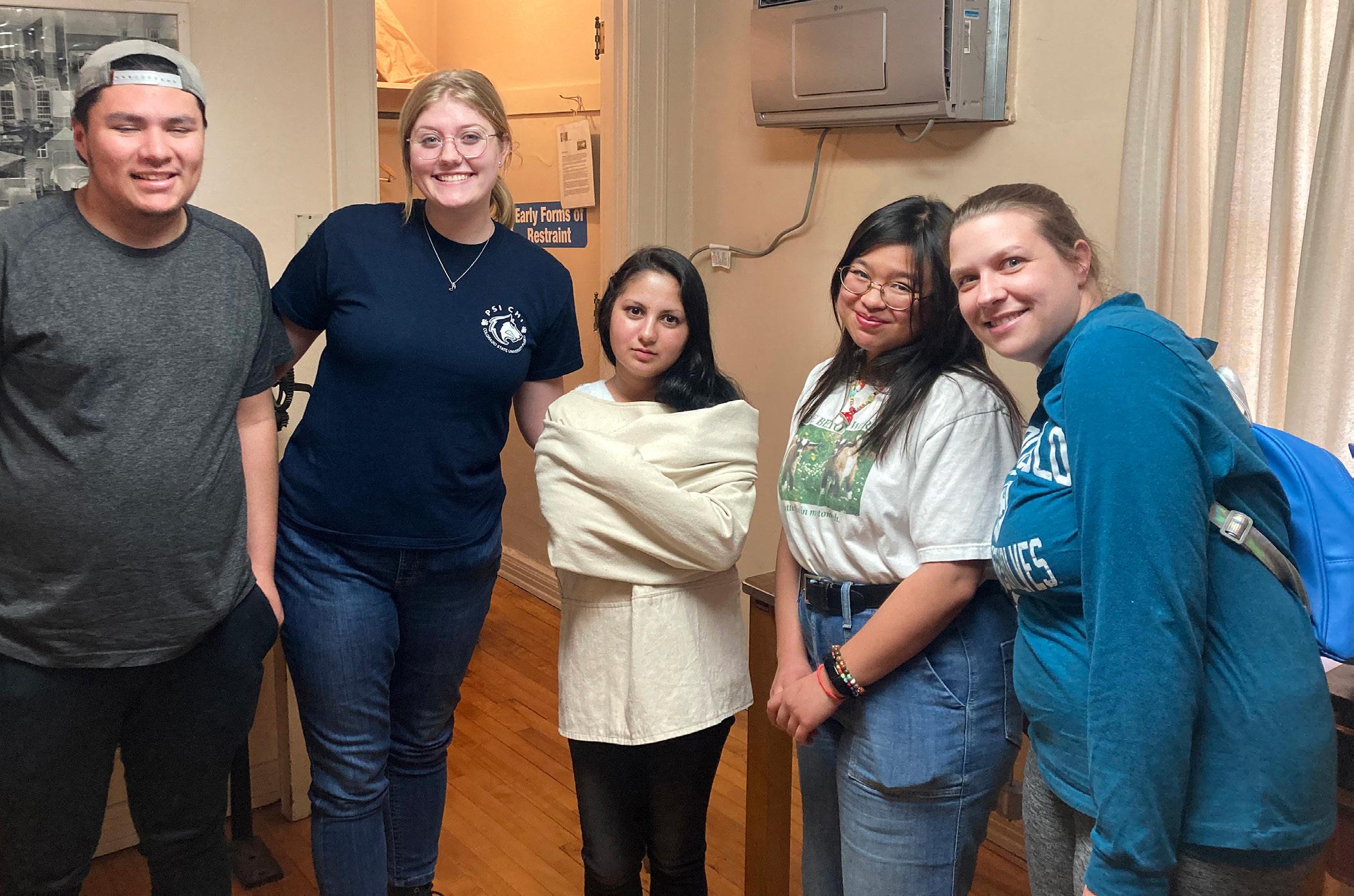
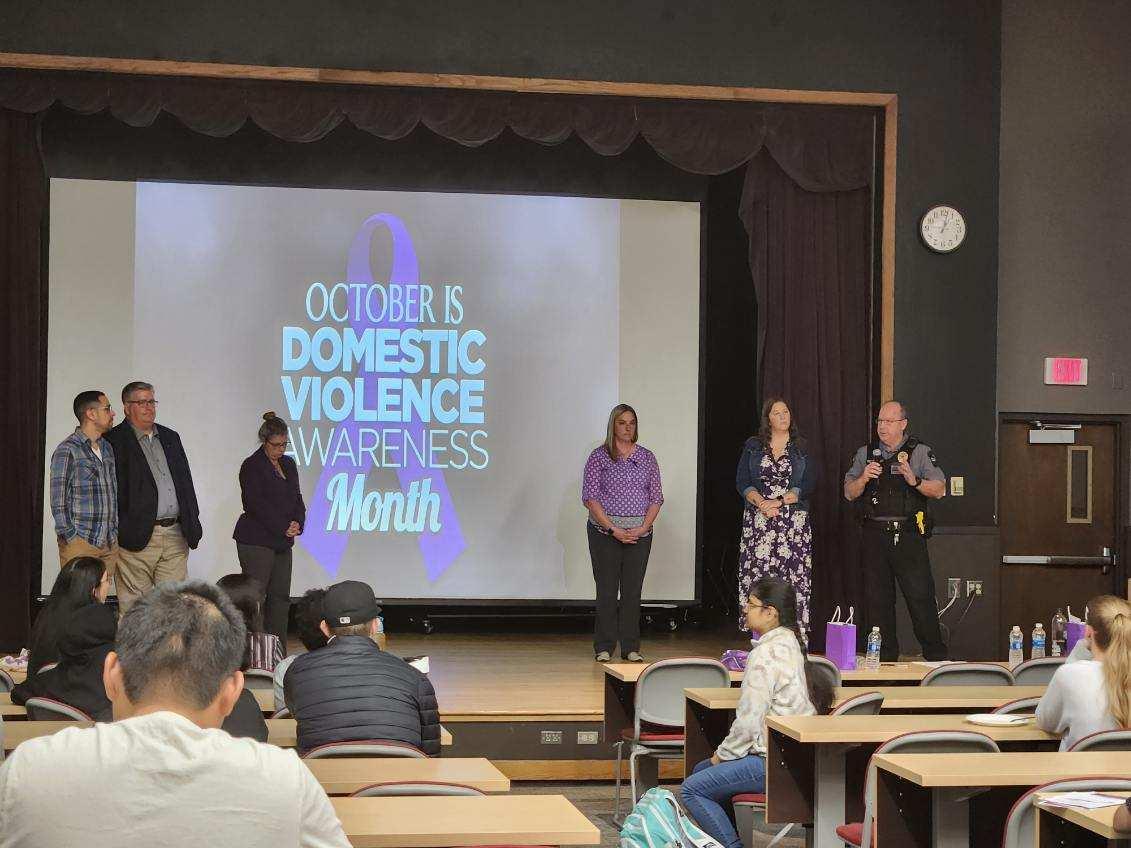 Colorado State University, Pueblo Psi Chi members (Carlos, Emily, Sofia, and Nicky) standing around Virginia Lusker (president) in an authentic straight jacket.
Colorado State University, Pueblo Psi Chi members (Carlos, Emily, Sofia, and Nicky) standing around Virginia Lusker (president) in an authentic straight jacket.
–––––––––––––––––––––––––––––––––––––––––––––––––––––––––––––––––––––––––––––––––––––––––––––––––––––––––––––––––––––––––––––––––––––––––––––––––––––––––––––––––––––––––––––––––––––––––––––––––––––––––––––––––––––––––––––––––––––––––––––––––––––––––––––––––––––––– CHAPTER ACTIVITIES
Pennsylvania State University speaker event’s panel
41 SUMMER 2024 EYE ON PSI CHI COPYRIGHT © 2024 PSI CHI Return to table of contents
FUNDRAISER: The chapter fundraised “power cards” to local dining and retail stores in the nearby downtown area. This card allows for those who buy to get a 5% discount at partnered stores/ dining areas. These cards go for $5 and allow chapter members, as well as the campus student population, to interact with community members.
University of West Florida MEETING/SPEAKER EVENT: The chapter had the opportunity to participate in a Zoom call with Dr. Robert Sternberg of Stanford University. Dr. Sternberg is the author of many well-known psychological theories including the triangular theory of love, triarchic theory of intelligence, and the investment theory
of intelligence. Psi Chi members and officers asked Dr. Sternberg questions and got to hear about his work. A particularly fun part of the Zoom call was that students had the opportunity to hear about recent modifications and amendments to his theories that are not usually covered in textbooks!
SOCIAL EVENT: The chapter sponsored a Halloween barbeque for the psychology department. Students and faculty members were encouraged to dress up in psychology-themed costumes and enjoyed delicious barbeque together. It was a fun break from the busy school day!
COMMUNITY SERVICE: The chapter served the community by participating in a bike build with OnBikes Pensacola.
Each holiday season, OnBikes holds bike builds and distributes them to less fortunate children.
Winthrop University (South Carolina)
SOCIAL EVENT: The chapter hosted an informational social event at the start of every school year to educate students about Psi Chi, build connections among individuals, and ask members about their preferred activities for the coming year. This year, almost half of the majors attended, with pizza and snacks provided. Attendees were encouraged to pick a partner sitting near them. The officers then posed “get to know you” questions and attendees shared their answers with their partners. Attendees also switched partners, sometimes
forming larger groups, which fostered new friendships.
Yerevan State University (Armenia) MEETING/SPEAKER EVENT: Psi Chi YSU Chapter held a meeting on March 19, 2024. The chapter also held an induction ceremony and celebrated the 5th anniversary of Psi Chi Yerevan State University! https://www.facebook.com/ sss.phipsy
SOUTHWEST
Texas Christian University
MEETING/SPEAKER EVENT: The chapter organized a Career Panel with guest speakers Dr. Broom,
(Below left) Lynn University's (FL) Professor Runners-Up for Pieing (from left to right: Dr. Cooper, Dr. Cunningham, Dr. Riedel).
(Below right) Lynn University (FL) Psi Chi member, Brandy Whitford, pieing the winning professor, Dr. Cunningham.



CHAPTER ACTIVITIES –––––––––––––––––––––––––––––––––––––––––––––––––––––––––––––––––––––––––––––––––––––––––––––––––––––––––––––––––––––––––––––––––––––––––––––––––––––––––––––––––––––––––––––––––––––––––––––––––––––––––––––––––––––––––––––––––––––––––––––––––––––––––––––––––––––––
(Right) Pie for a Purpose Lynn University (Fl) Psi Chi Officers and Professors (From Left to Right): Brandy Whitford, Drs. Cunningham, Cooper, and Riedel, Gaby Barber, and Amy Evans.
42 EYE ON PSI CHI SUMMER 2024 COPYRIGHT © 2024 PSI CHI Return to table of contents
Dr. Lauren Leising, Dr. Cayirdag, and John Solorzano-Restrepo (graduate student). The guest speakers introduced themselves and talked about their careers and how they got to where they are today. The speakers also did a Q&A at the end for further information about the process of schooling and different obstacles they accomplished.
COMMUNITY SERVICE: The chapter arranged a two-event opportunity to bring cans for a food drive, inspiring more activity during the Career Panel. This was a success, as a large number of cans were donated to the chapter’s donation center and many people participated!
Louisiana State University in Shreveport INDUCTION CEREMONY: On February
4, 2024, the chapter hosted an induction ceremony, welcoming 10 new members. The event’s program included a reception, welcome address, presentation of membership benefits, and the induction ceremony. Dr. Gifford and Dr. Pasold (chapter advisors) led the welcome and presentation of the membership benefits, chapter officers lead the induction ceremony, and Kessyn Alan (chapter president) delivered the closing remarks.
MEETING/SPEAKER EVENT: On February 19, 2024, the chapter arranged for guest speaker, Dr. Jana Fogaca, to meet via Zoom and share insights into her role as a sports psychologist. In this speaker event, members had the
opportunity to ask questions regarding master-level and doctoral programs in sport psychology.
FUNDRAISER: The chapter held the fundraiser “El Cabo Verde” on February 20, 2024. A percentage of the proceeds went toward the chapter initiative. There was a table outside the restaurant entrance in which Kessyn Alan (president) and Zeenath Khan (secretary and social media chair) welcomed guests and discussed what Psi Chi is and the chapter’s goals.
University of Central Arkansas COMMUNITY SERVICE: In honor of the Christian Ladd Hall Scholarship for Mental Health Advocacy, the chapter offered a special Naloxone training on
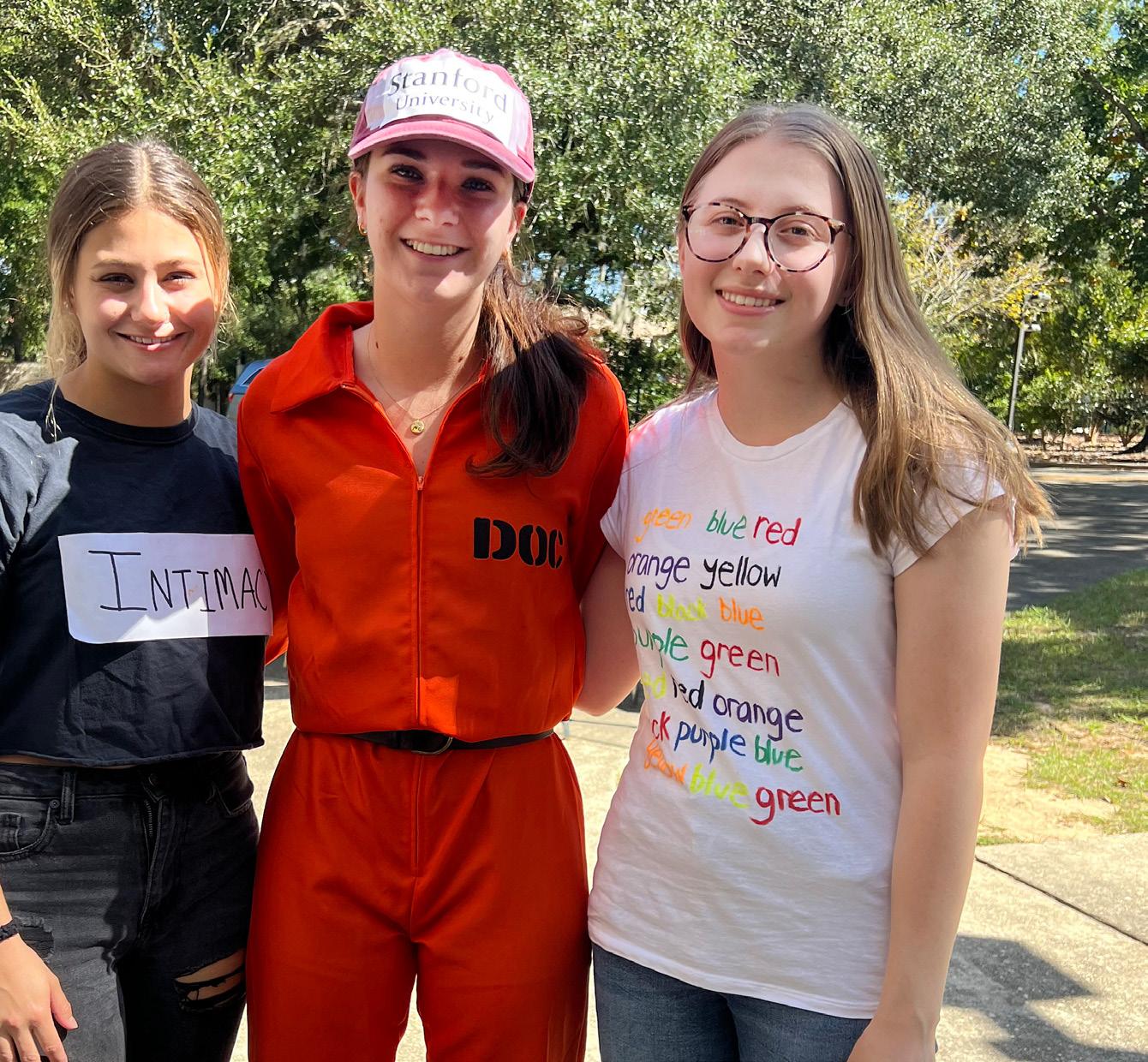
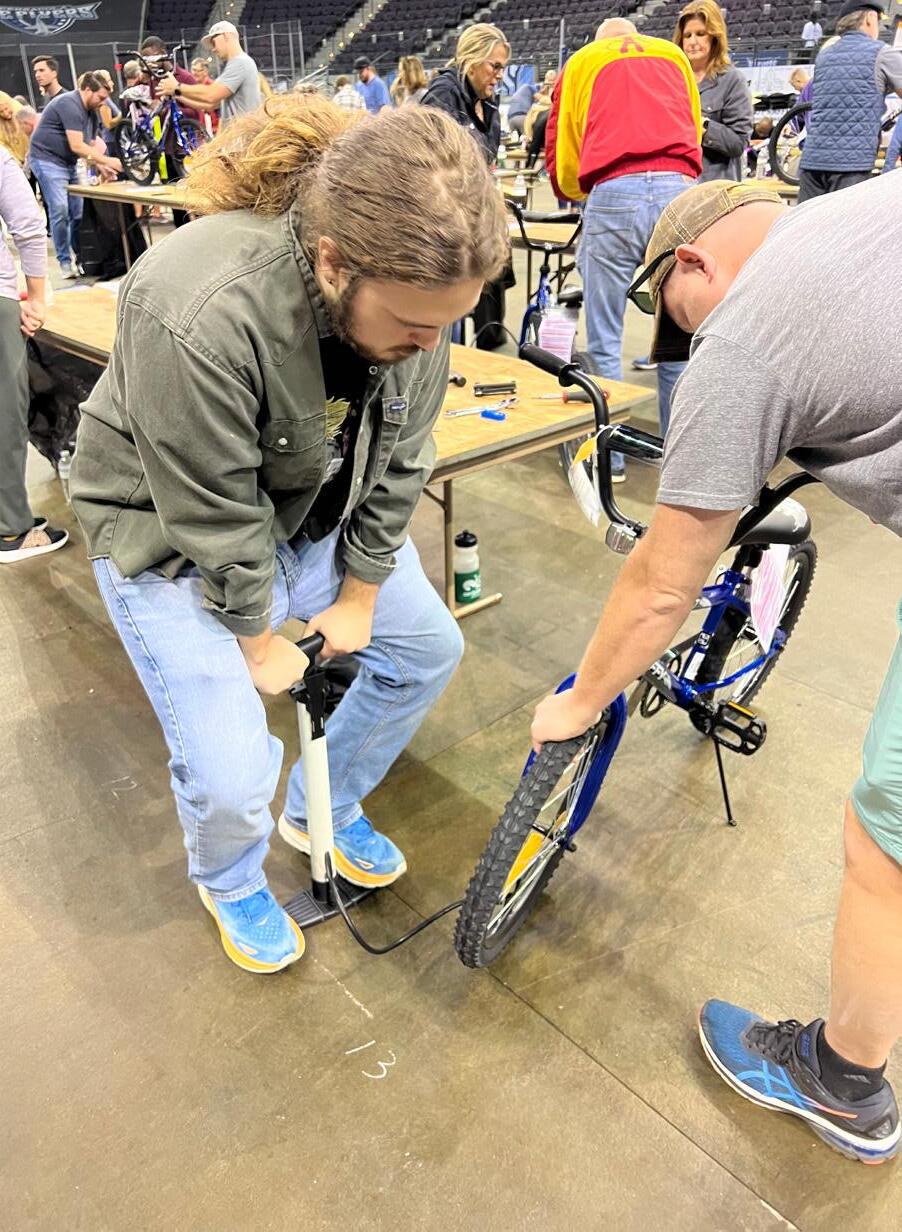
Tuesday, February 27. Dr. Stephanie Rose, UCA Addiction Studies Program Director and Assistant Professor for the Department of Health Sciences, provided the training. Over 60 students, faculty, and staff participated in the training, and all attendees received a Naloxone dispenser. In addition to the training and kit, attendees enjoyed a nacho bar from a local Mexican restaurant. Naloxone and nachos? A great way to prepare to serve our community.
University of North Texas
FUNDRAISER: The chapter partnered with Beth Maries, a local ice cream shop, to raise money for the purpose of benefiting current and incoming members. The funds provide free
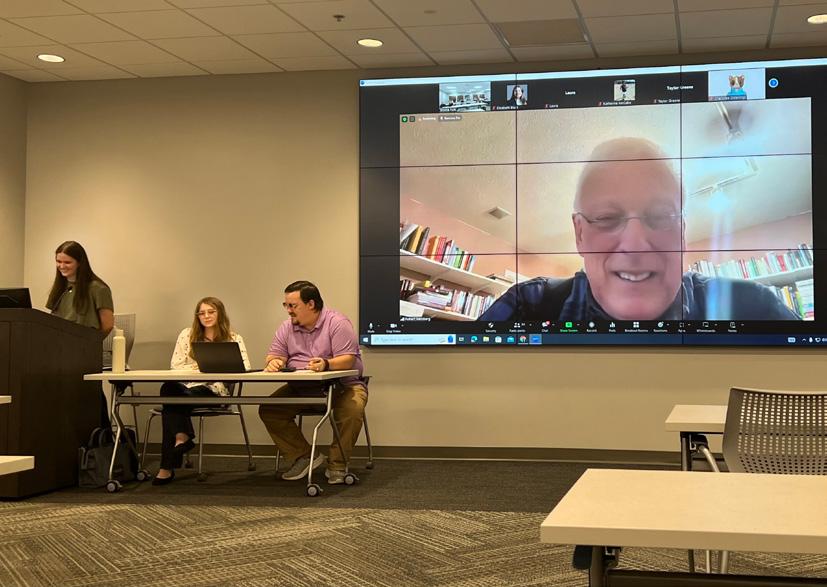
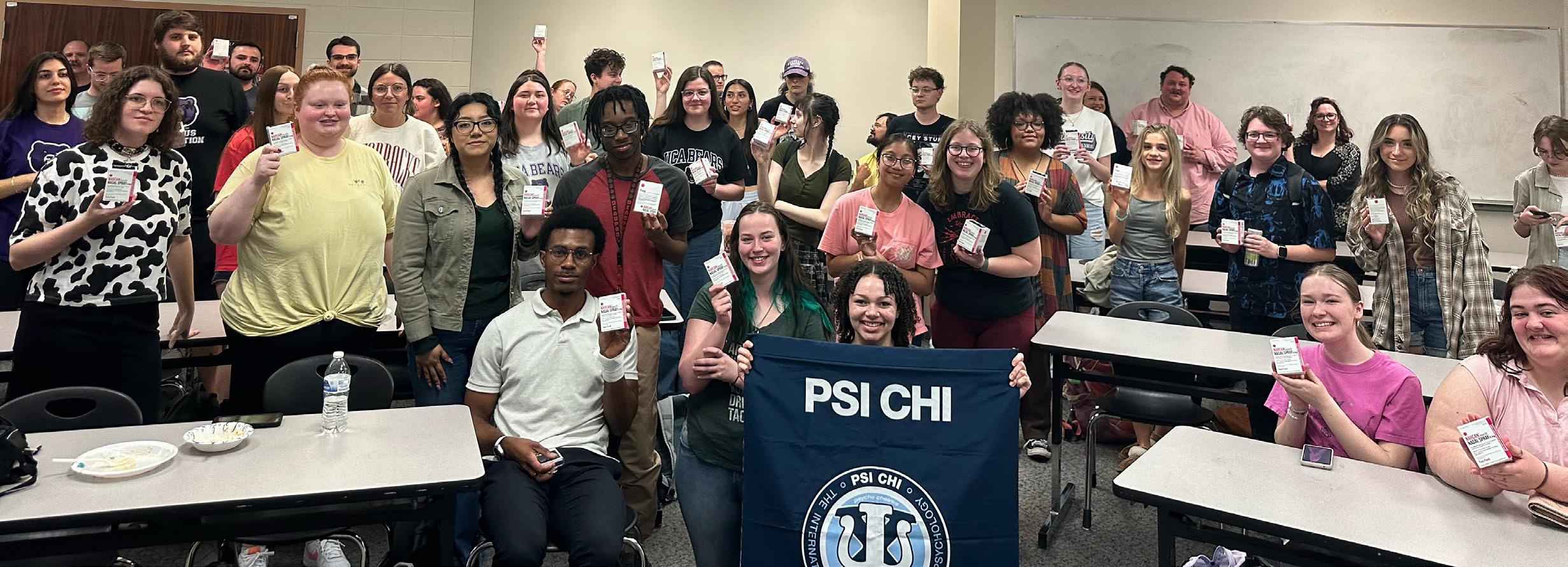
–––––––––––––––––––––––––––––––––––––––––––––––––––––––––––––––––––––––––––––––––––––––––––––––––––––––––––––––––––––––––––––––––––––––––––––––––––––––––––––––––––––––––––––––––––––––––––––––––––––––––––––––––––––––––––––––––––––––––––––––––––––––––––––––––––––––– CHAPTER ACTIVITIES
(Far Left) University of West Florida Psi Chi members and officers in psychology-themed costumes. Costumes left to right are: Erikson's identity versus role confusion, a prisoner from the Stanford prison experiment, and a Stroop task.
(Left) University of West Florida Psi Chi members building bikes for kids in need.
(Below right) University of West Florida Psi Chi officers facilitating a Zoom Q&A with Dr. Robert Sternberg.
(Below) University of Central Arkansas students, faculty, and staff showing their readiness to support persons in need.
43 SUMMER 2024 EYE ON PSI CHI COPYRIGHT © 2024 PSI CHI Return to table of contents
refreshments for induction ceremony dinners, prizes for contests, and other member-centered activities. The chapter has strived to set up a strong financial foundation for future years at the University of North Texas!
INDUCTION CEREMONY: The chapter held its fall induction ceremony at Mr. Chopsticks, a well-known local restaurant in Denton, TX, on December 5, 2023. Here, the chapter awarded membership to 60 inductees—13 more than the prior year! The chapter provided complimentary appetizers and drinks as the new members celebrated their new lifetime membership.
SOCIAL EVENT: The chapter has held a social event every semester since fall 2021. The chapter has hosted an outdoor movie night, murder mystery game, disco party, and several other social events that are open to the entire student body! The chapter has established a Special Activities Committee to enlist the ideas and help of prospective and active Psi Chi members alike. The committee works together to create the event, apply for funding, and advertise the event. The chapter has seen a lot of positive exposure with the student body and regularly sees large turnouts.
WEST
University California, Riverside CONVENTION/CONFERENCE: The chapter hosted its 5th Annual Fall Lab Fair! A total of 17 research labs attended and tabled the event. There were 125 attendees. Students had the opportunity to meet and speak with faculty from psychology and neuroscience labs available at UC Riverside. Attendees learned about the research being conducted at each lab and the process of becoming involved as a research assistant. This event was put together by Fall Lab Fair director,
Misah Edwards, with the assistance of committee members.
MEETING/SPEAKER EVENT: Dr. John Pellitteri spoke to Psi Chi members on running a private practice. The highlight of the event was a fascinating demonstration of neurofeedback therapy. The chapter’s Director of Events and Outreach volunteered as a subject for the demonstration. It was an inspiring and informative meeting that left everyone captivated.
SOCIAL EVENT: Trivia Night! The first social of the winter quarter! Psi Chi members engaged in a friendly competition of trivia. The room filled
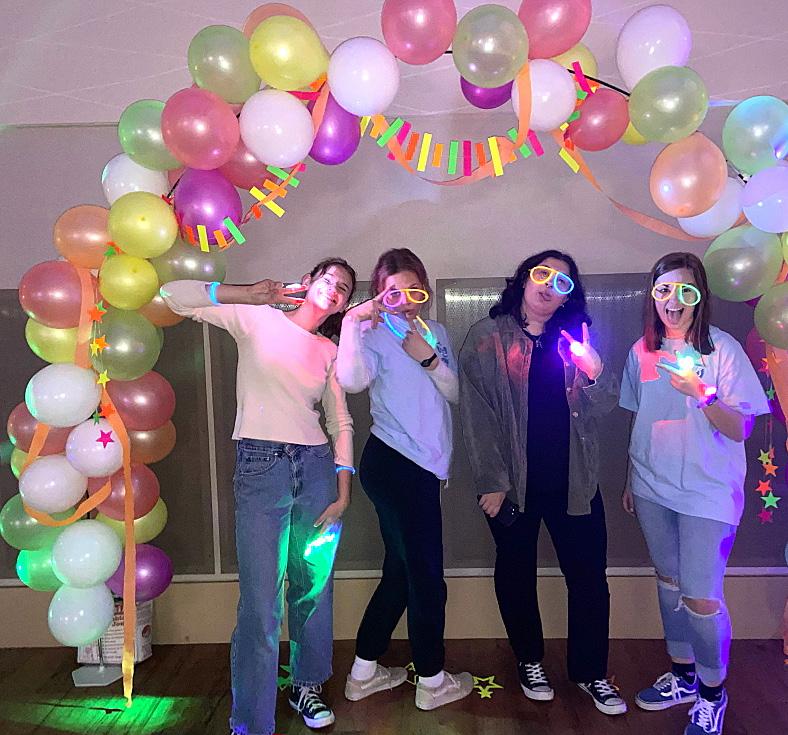
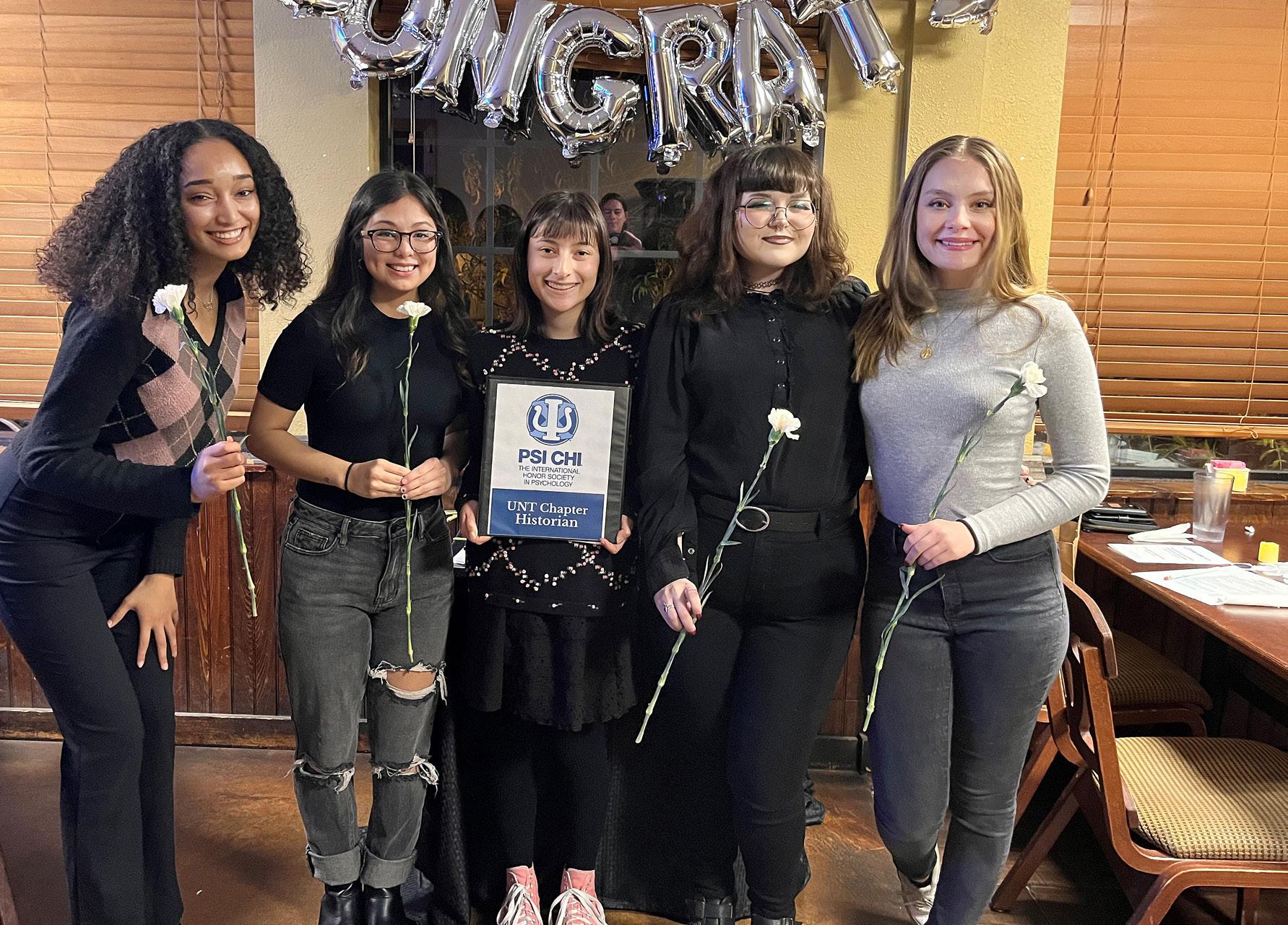
organization.
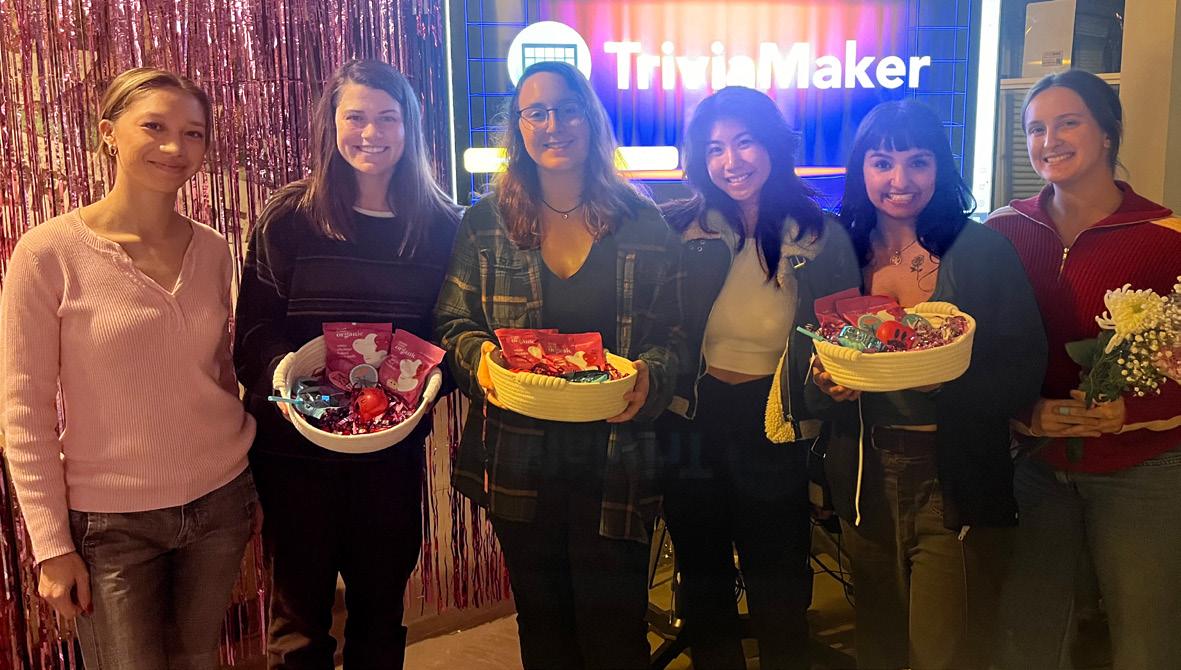
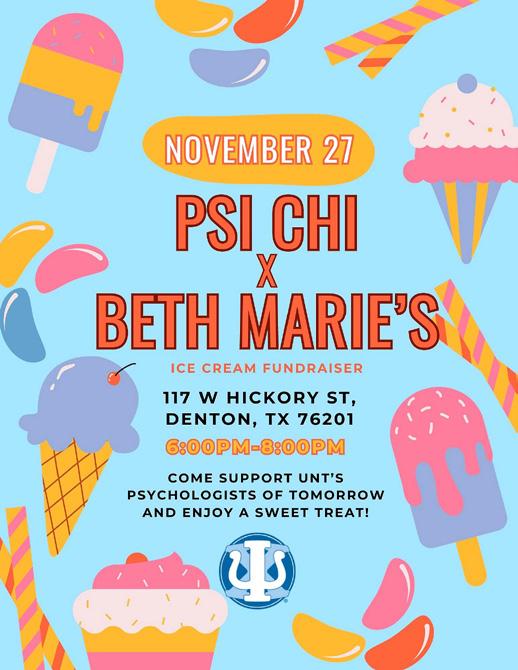
CHAPTER ACTIVITIES –––––––––––––––––––––––––––––––––––––––––––––––––––––––––––––––––––––––––––––––––––––––––––––––––––––––––––––––––––––––––––––––––––––––––––––––––––––––––––––––––––––––––––––––––––––––––––––––––––––––––––––––––––––––––––––––––––––––––––––––––––––––––––––––––––––––
44 EYE ON PSI CHI SUMMER 2024 COPYRIGHT © 2024 PSI CHI Return to table of contents
with laughter and shouts as teams put their knowledge to the test and answered a variety of questions. The winning team of the social earned a prize of delicious snacks.
University California, Santa Barbra COMMUNITY SERVICE: This Valentine’s Day, the chapter volunteered at the local YMCA for a trivia night with community children. They built flower bouquets and made gift baskets for the winners!
University California, San Diego RECRUITMENT: The chapter hosted a recruitment bonfire at La Jolla Shores
Beach on October 7. New, prospective, and returning members mingled during volleyball matches and dips in the ocean, returning to the designated tables only to slake their thirst on the snacks and refreshments provided. After watching the sun set, attendees huddled together and enjoyed marshmallows over cups of hot chocolate. A display of fire dancing provided by one of the chapter’s very own ended the night.
MEETING/SPEAKER EVENT: UCSD
Distinguished Professor John Wixted was the featured speaker of the chapter’s January 25 Professor Spotlight, “A Future in Forensic Psychology.” Briefly
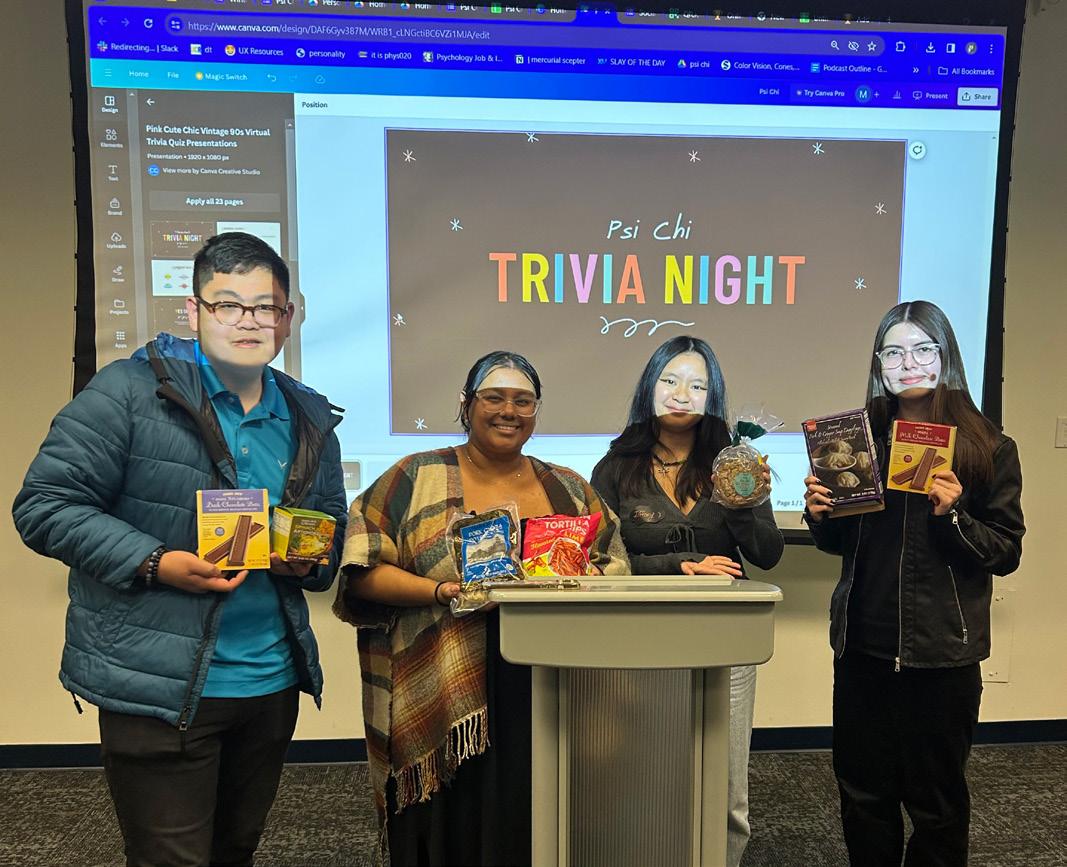
mentioning his background as an academic, Dr. Wixted spent most of the hour explaining his ongoing research pertaining to the reliability of eyewitness testimony in courtrooms. Similar to how a police officer would collect material evidence immediately after a crime (and not months or even years later), he said memory works in a similar way: Statements collected immediately after the crime are reliable, while those made during a trial are contaminated by the passing of time.
SOCIAL EVENT: The first Saturday of February saw the chapter’s annual visit to Little Italy’s street market, just north
of Downtown San Diego. Members met at the campus trolley station. Attendees enjoyed the copious panini and flowers offered by vendors, and met together to return home after posing for a lively photograph under the Little Italy Station sign.
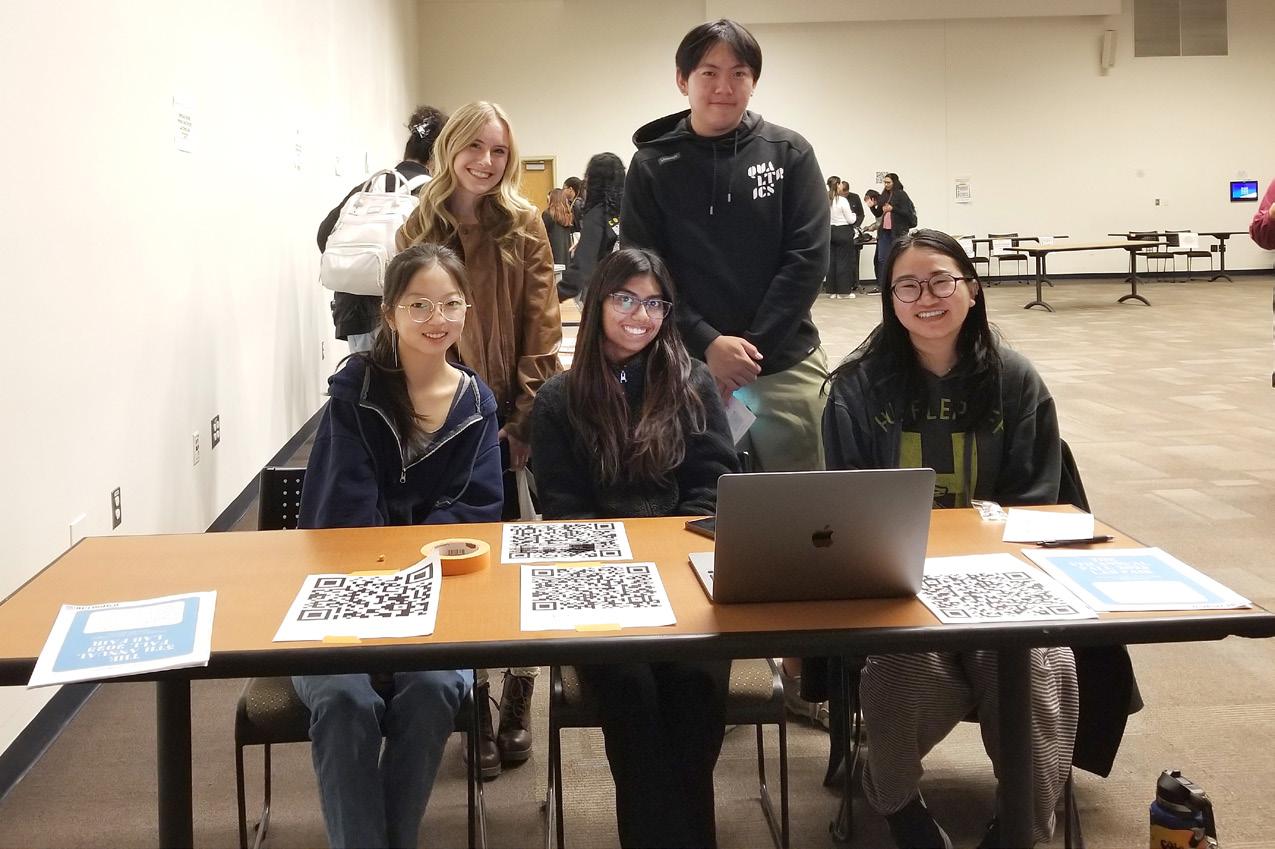
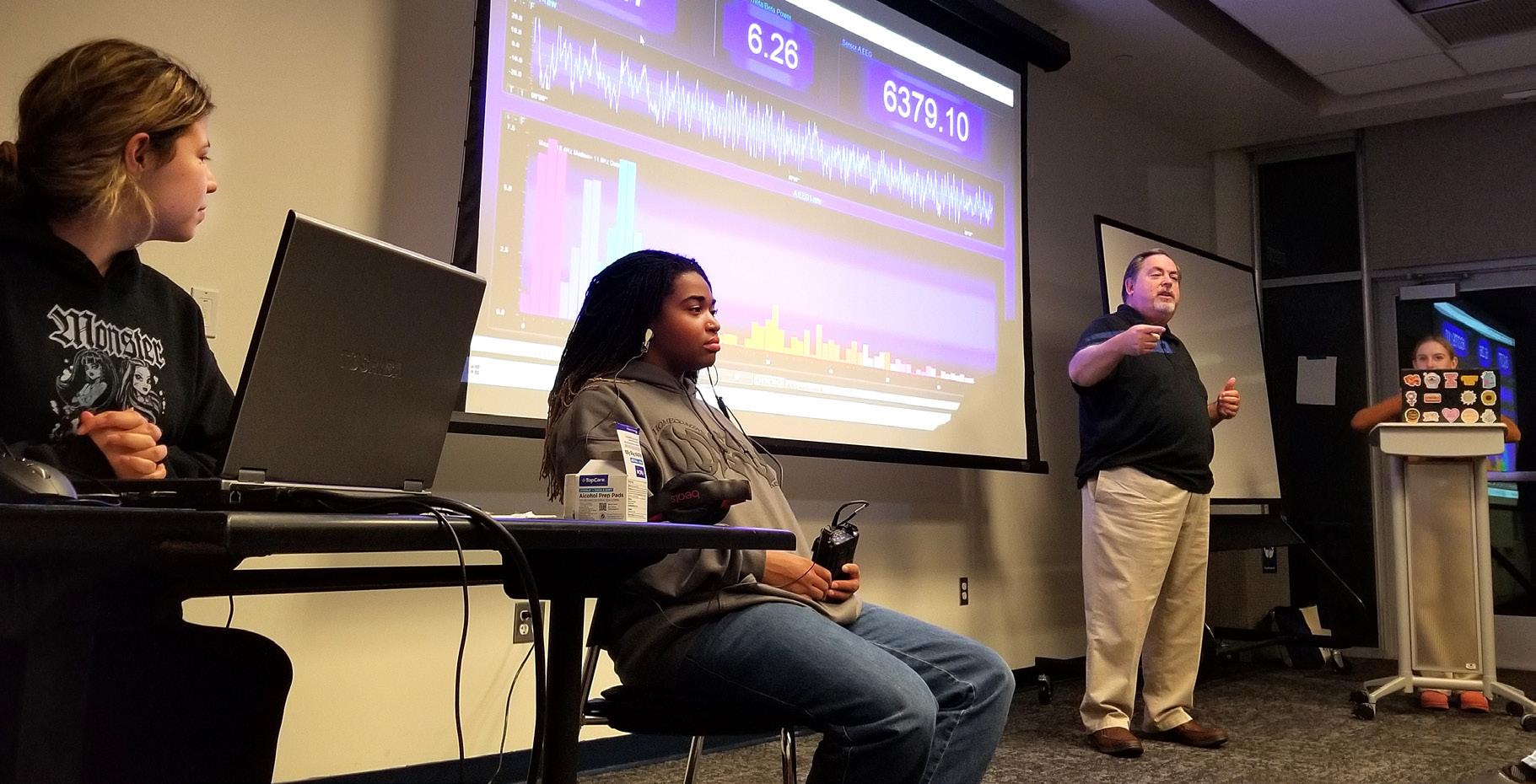
–––––––––––––––––––––––––––––––––––––––––––––––––––––––––––––––––––––––––––––––––––––––––––––––––––––––––––––––––––––––––––––––––––––––––––––––––––––––––––––––––––––––––––––––––––––––––––––––––––––––––––––––––––––––––––––––––––––––––––––––––––––––––––––––––––––––– CHAPTER ACTIVITIES
(Far left) University California, Riverside’s Trivia Night Winter Social.
(Left) University California, Riverside’s Fall Lab Fair.
(Below) University California, Riverside Chapter’s Neurofeedback Fall General Meeting.
45 SUMMER 2024 EYE ON PSI CHI COPYRIGHT © 2024 PSI CHI Return to table of contents



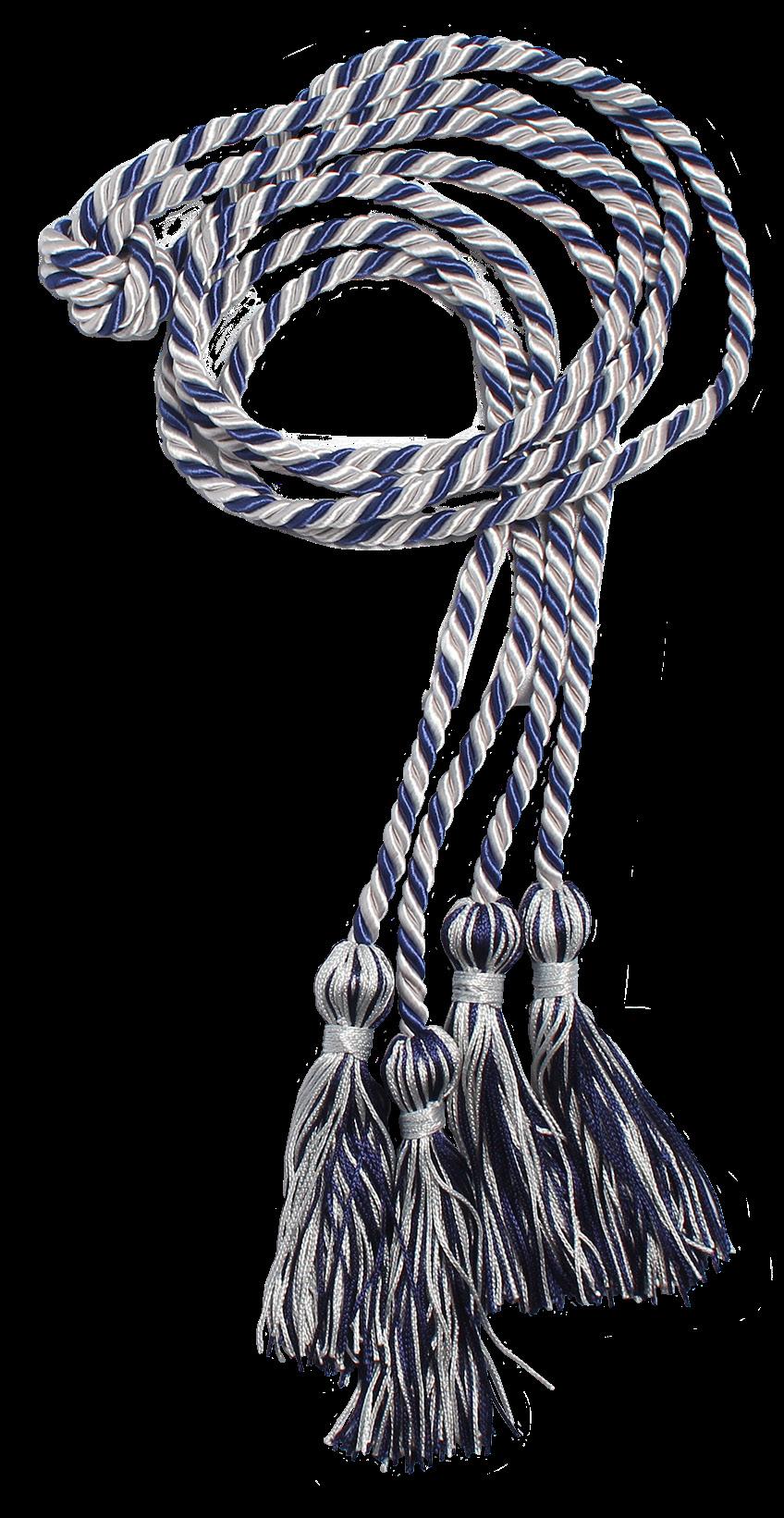


Return to table of contents Follow our social account for sales and special discount codes Shop at Store.PsiChi.org Honor Your Academic Achievements!
look your best at your graduation ceremony with official Psi Chi Graduation Regalia. Choose from honor cords, stoles, medallions, lapel pins, and Item images are not actual size or proportion.
Seniors,










































 ADVERTISEMENT
ADVERTISEMENT































 Colorado State University, Pueblo Psi Chi members (Carlos, Emily, Sofia, and Nicky) standing around Virginia Lusker (president) in an authentic straight jacket.
Colorado State University, Pueblo Psi Chi members (Carlos, Emily, Sofia, and Nicky) standing around Virginia Lusker (president) in an authentic straight jacket.



















